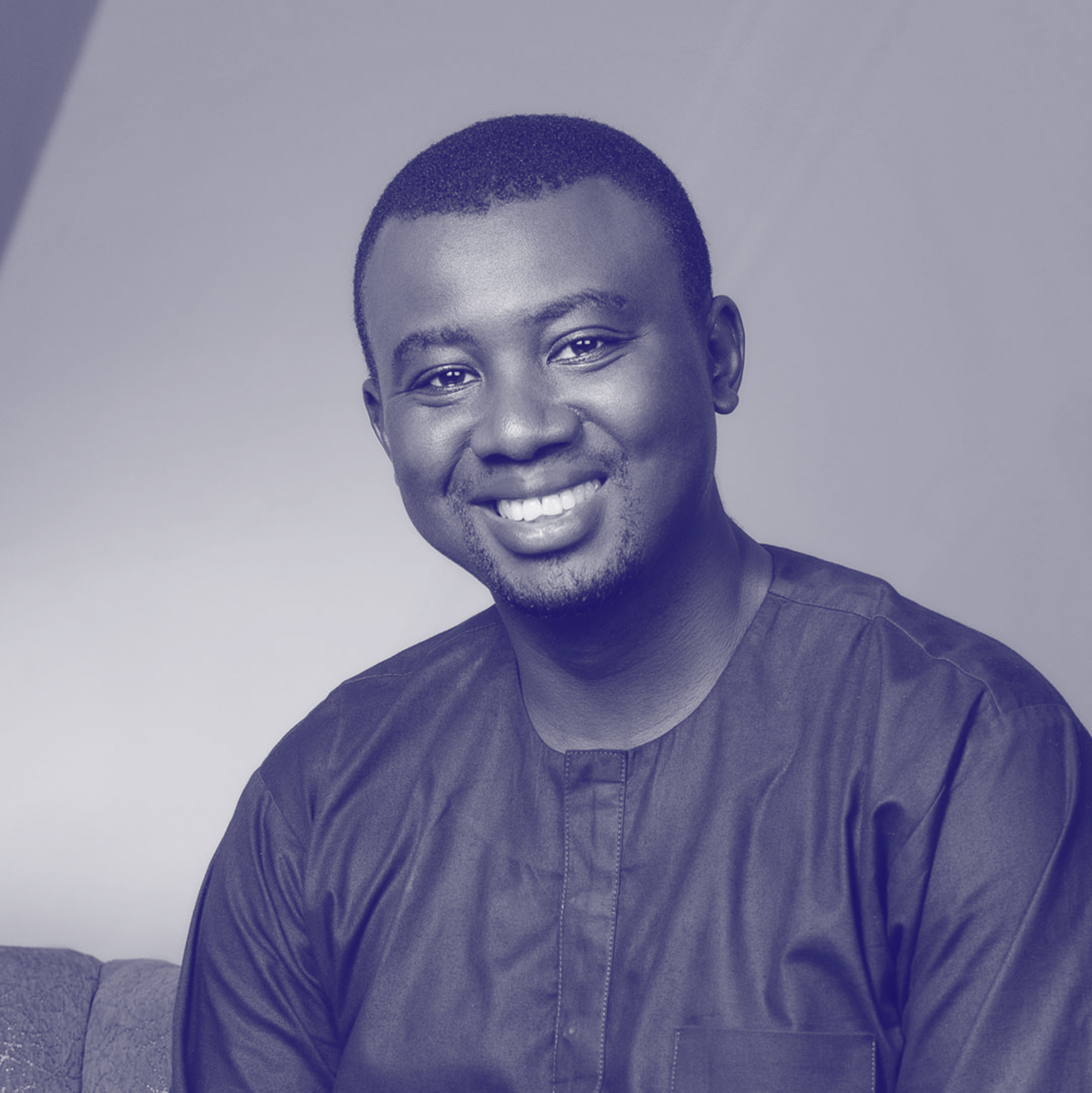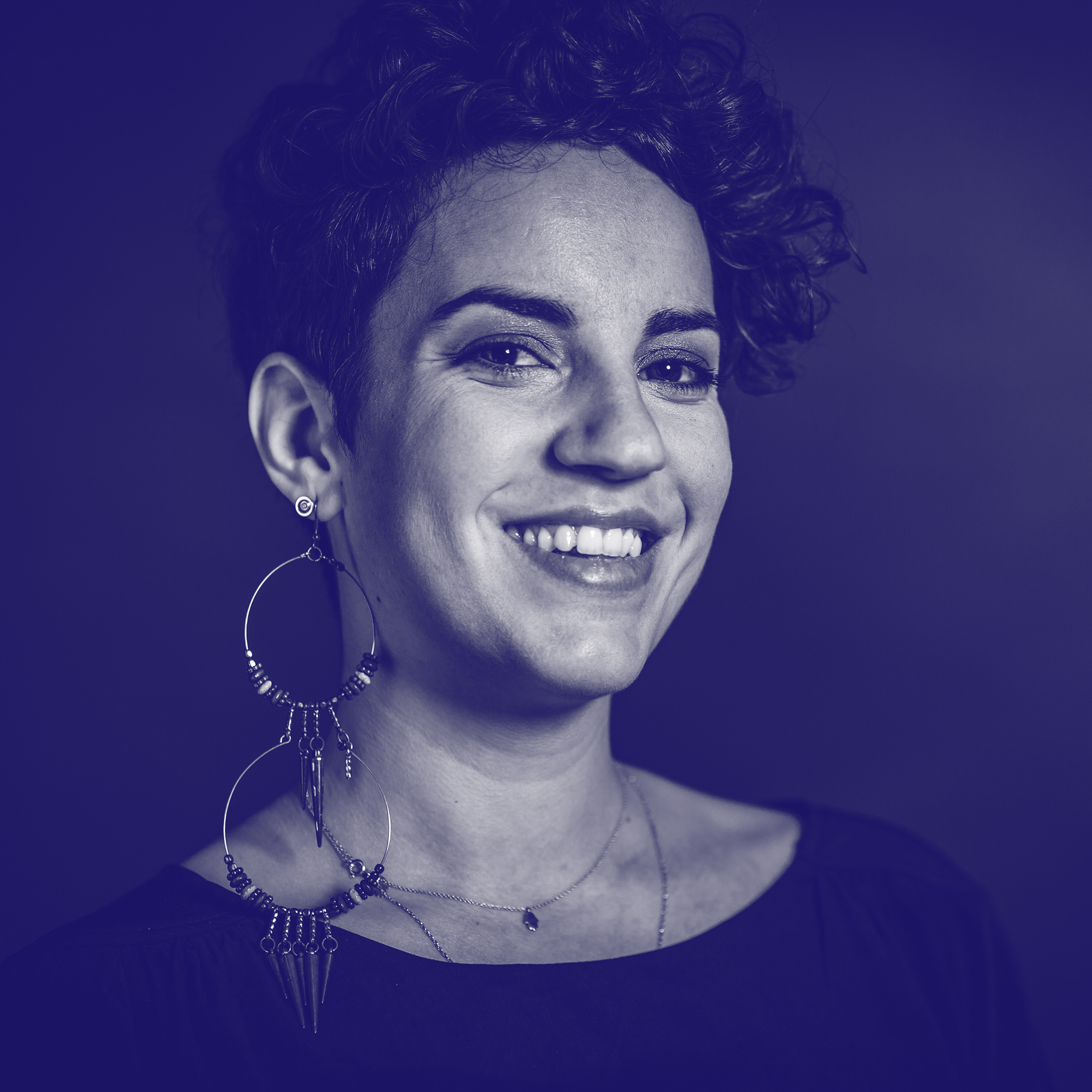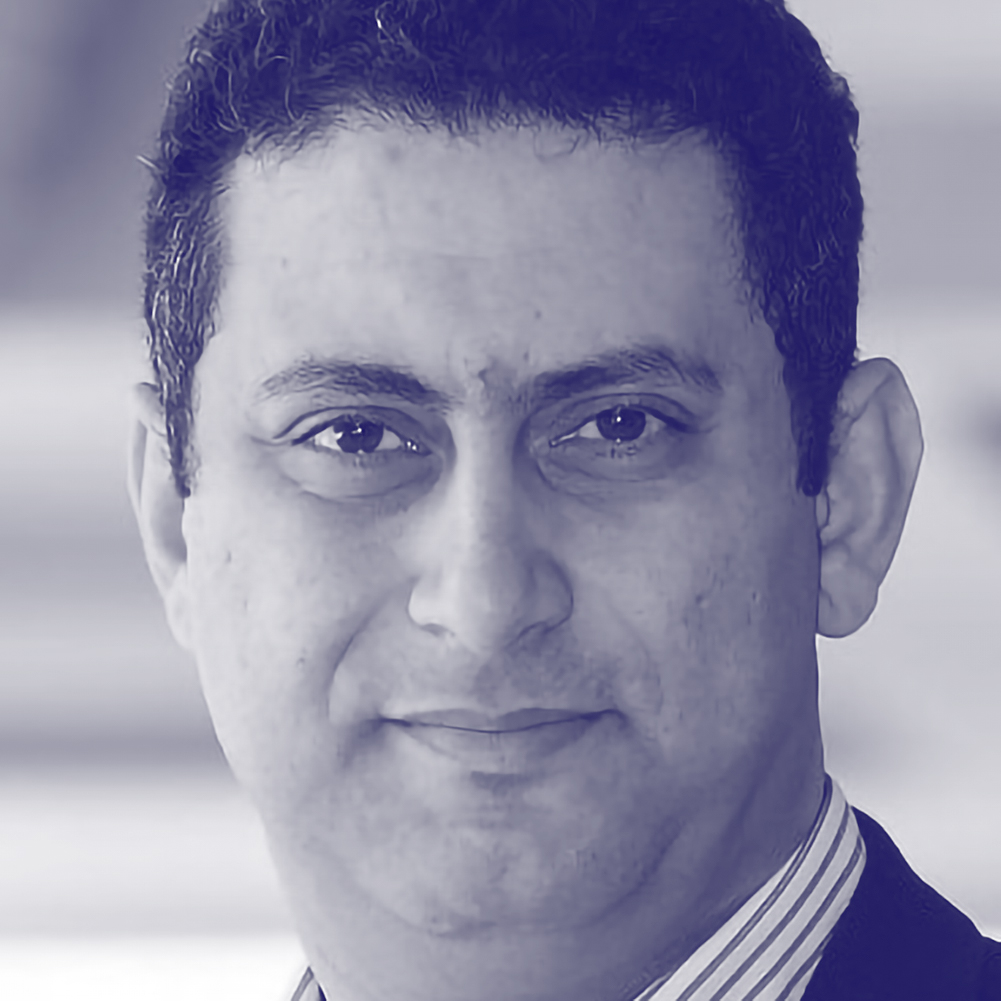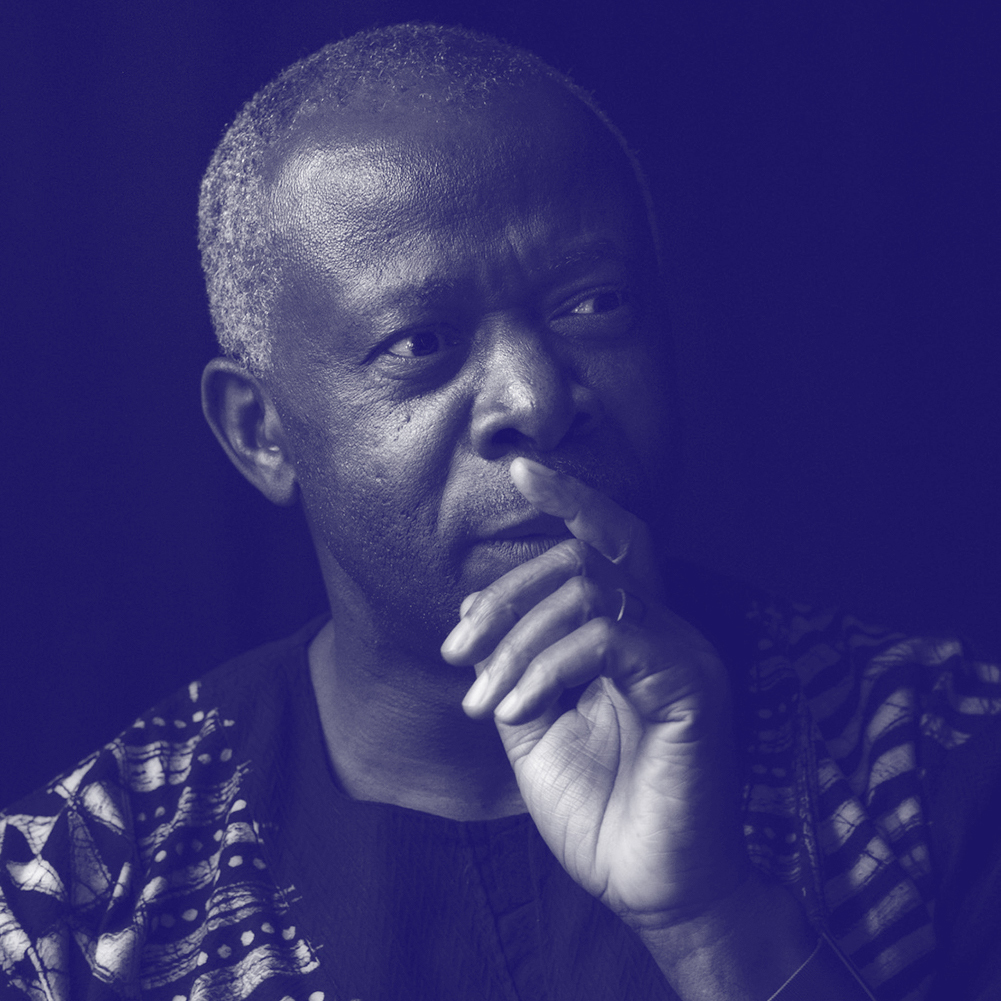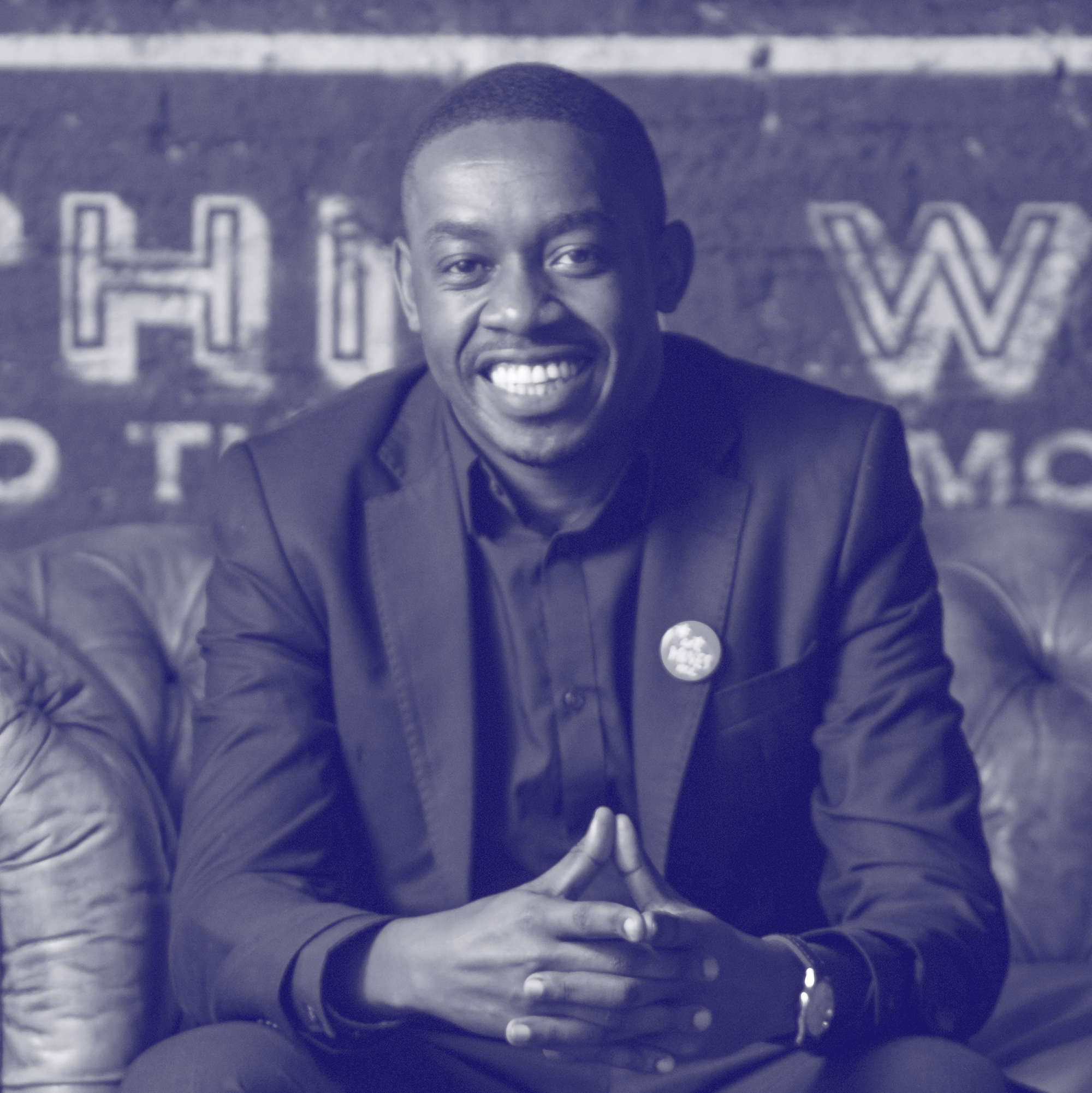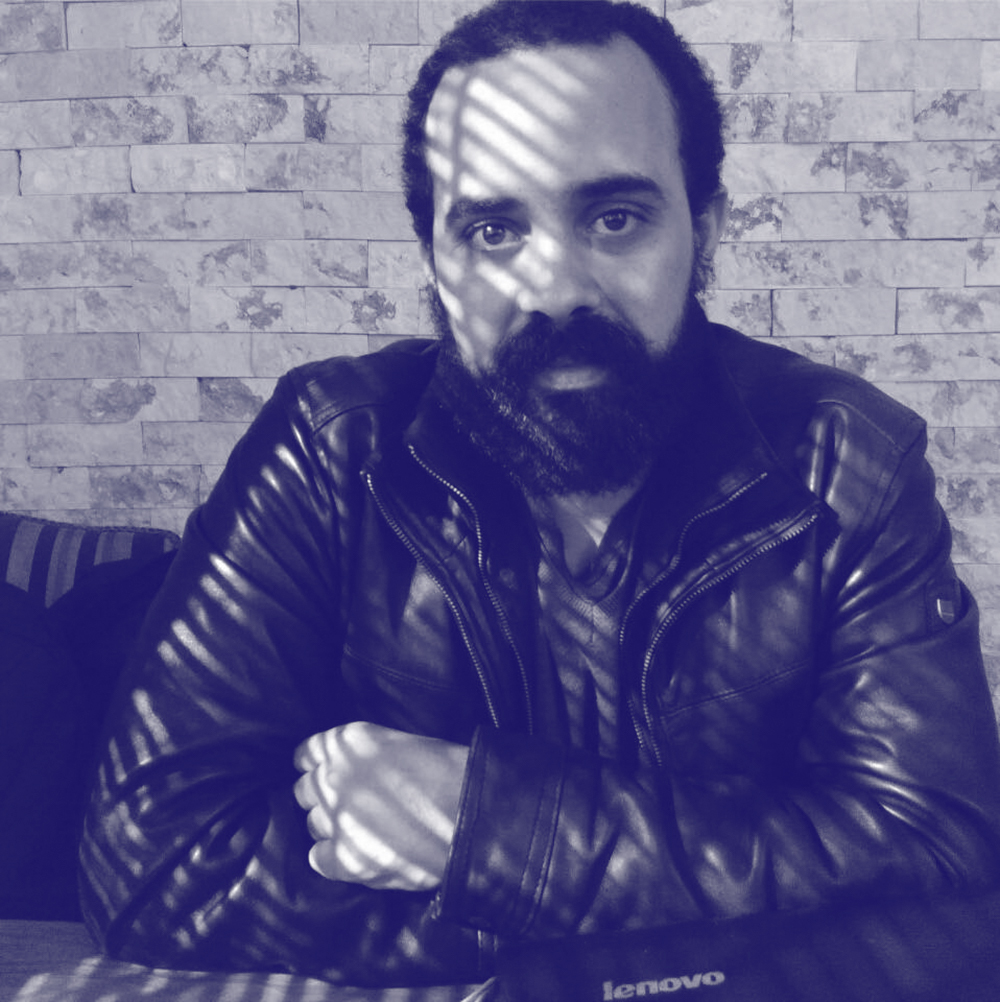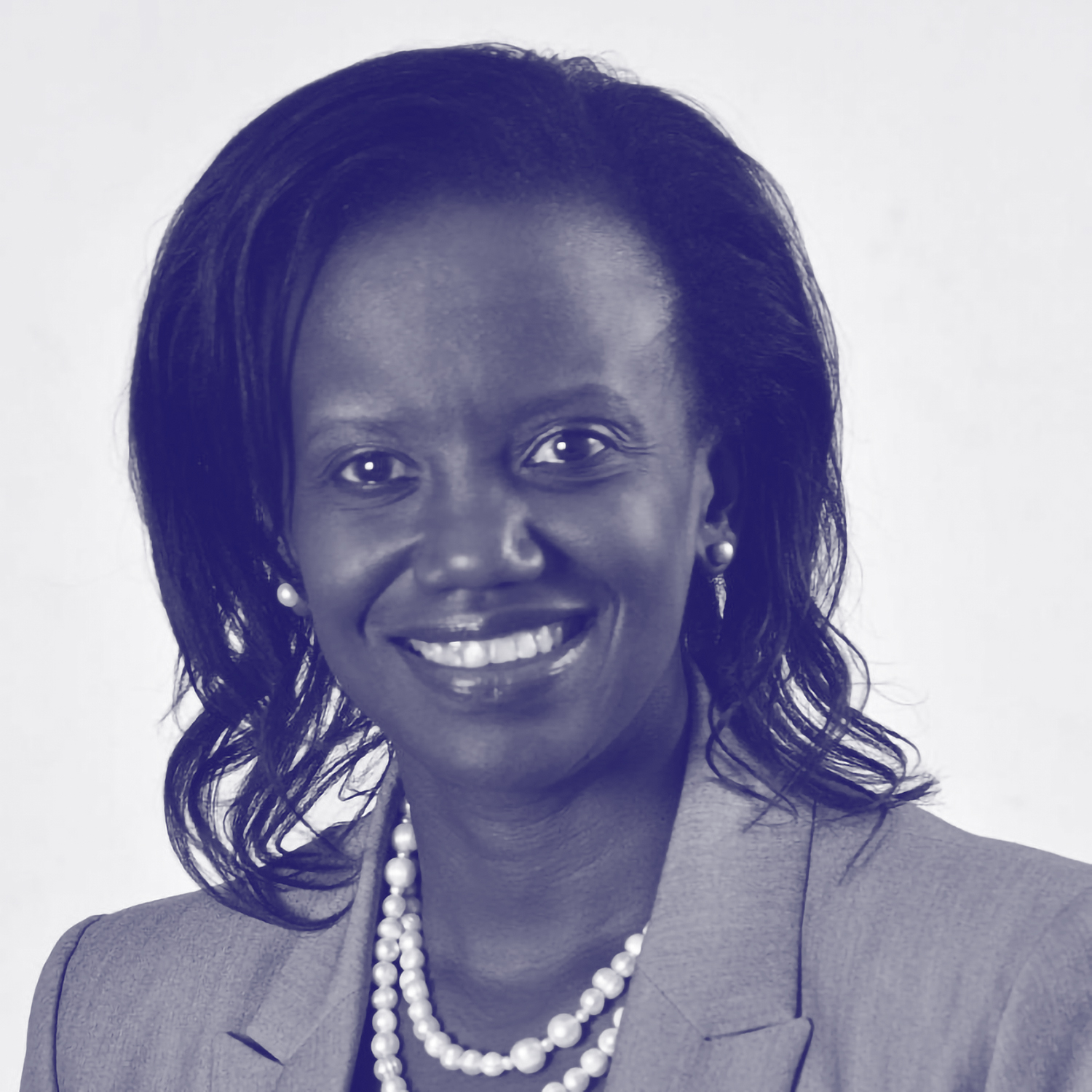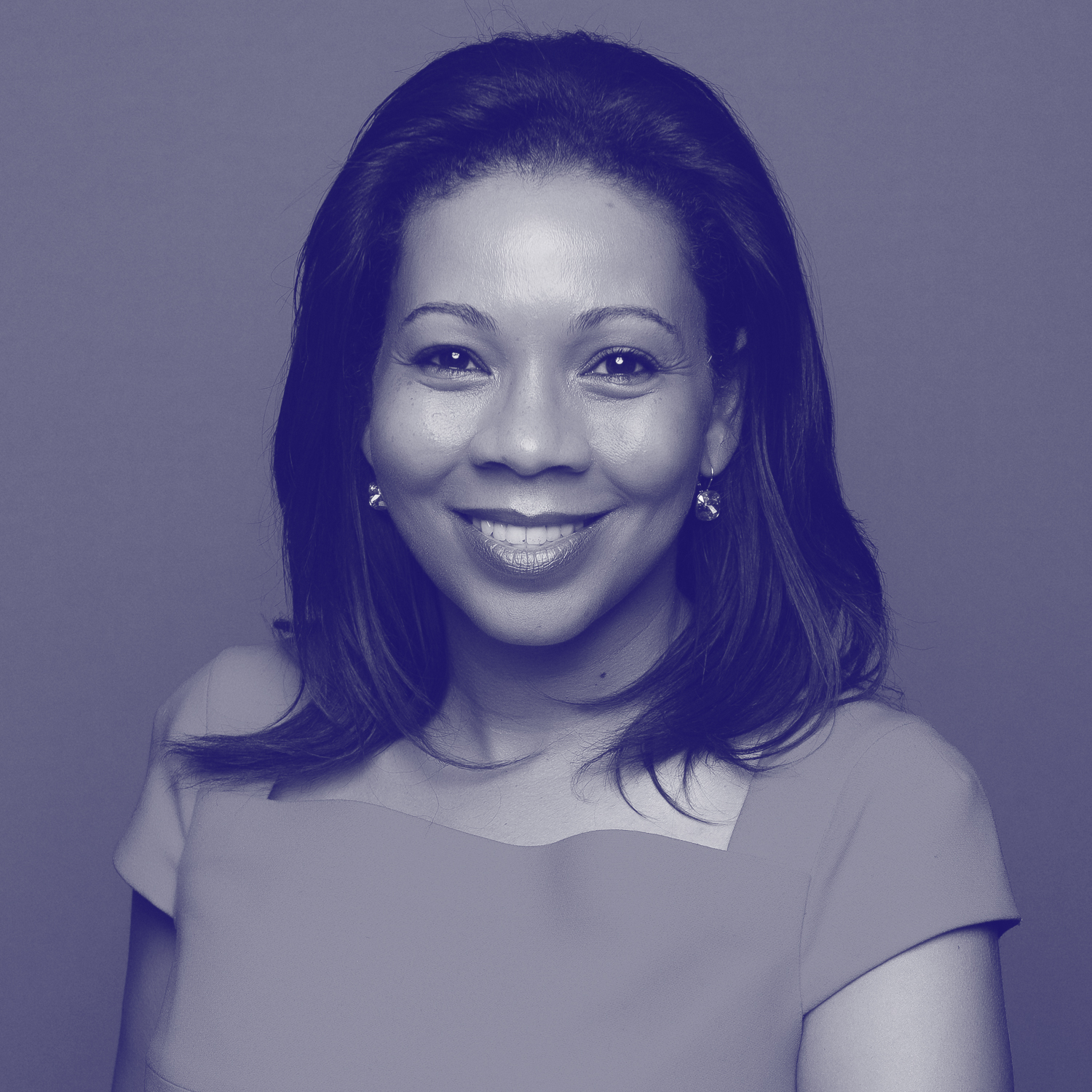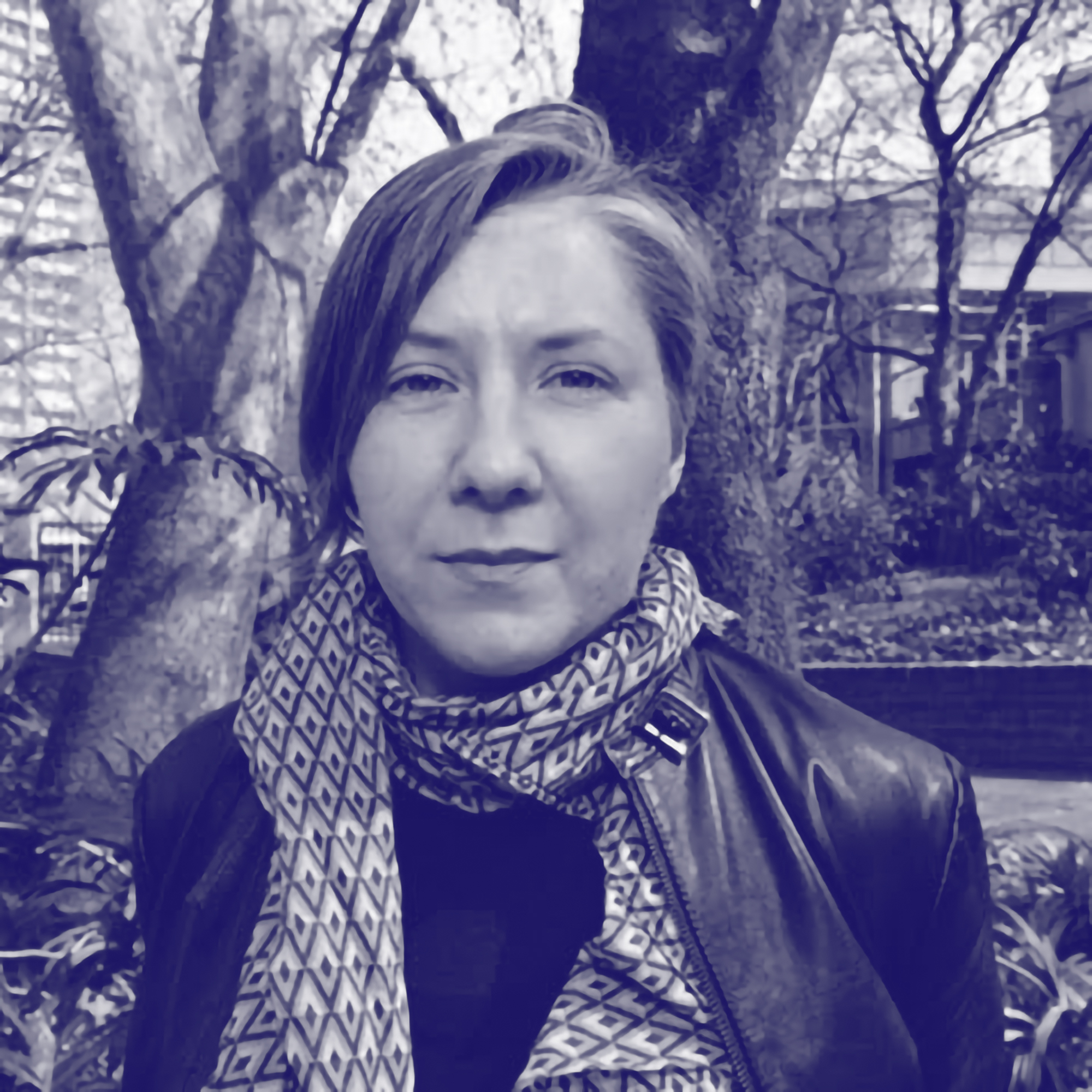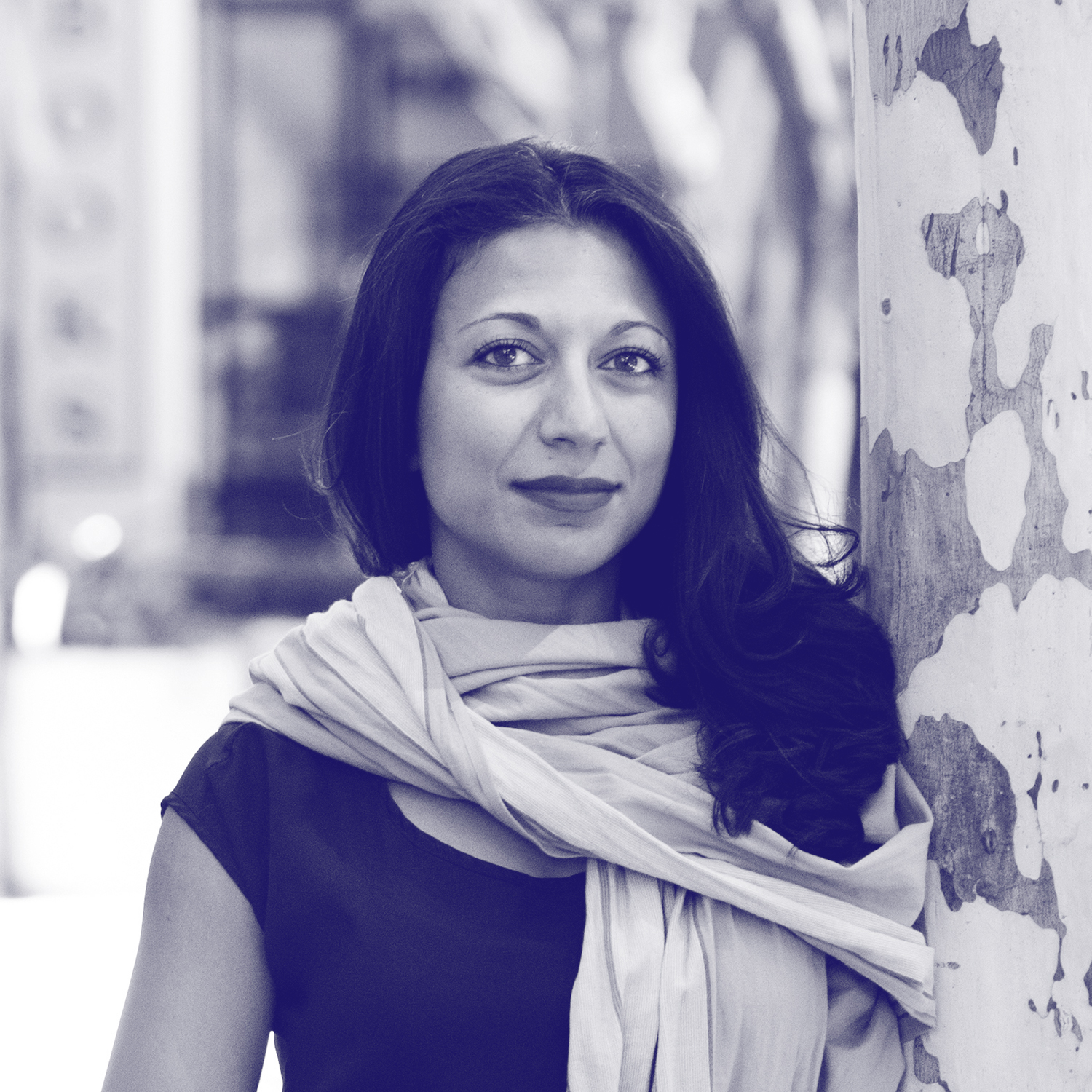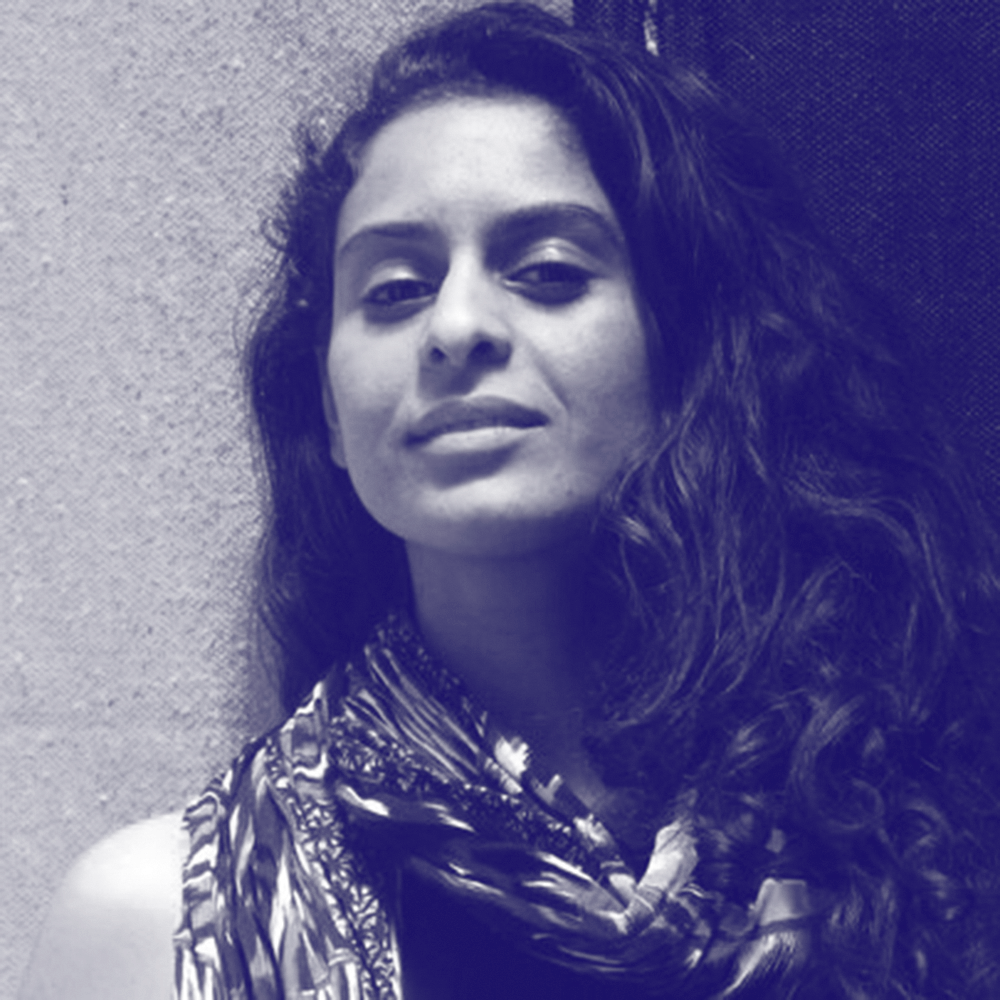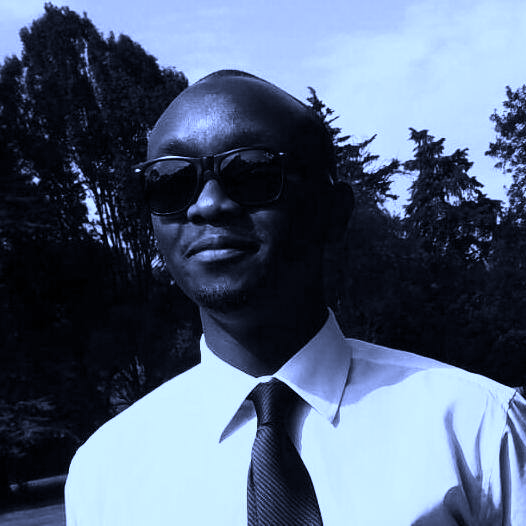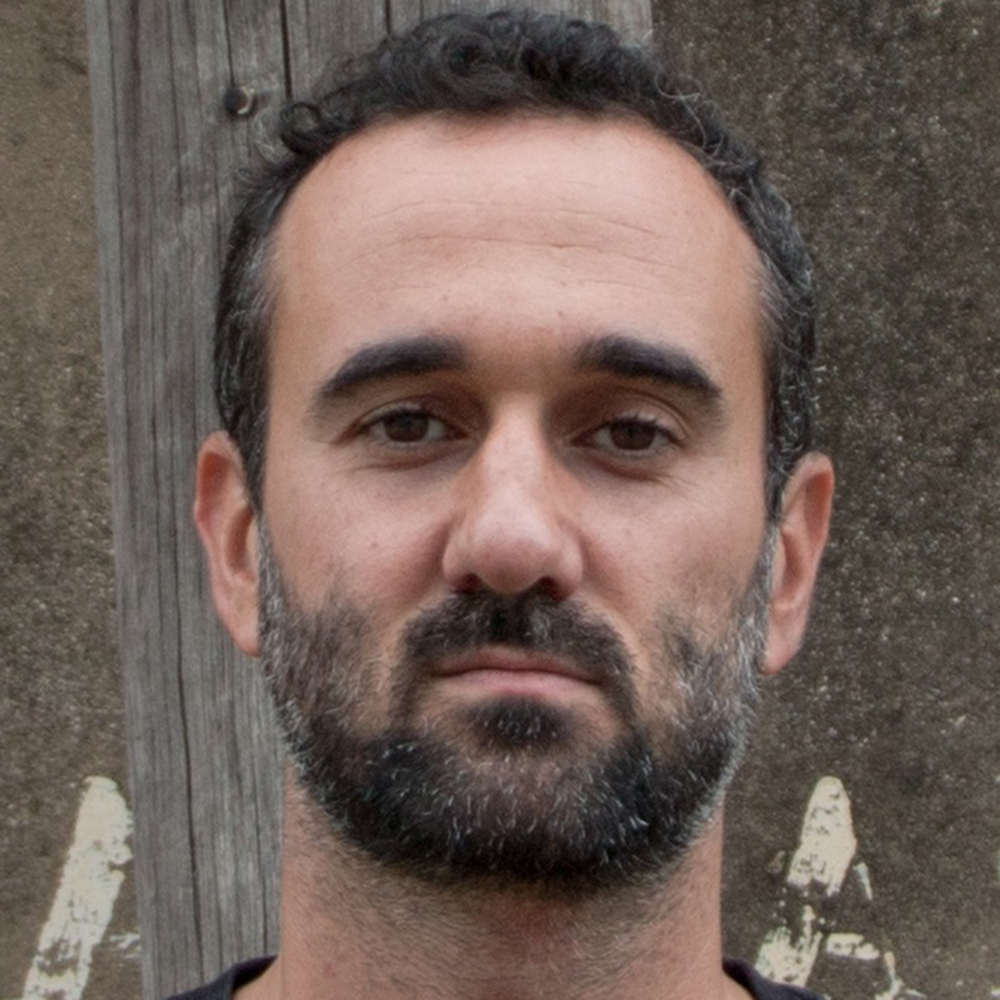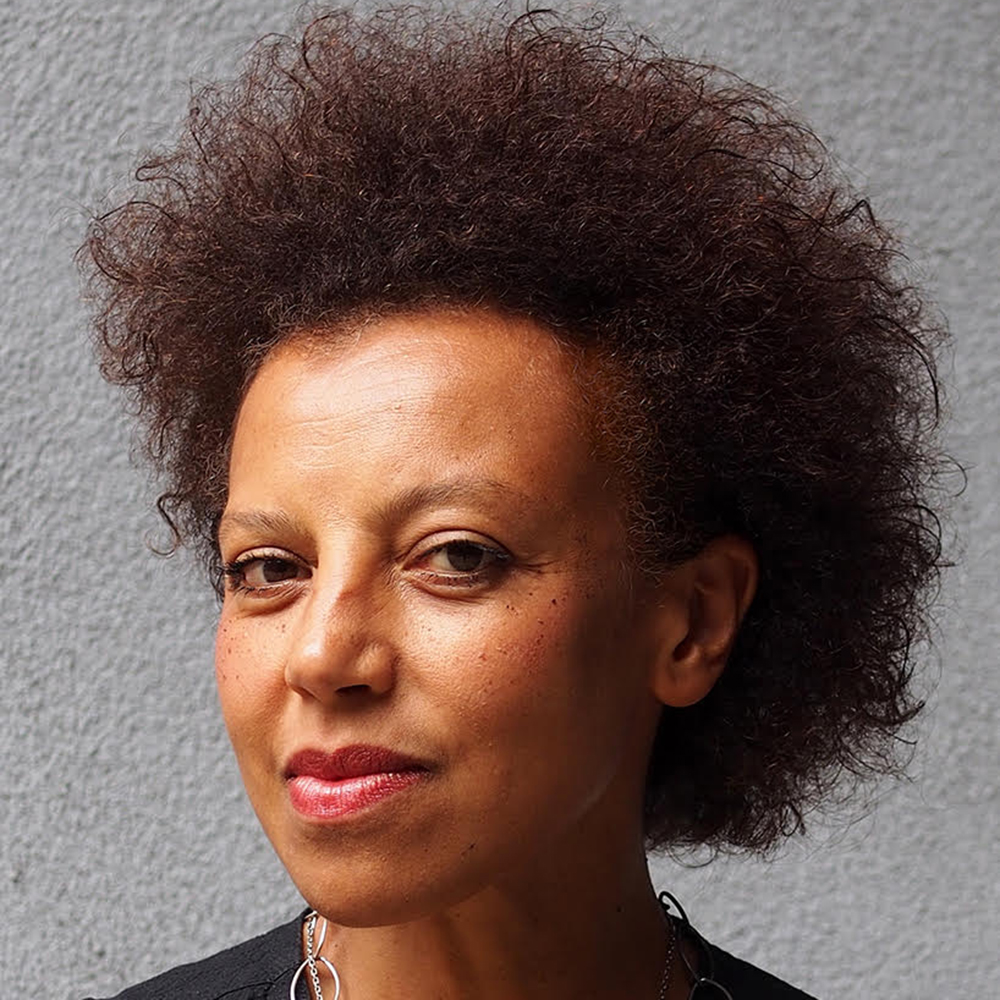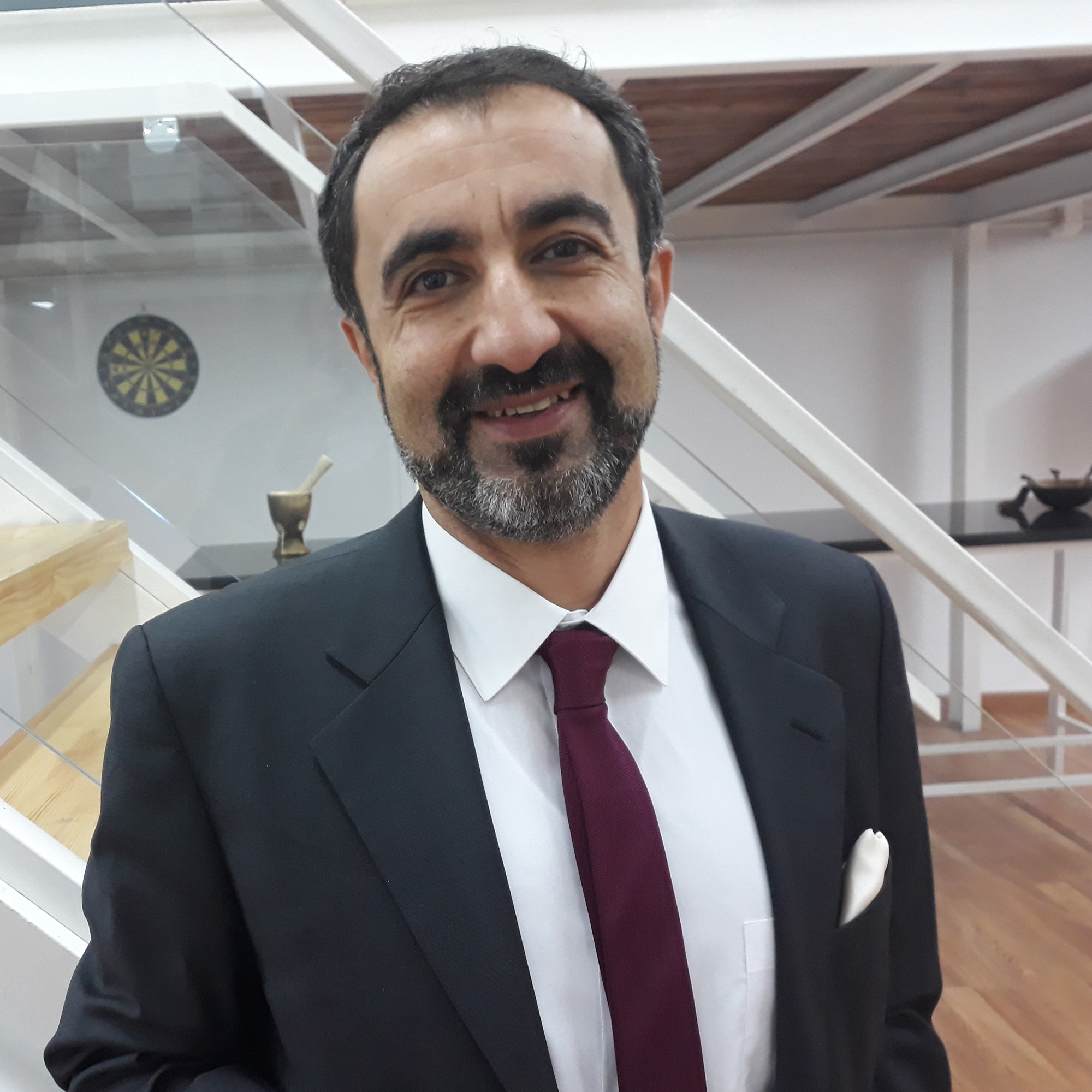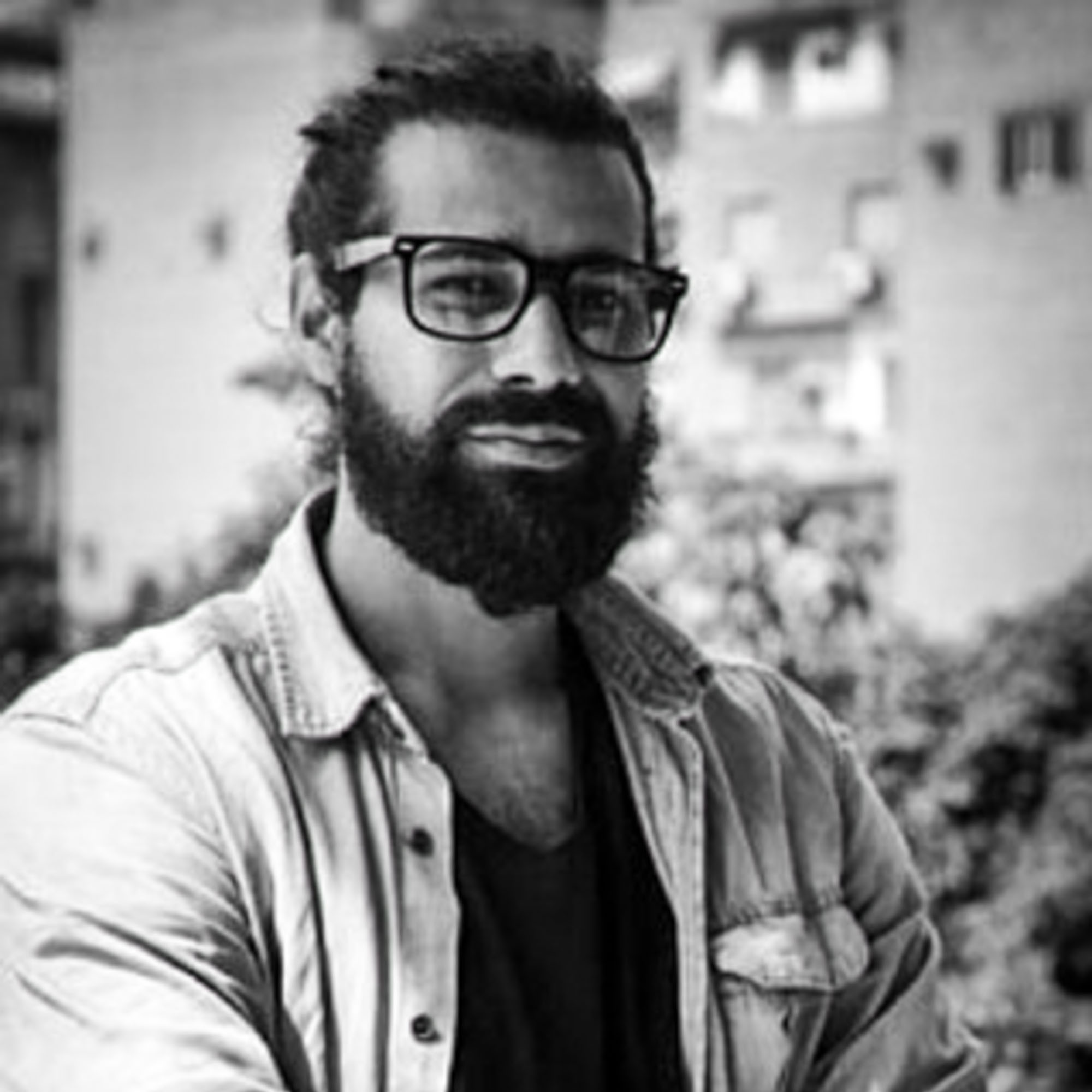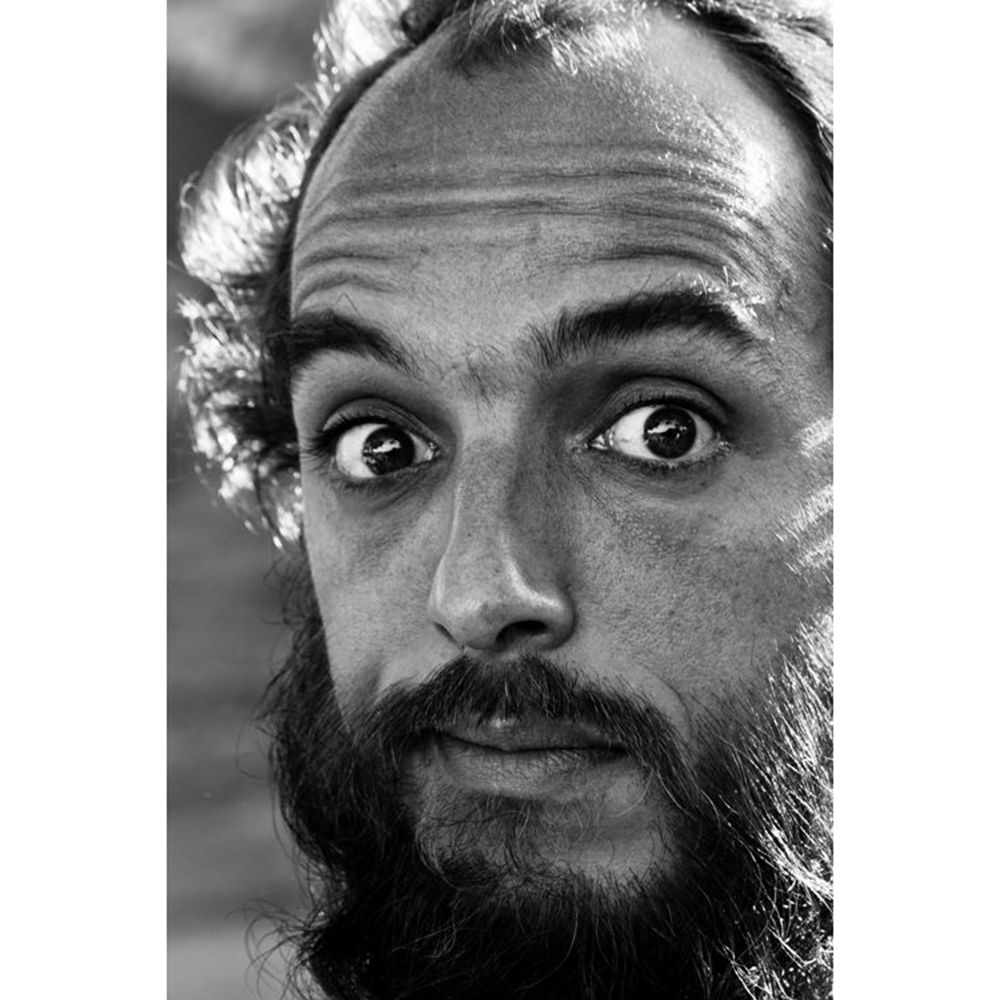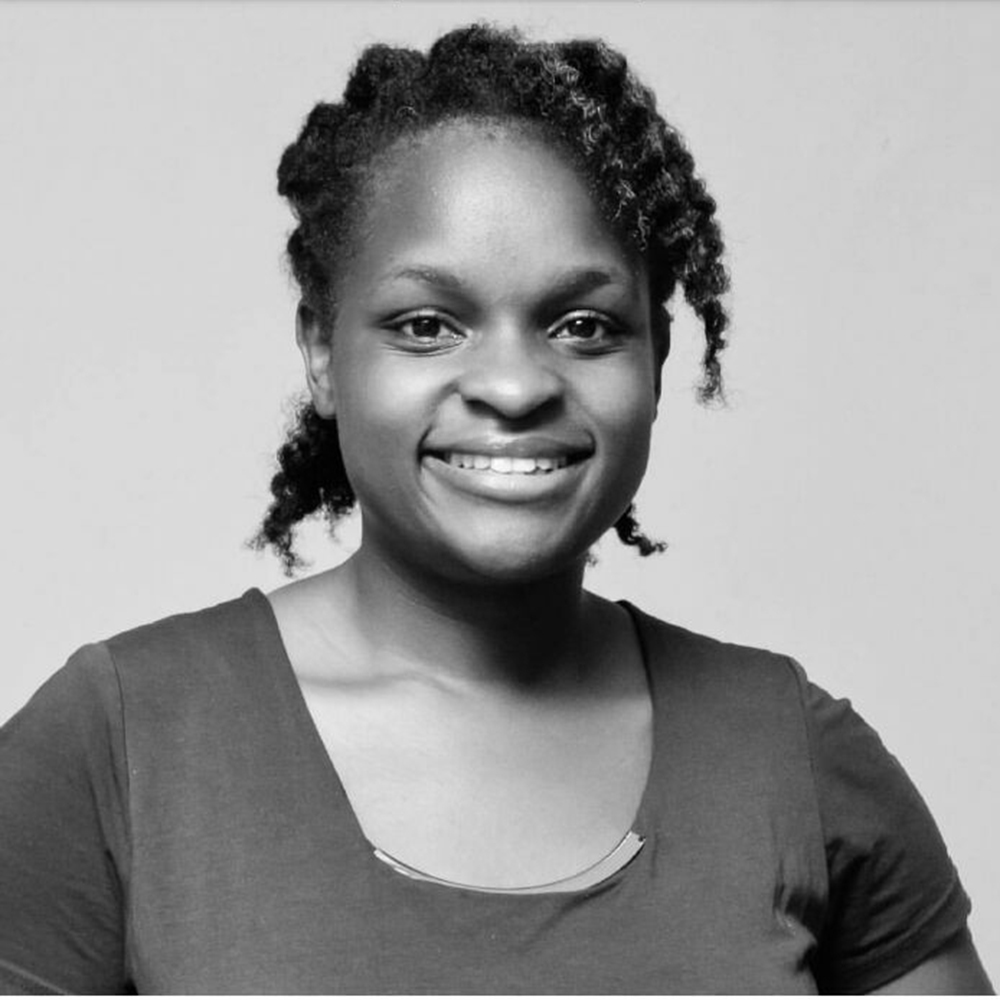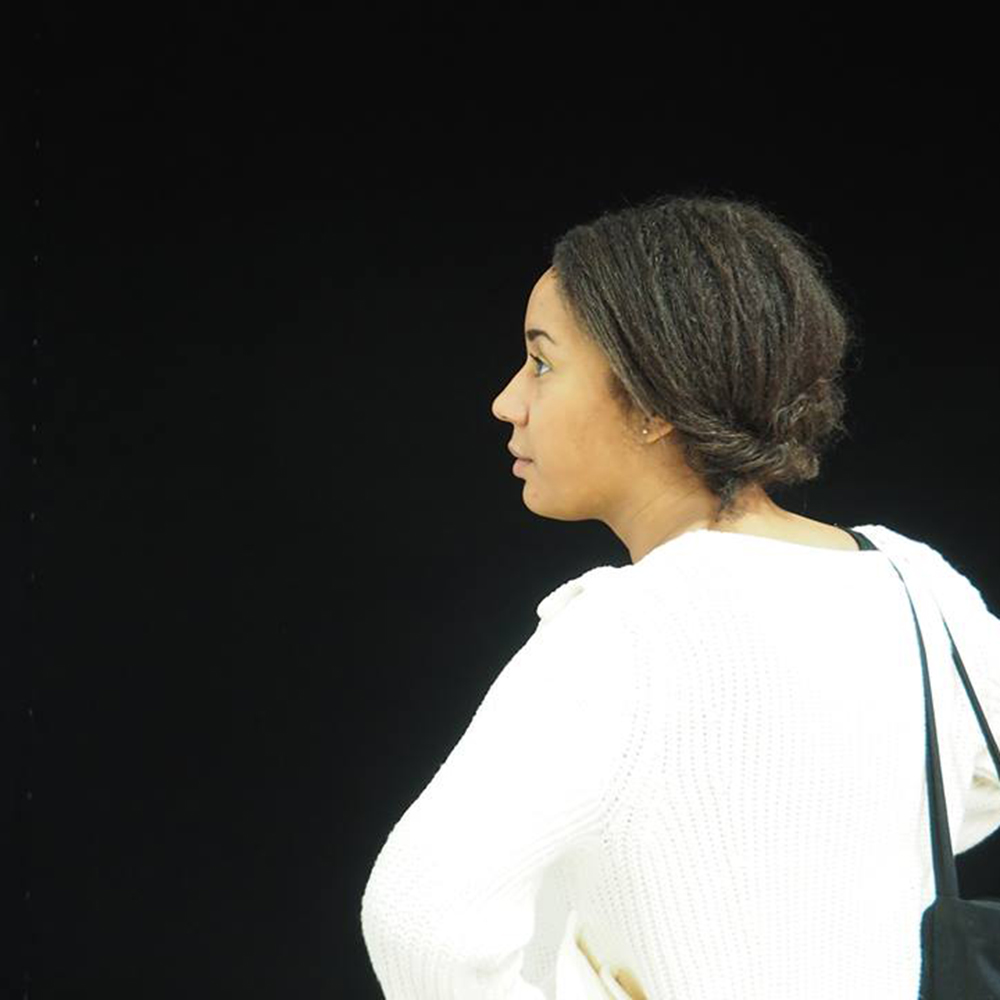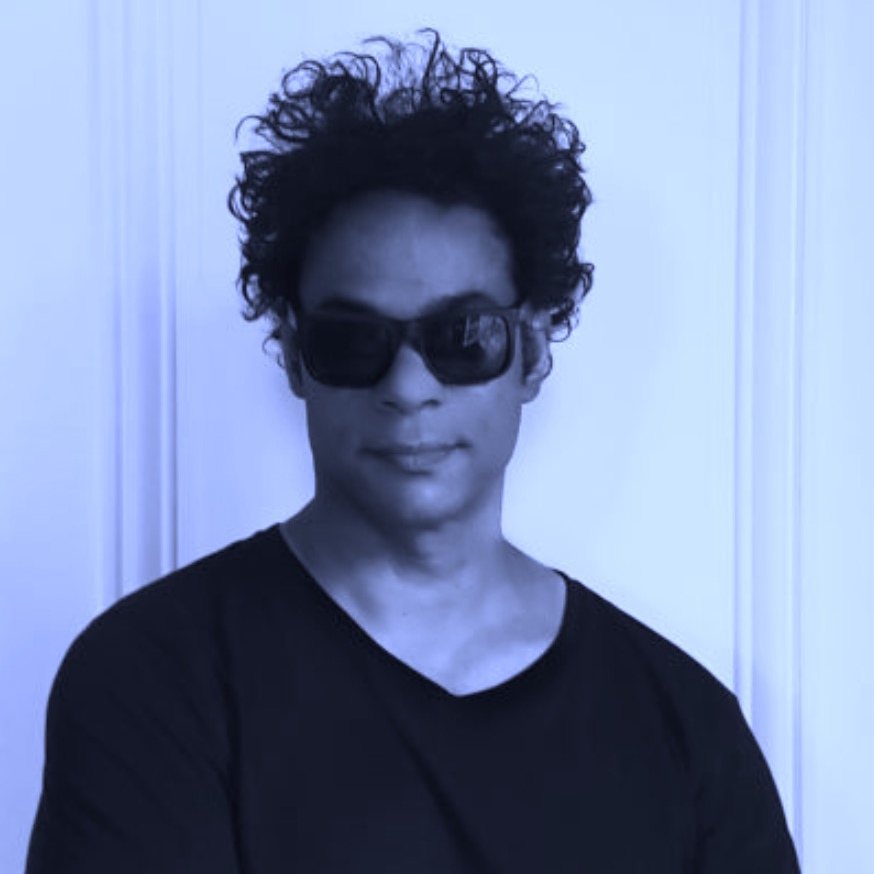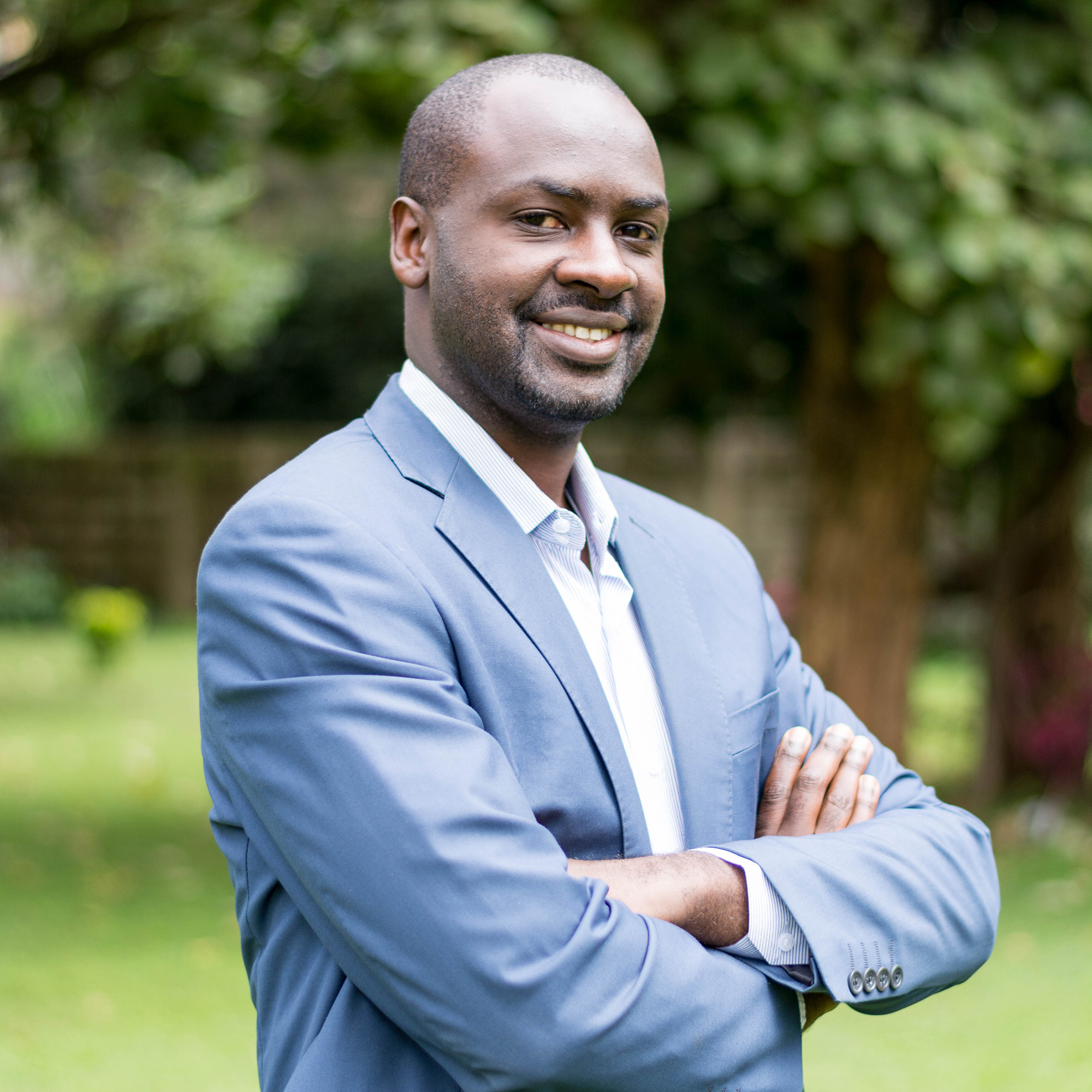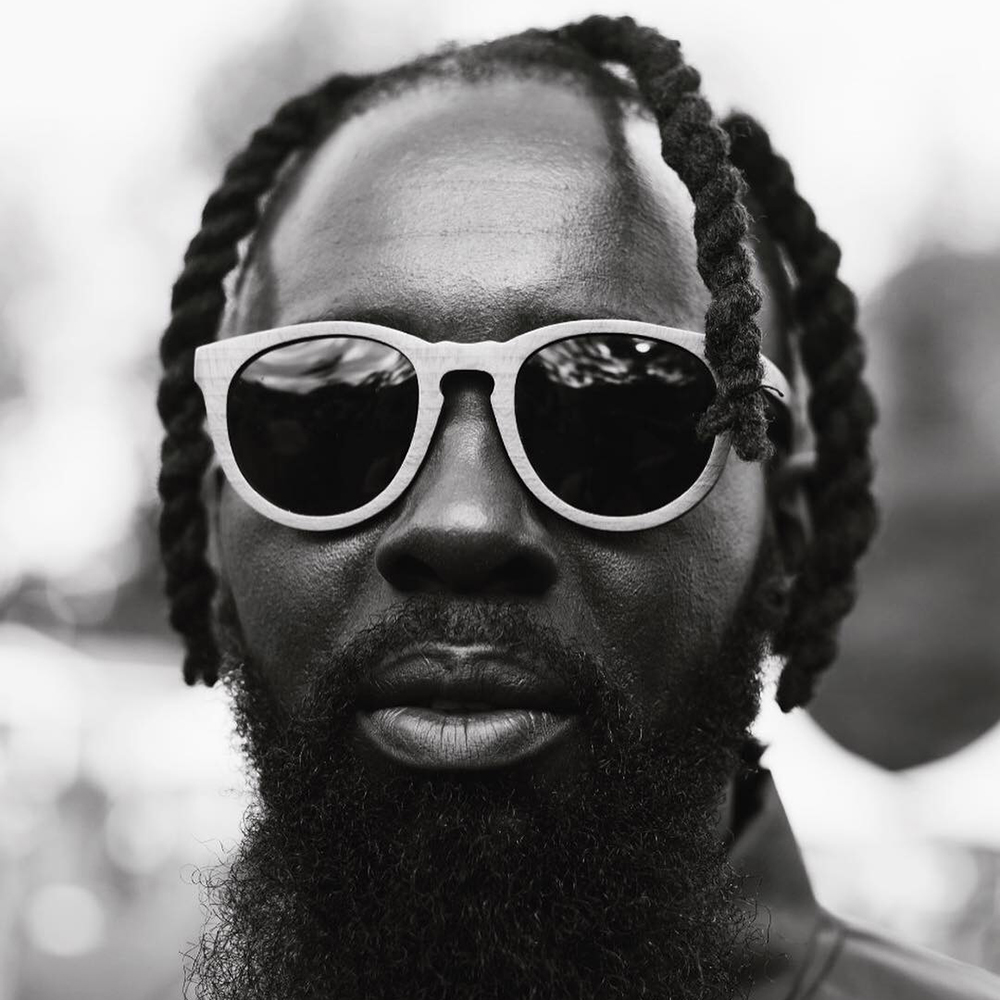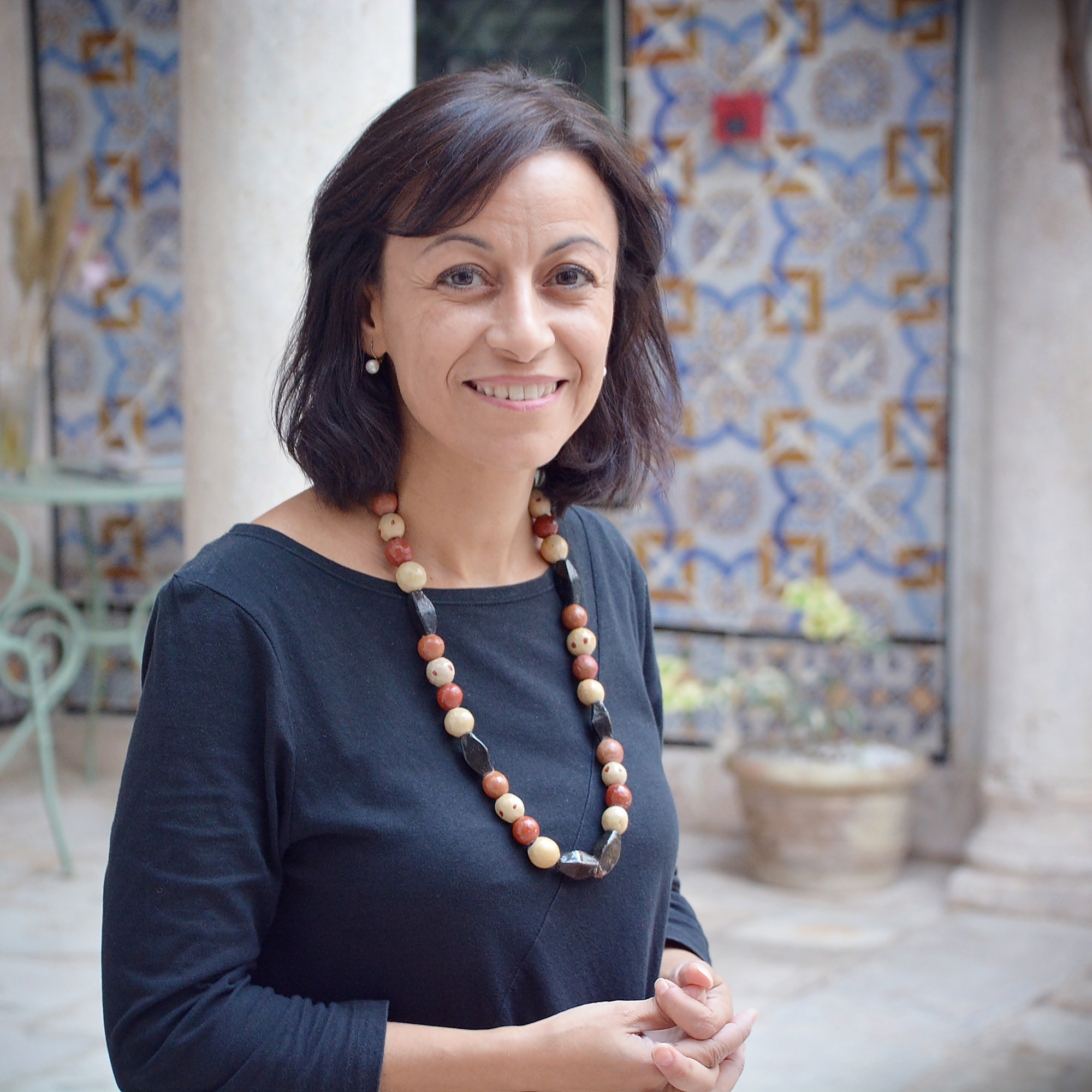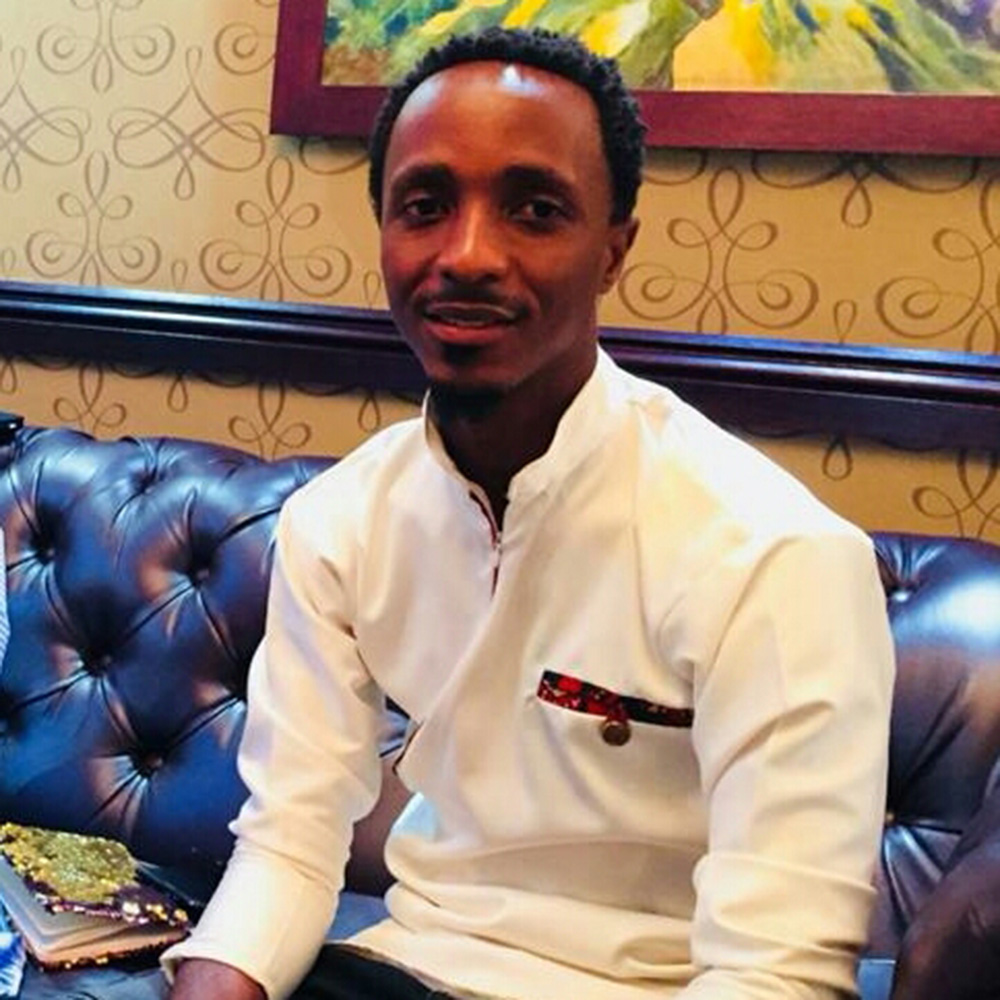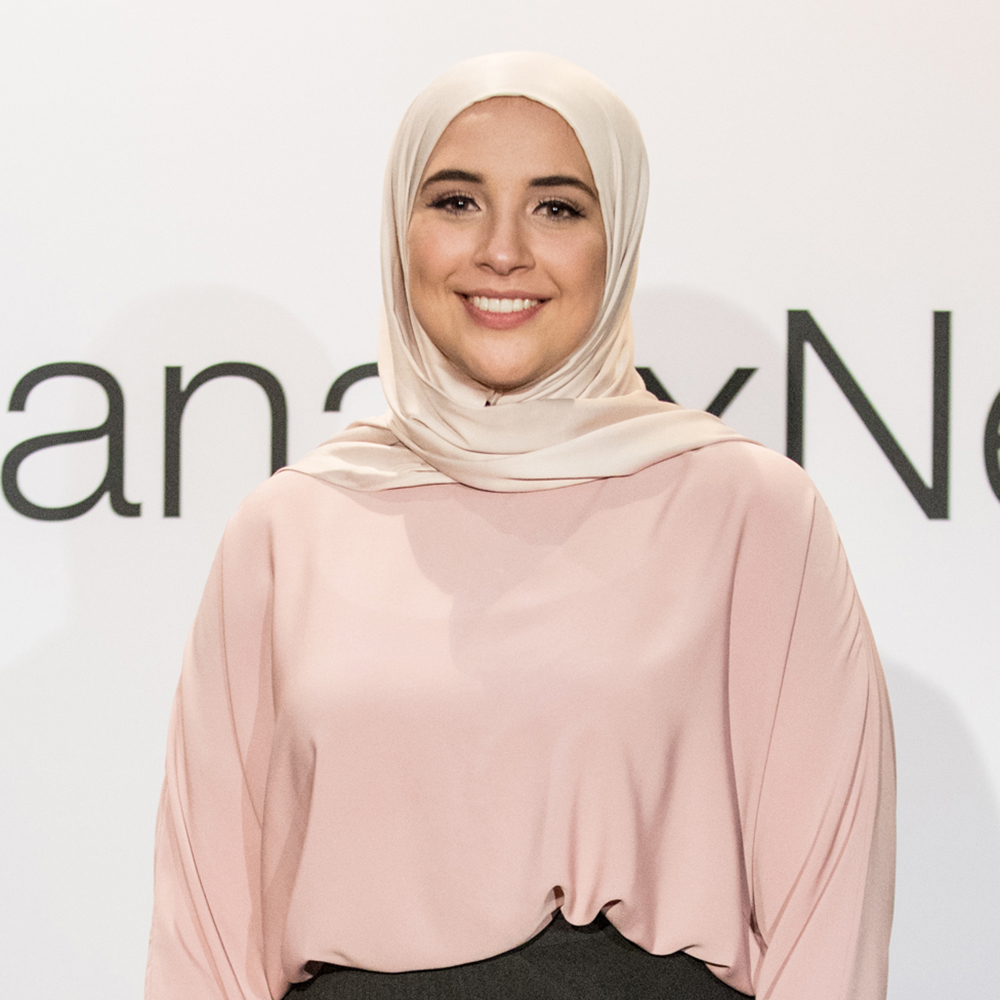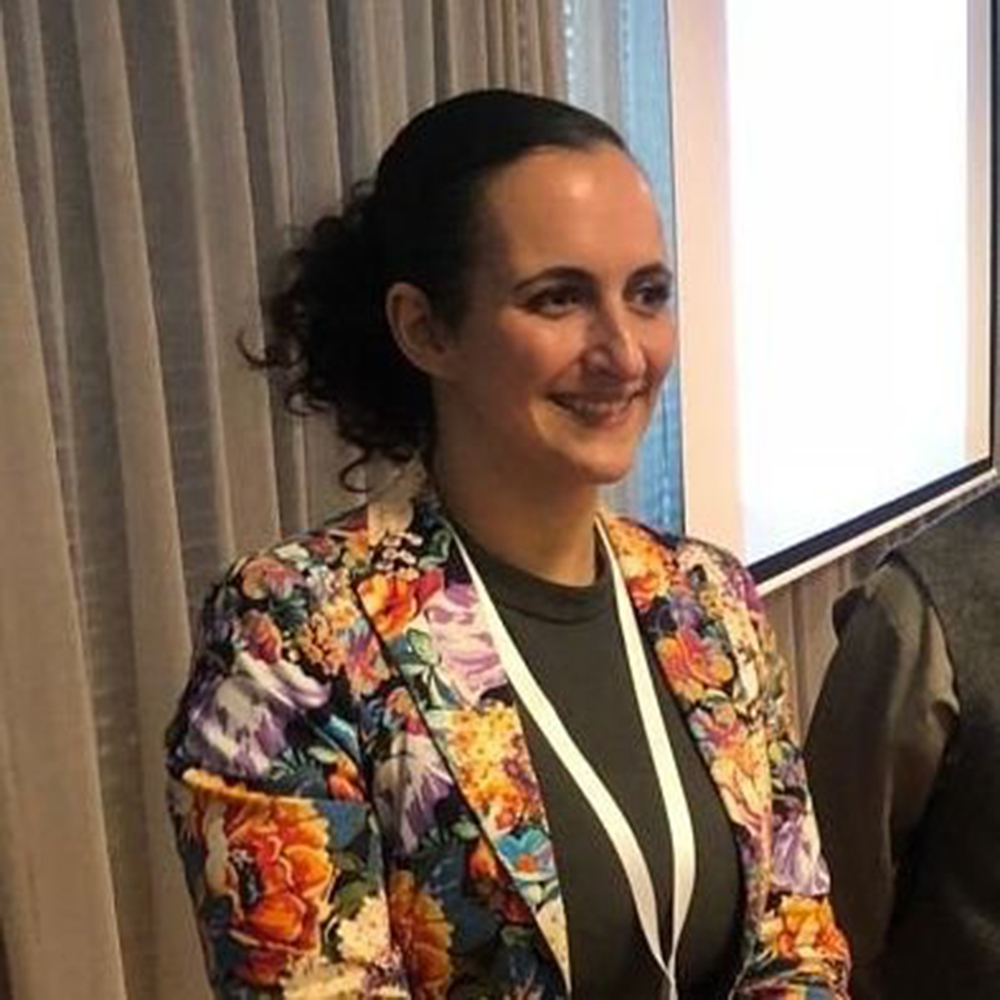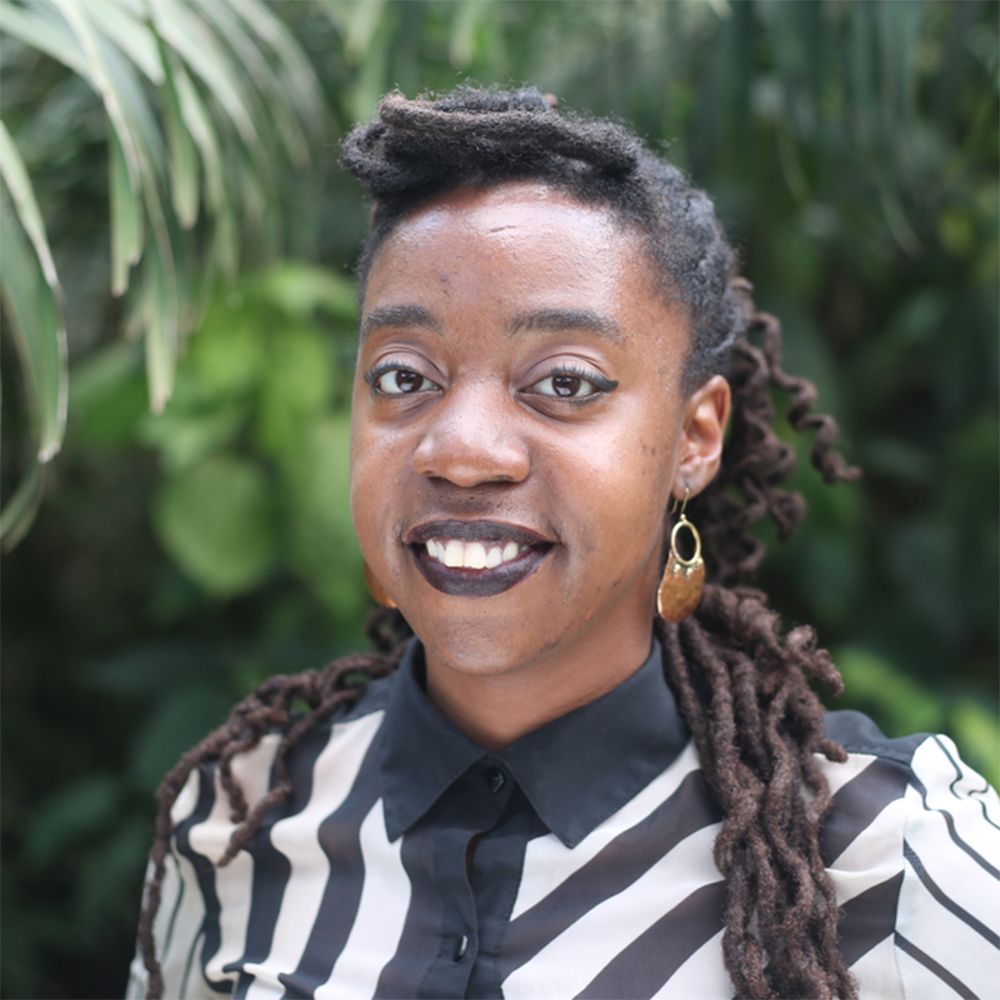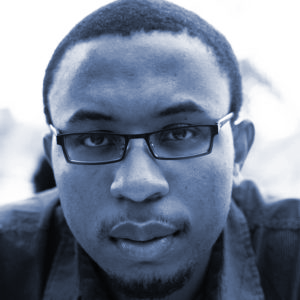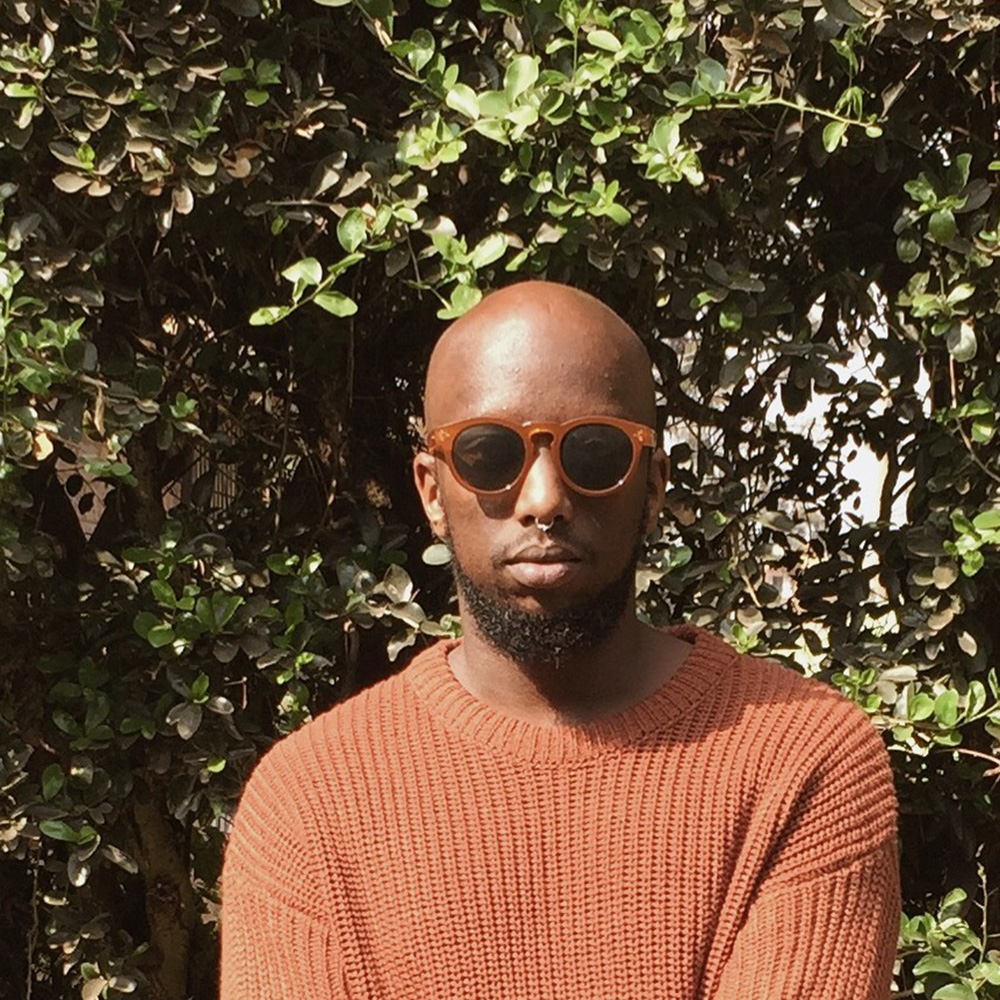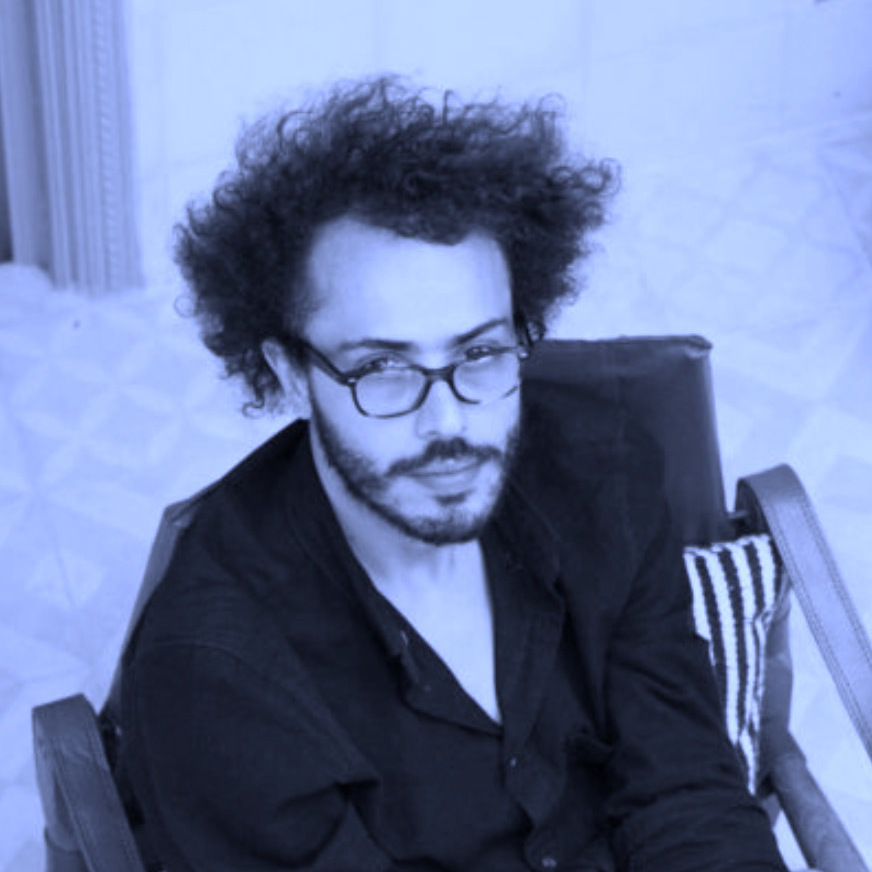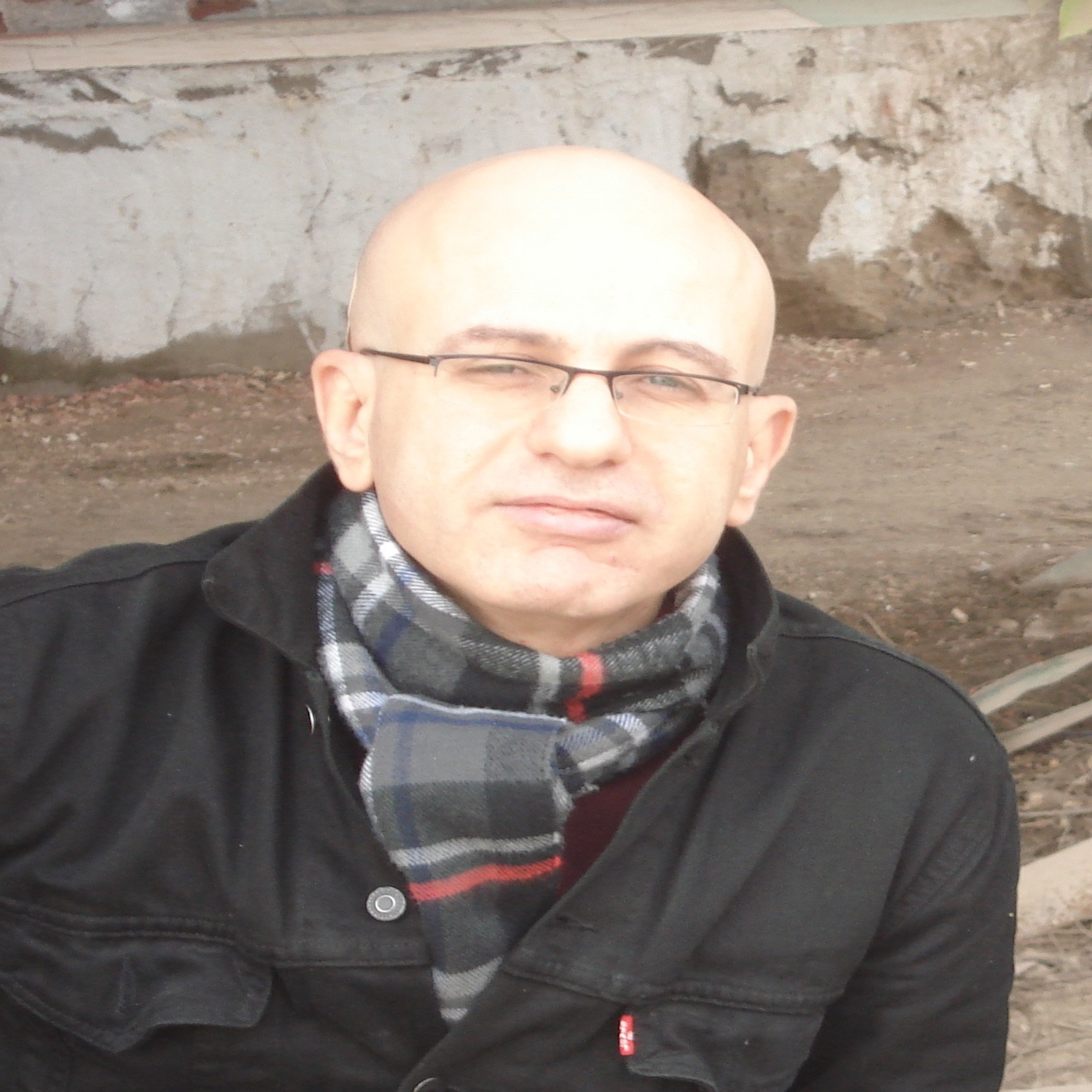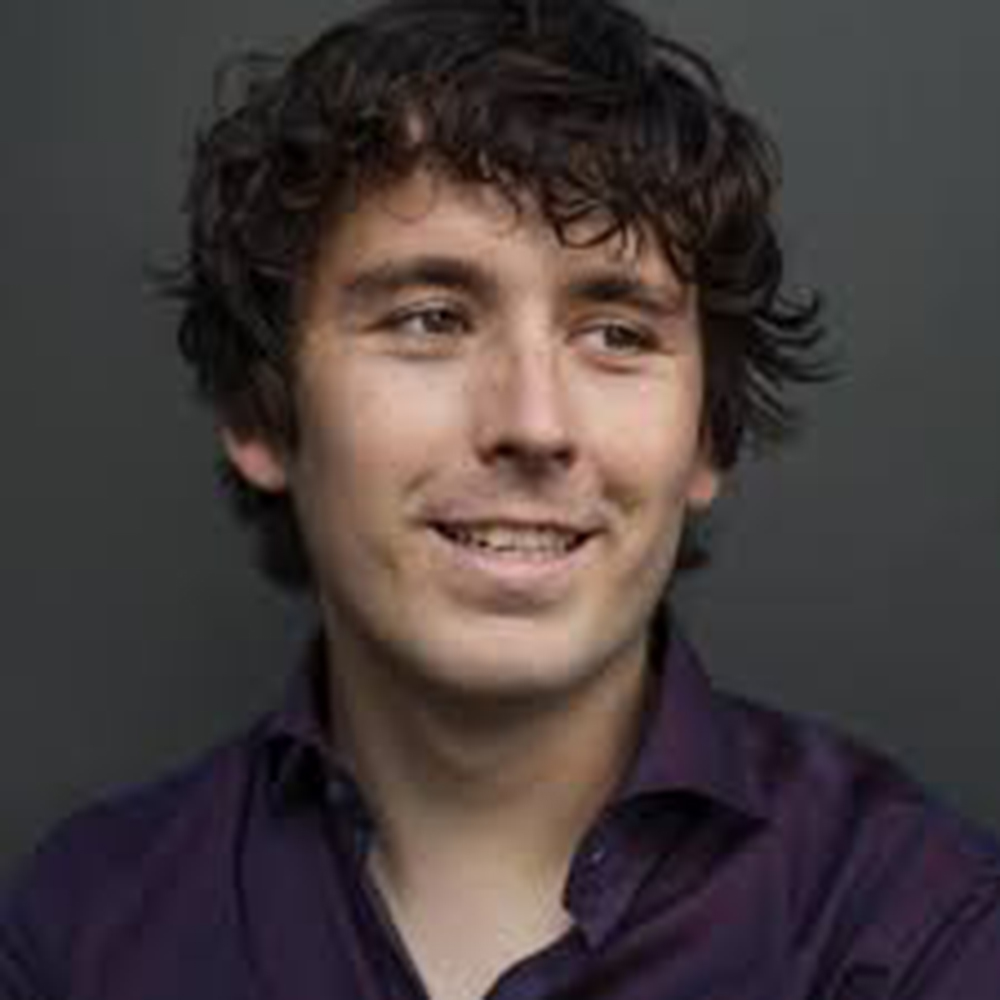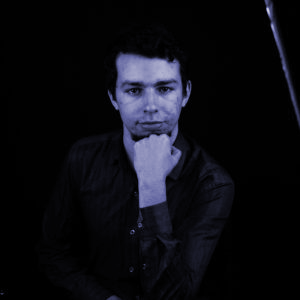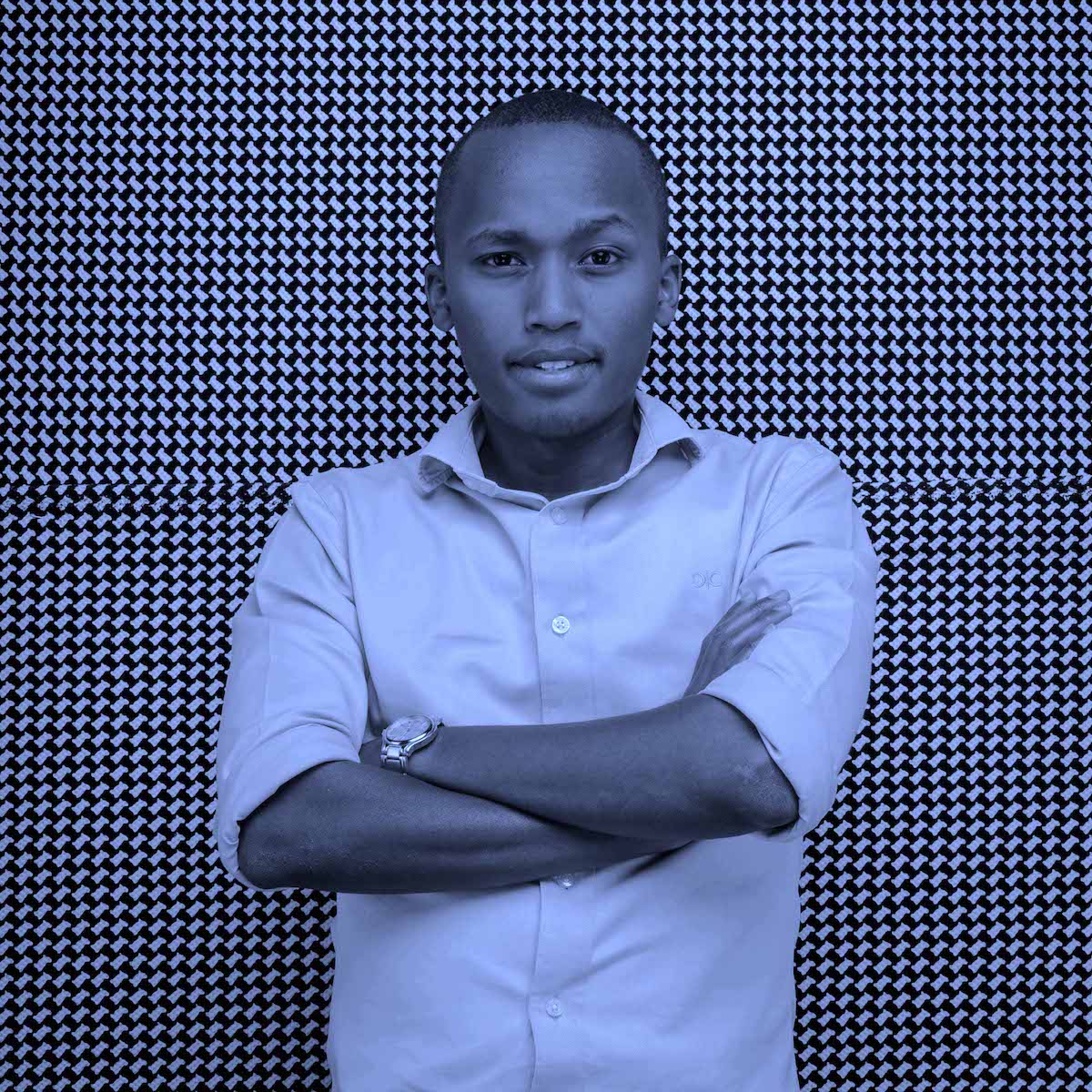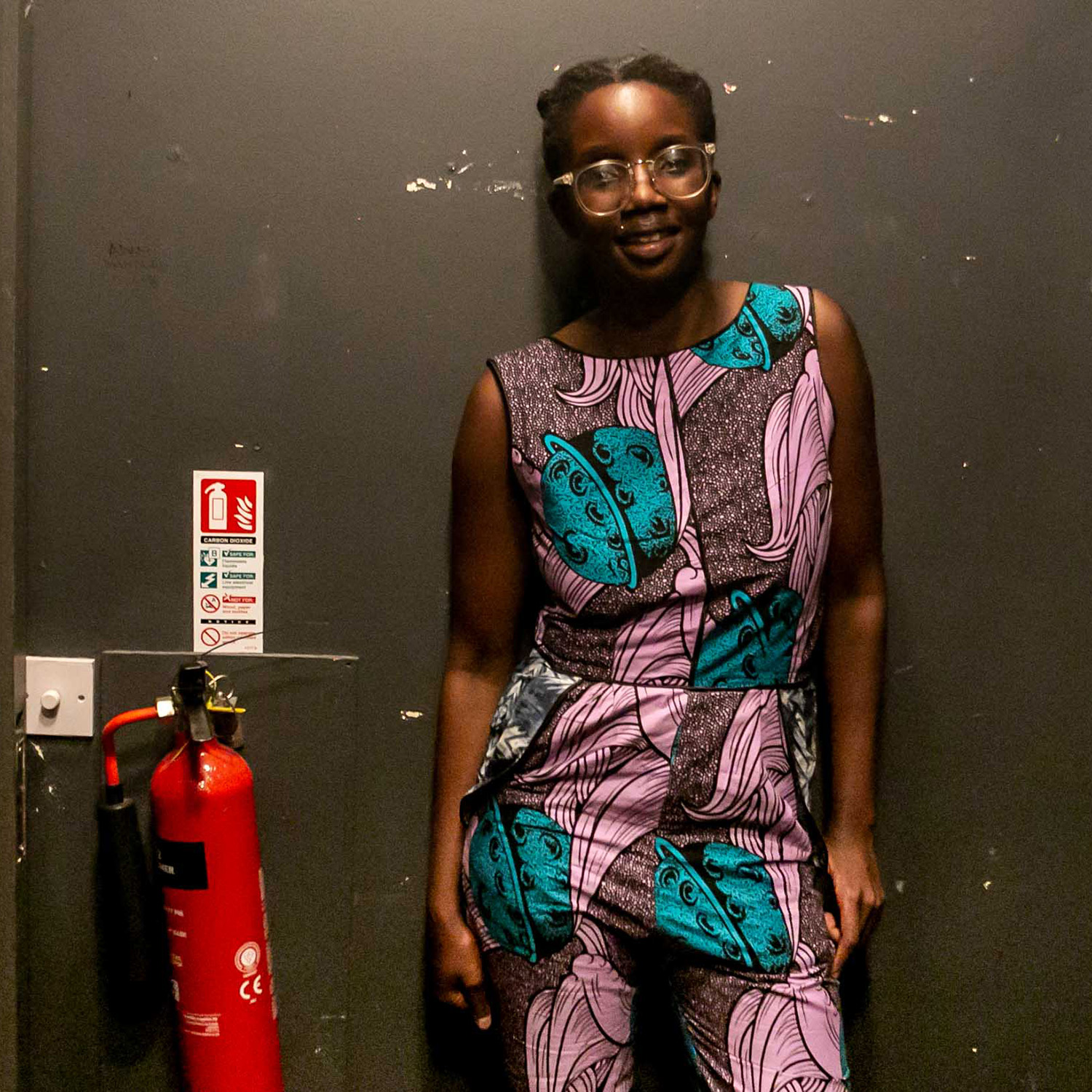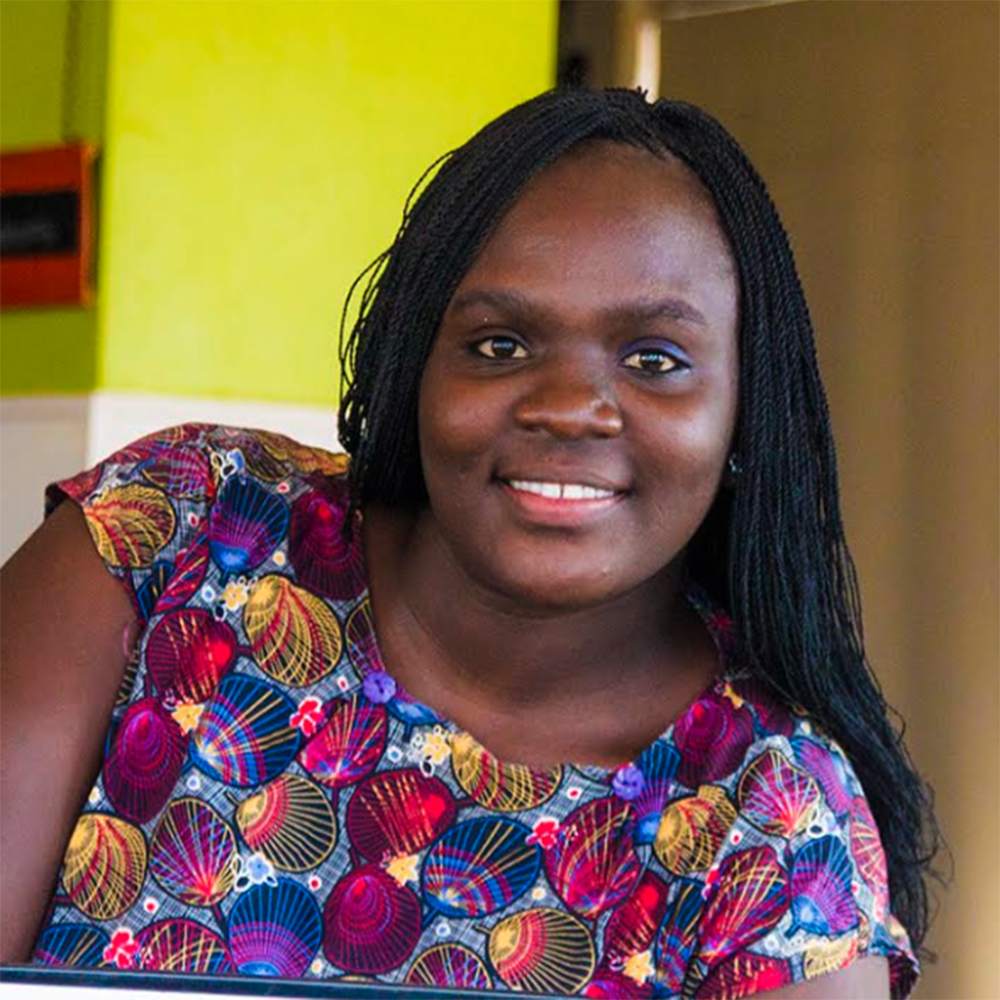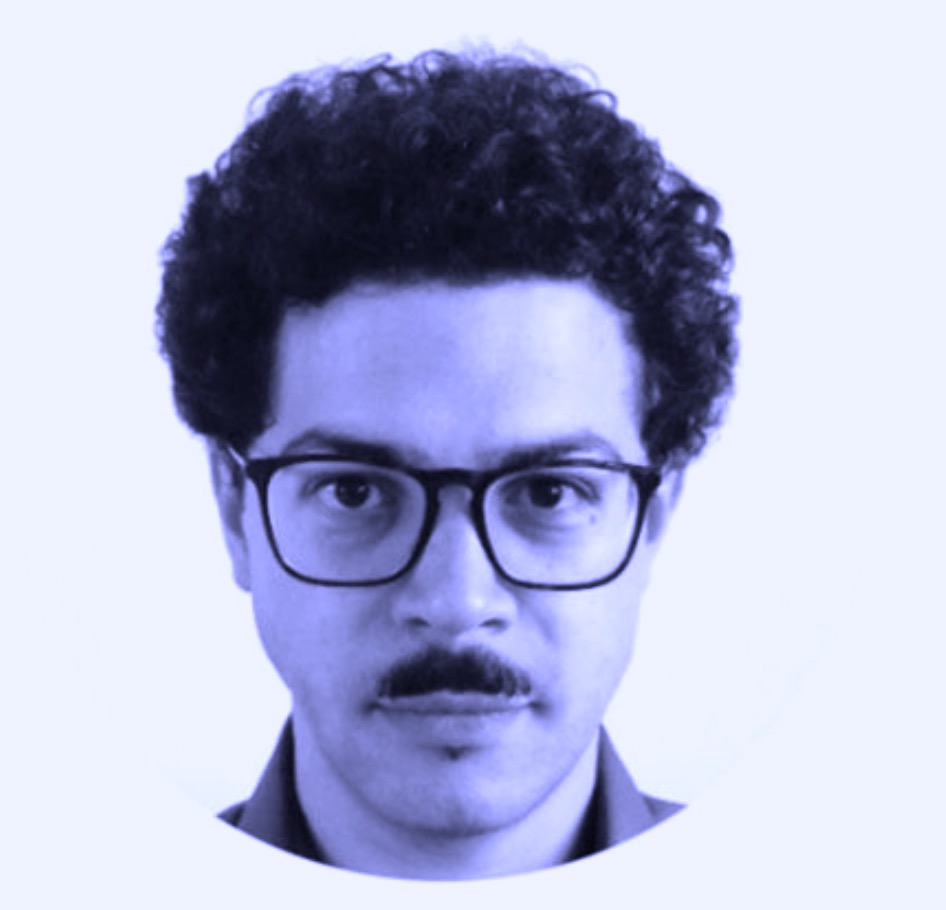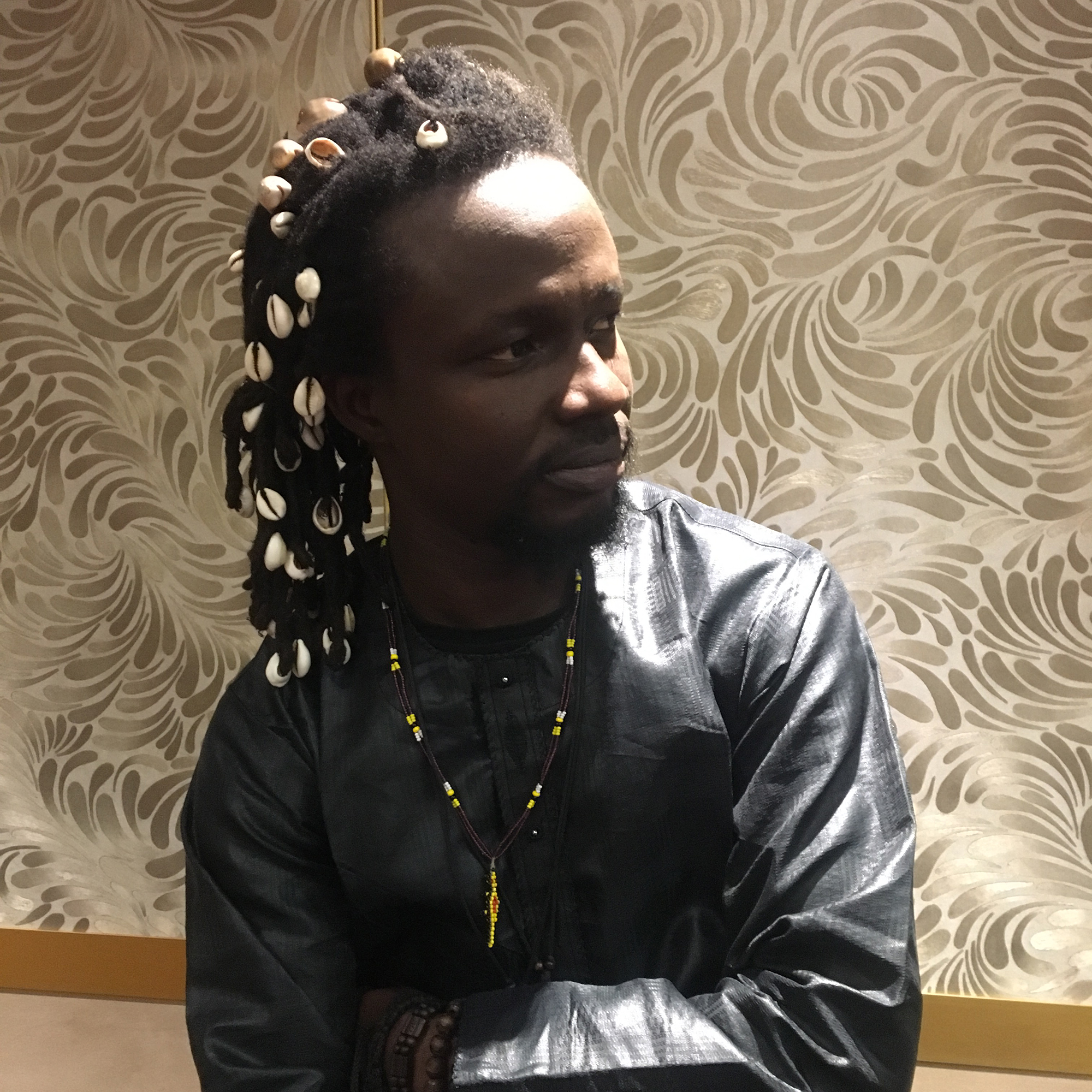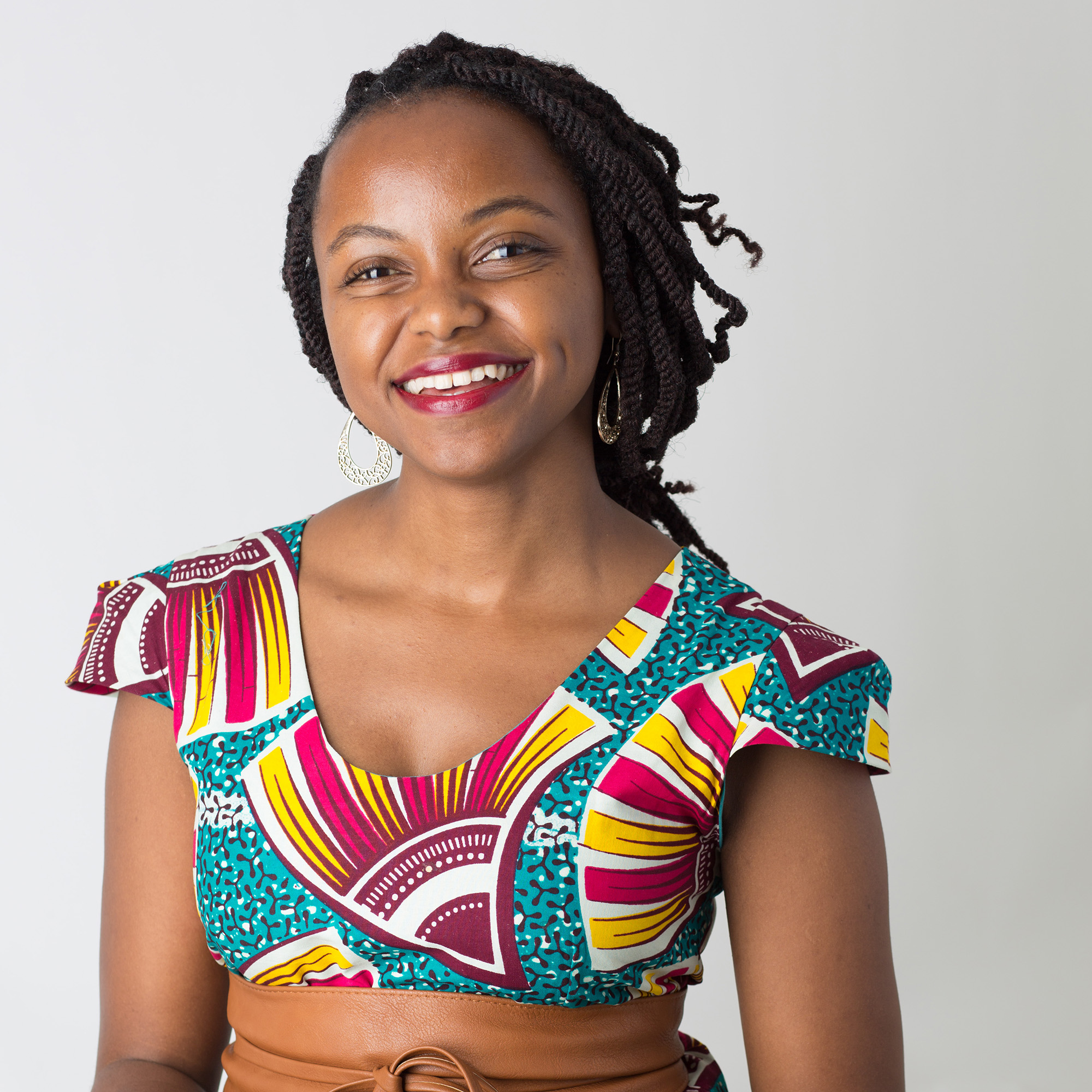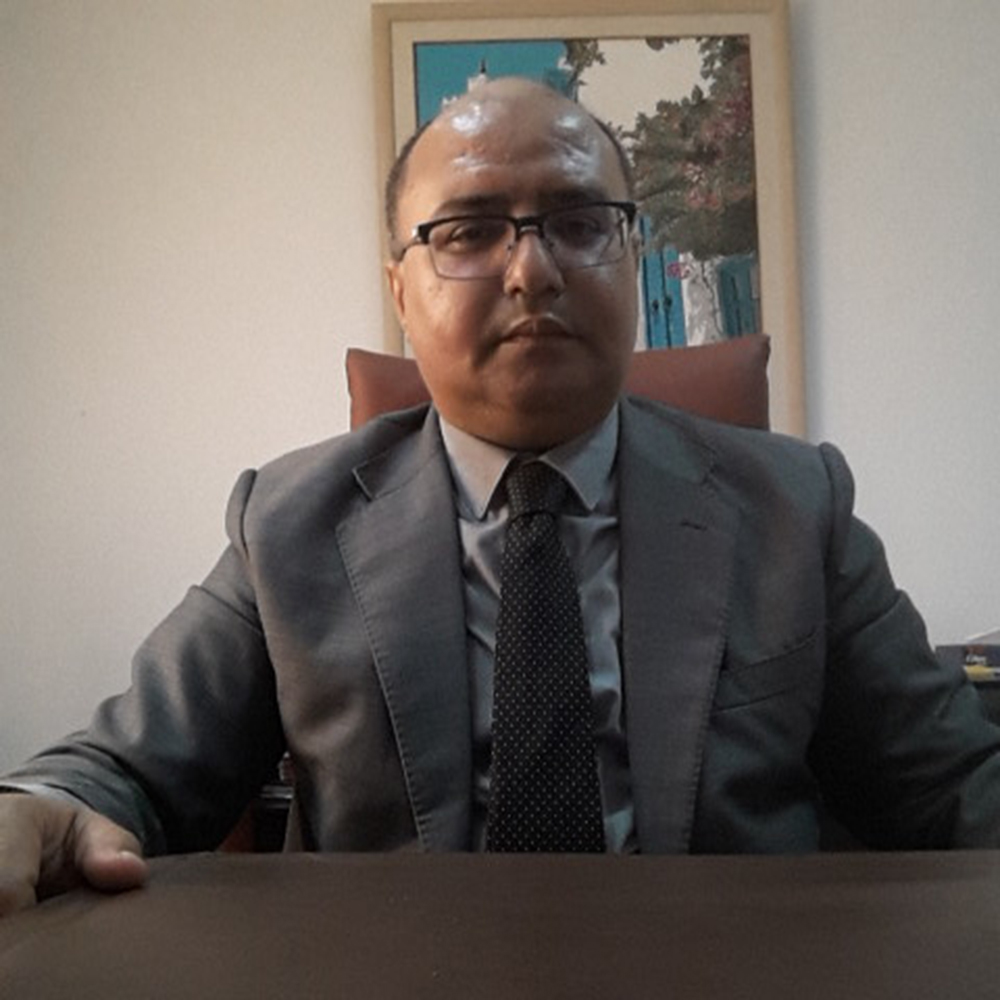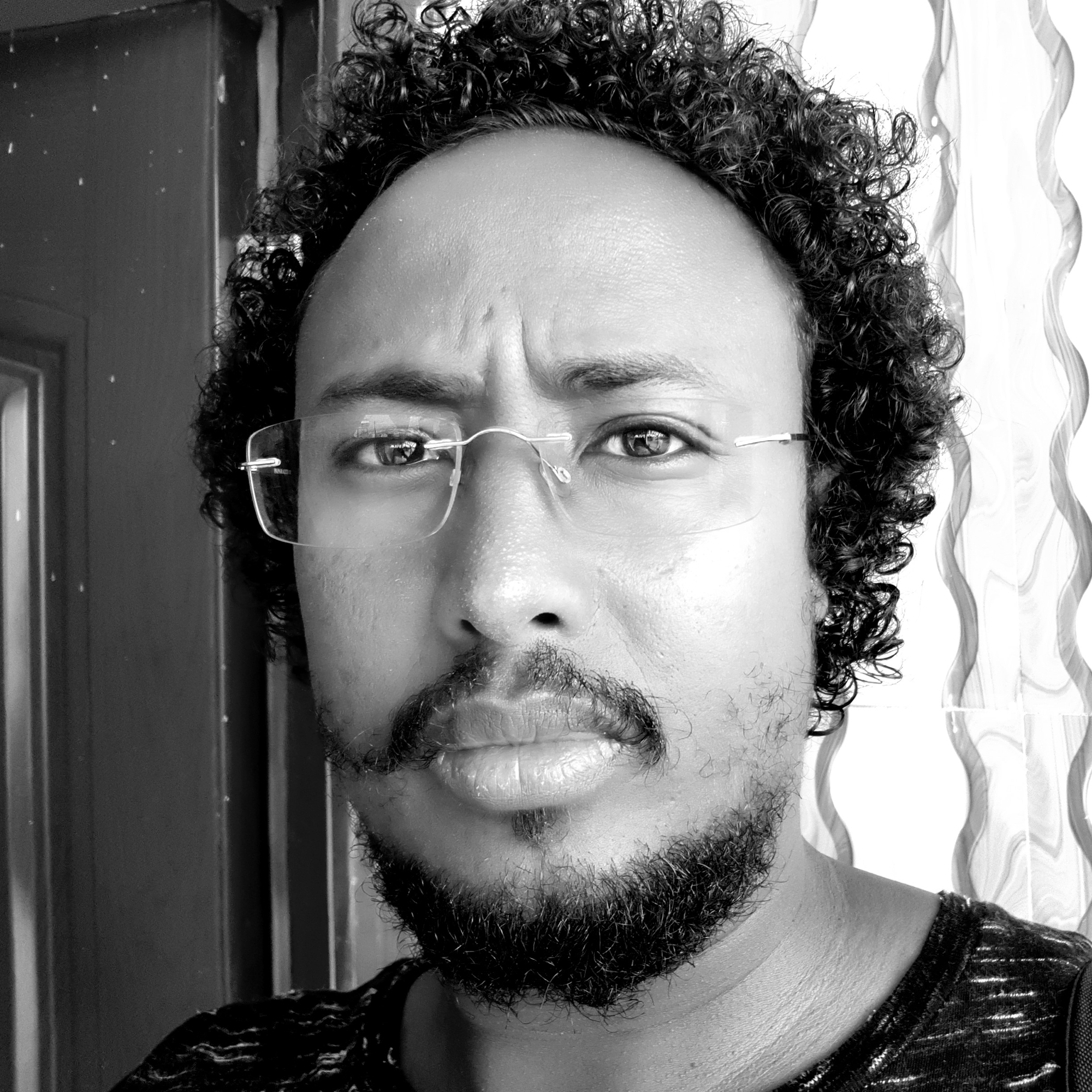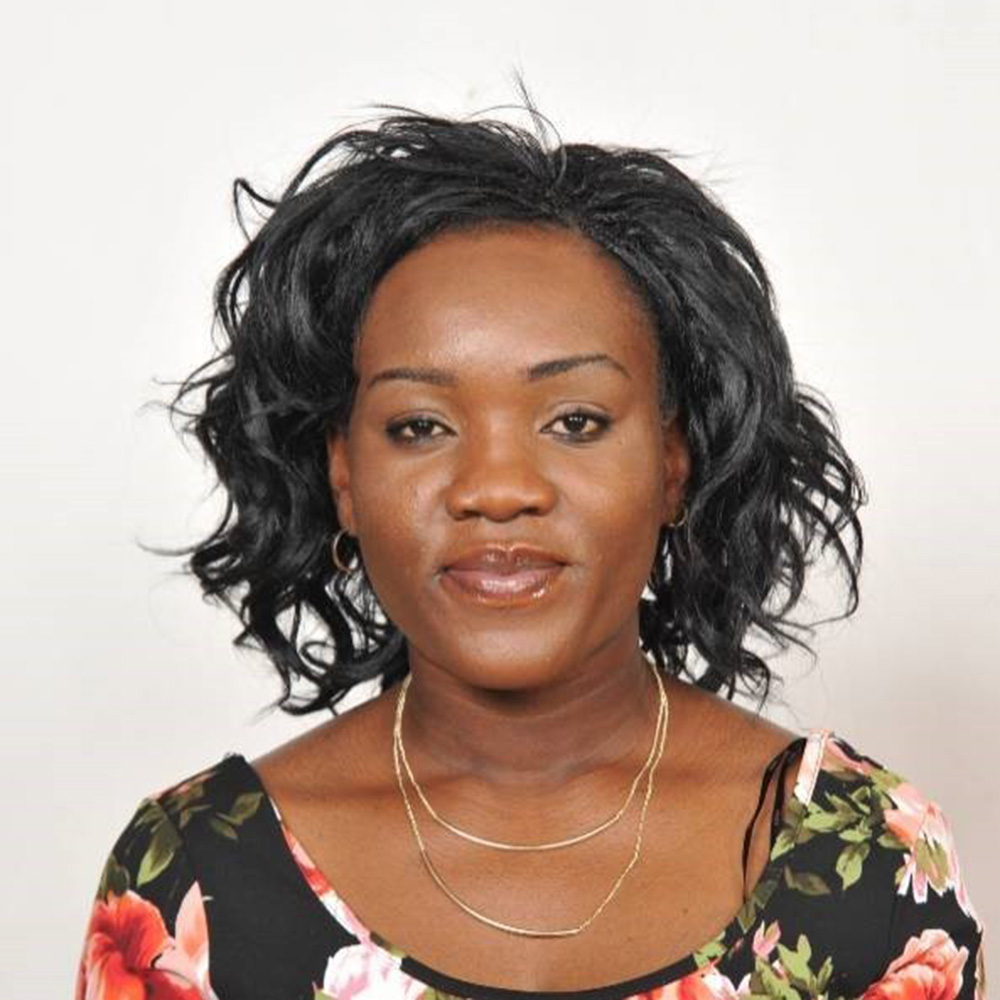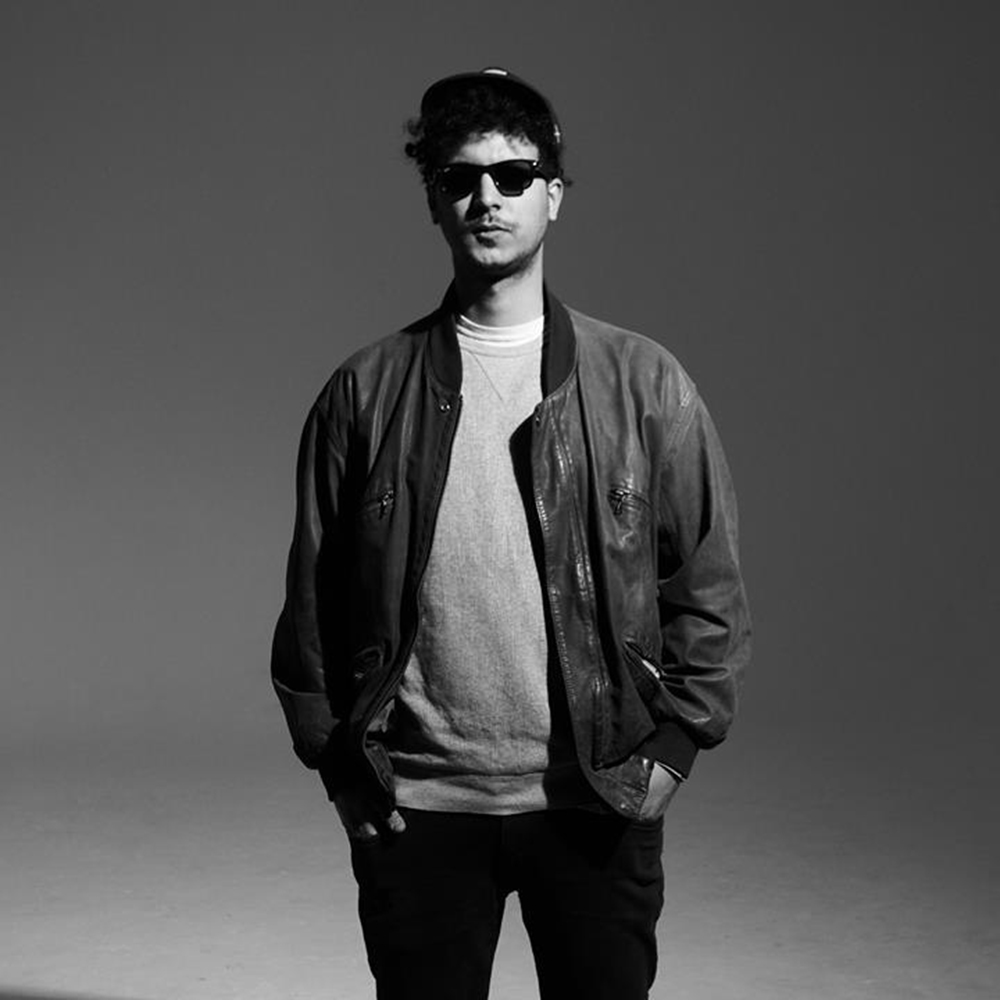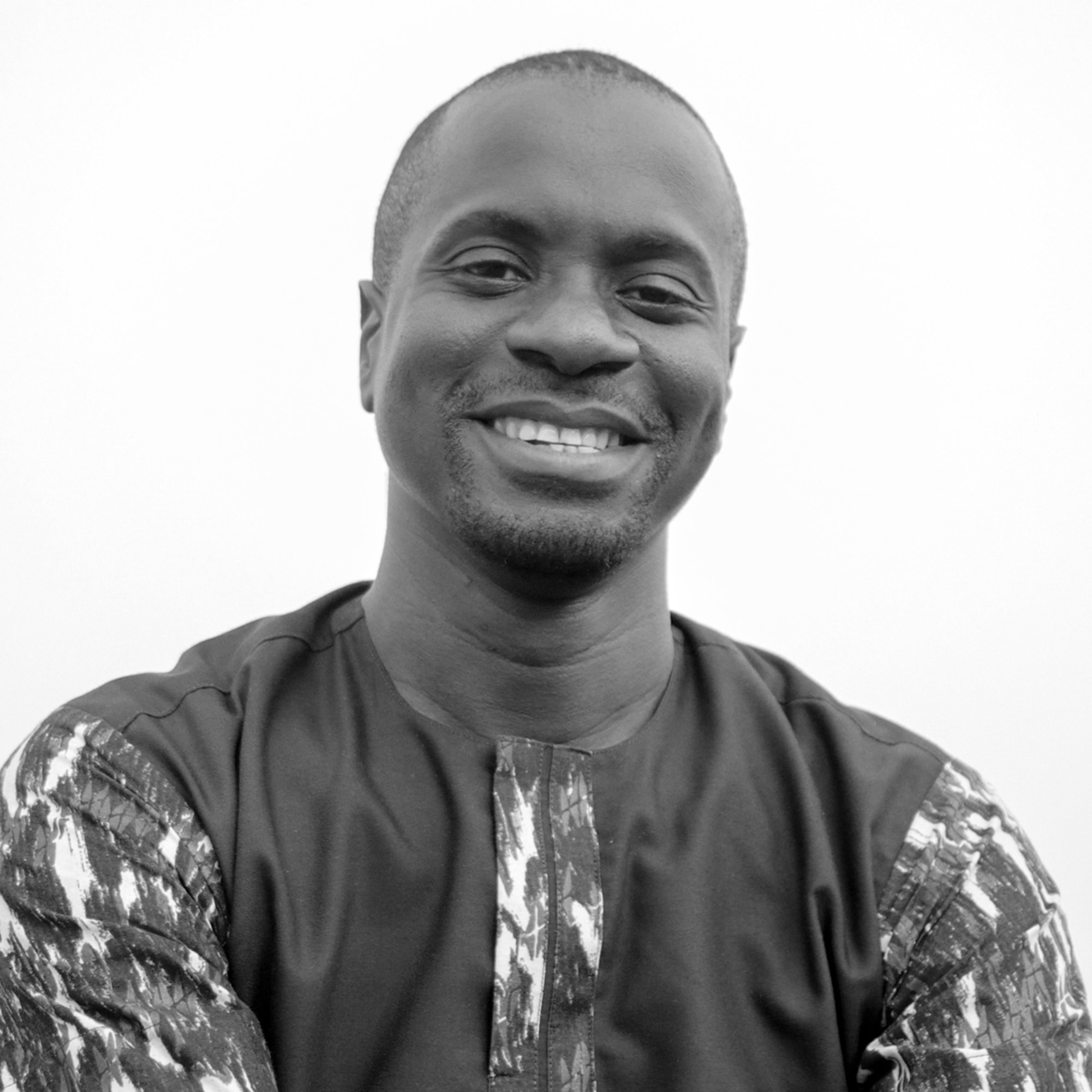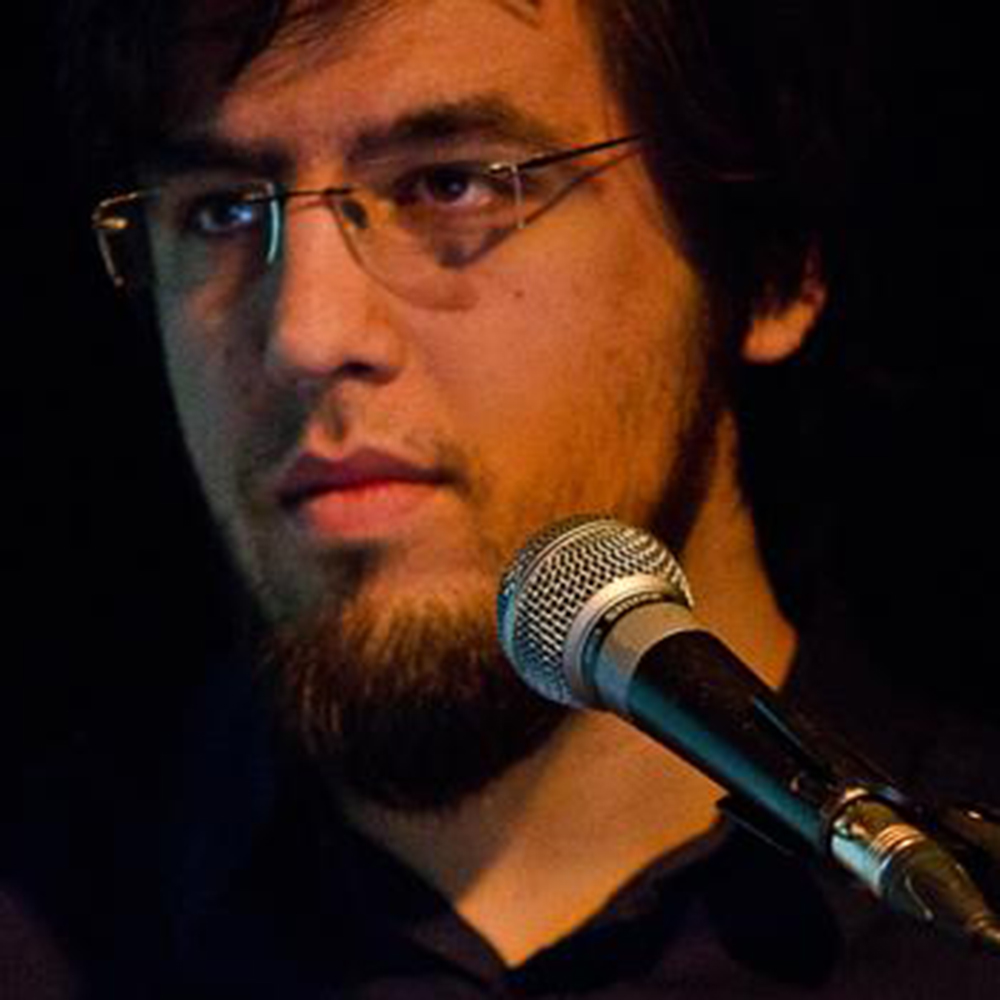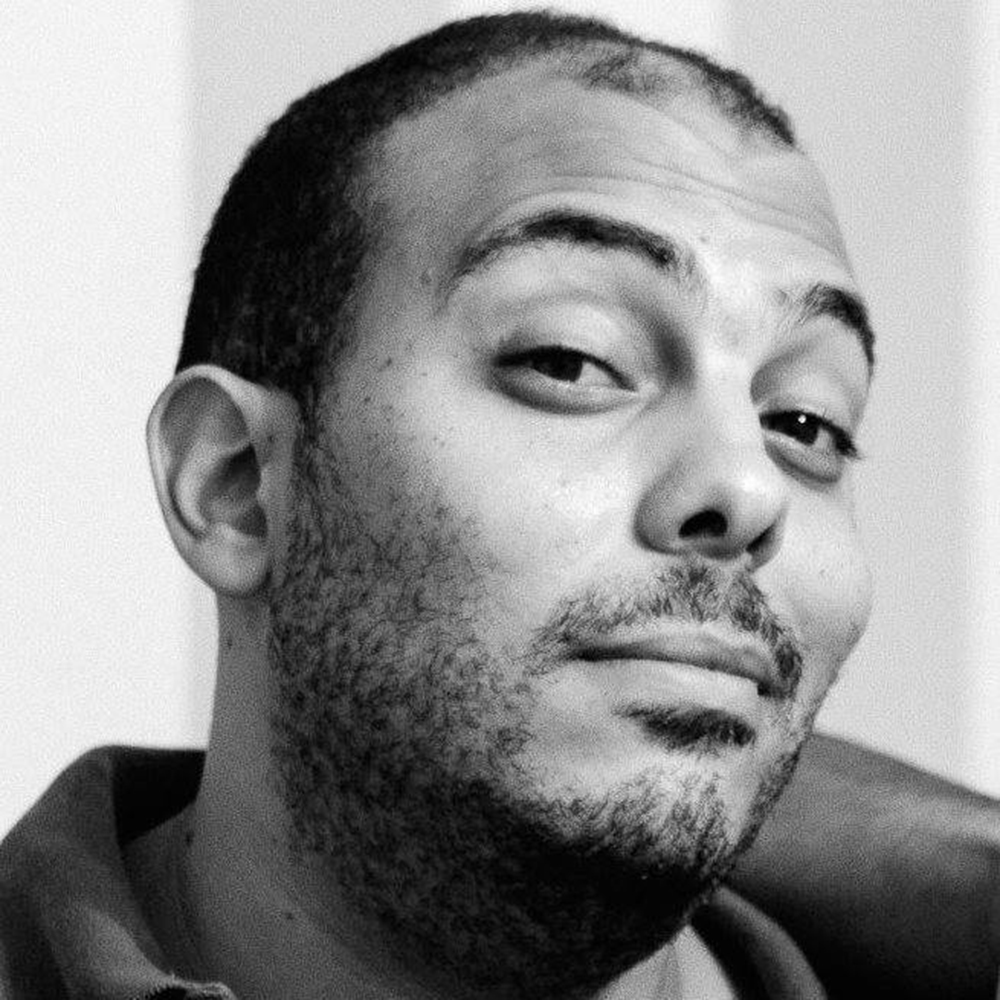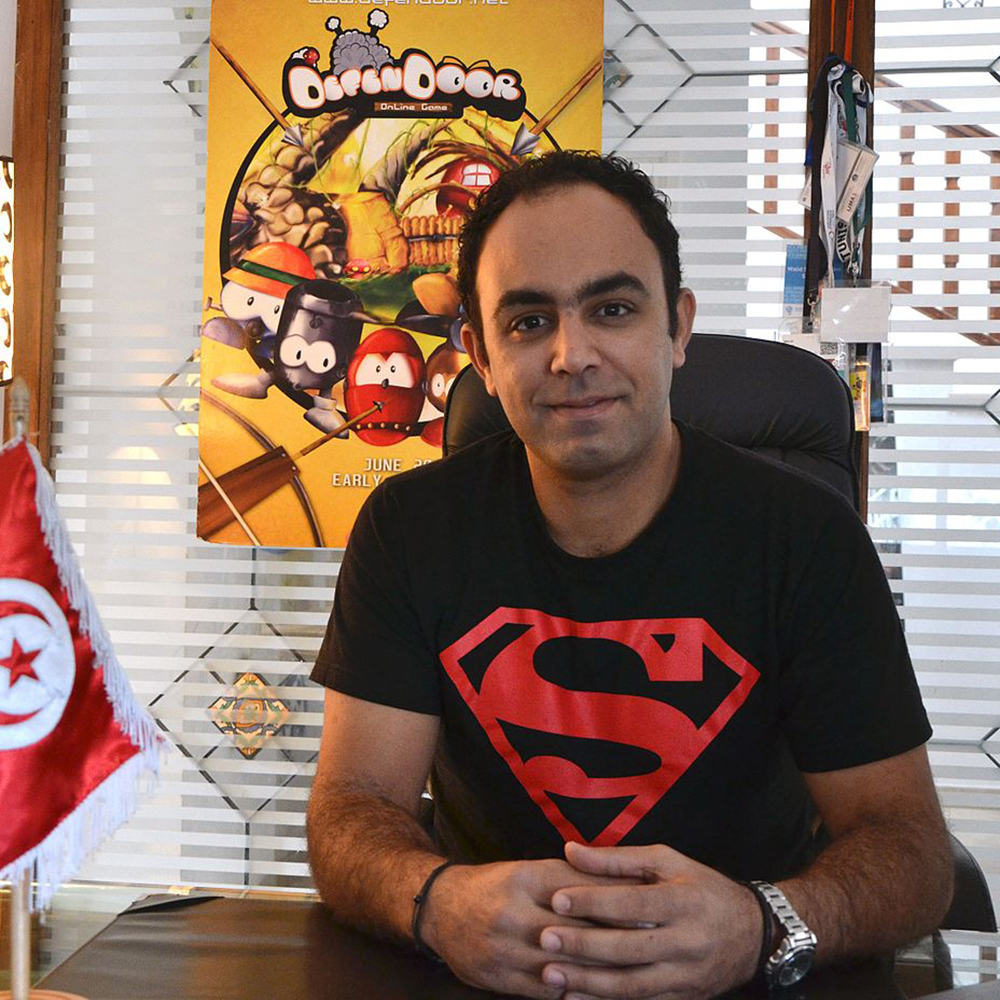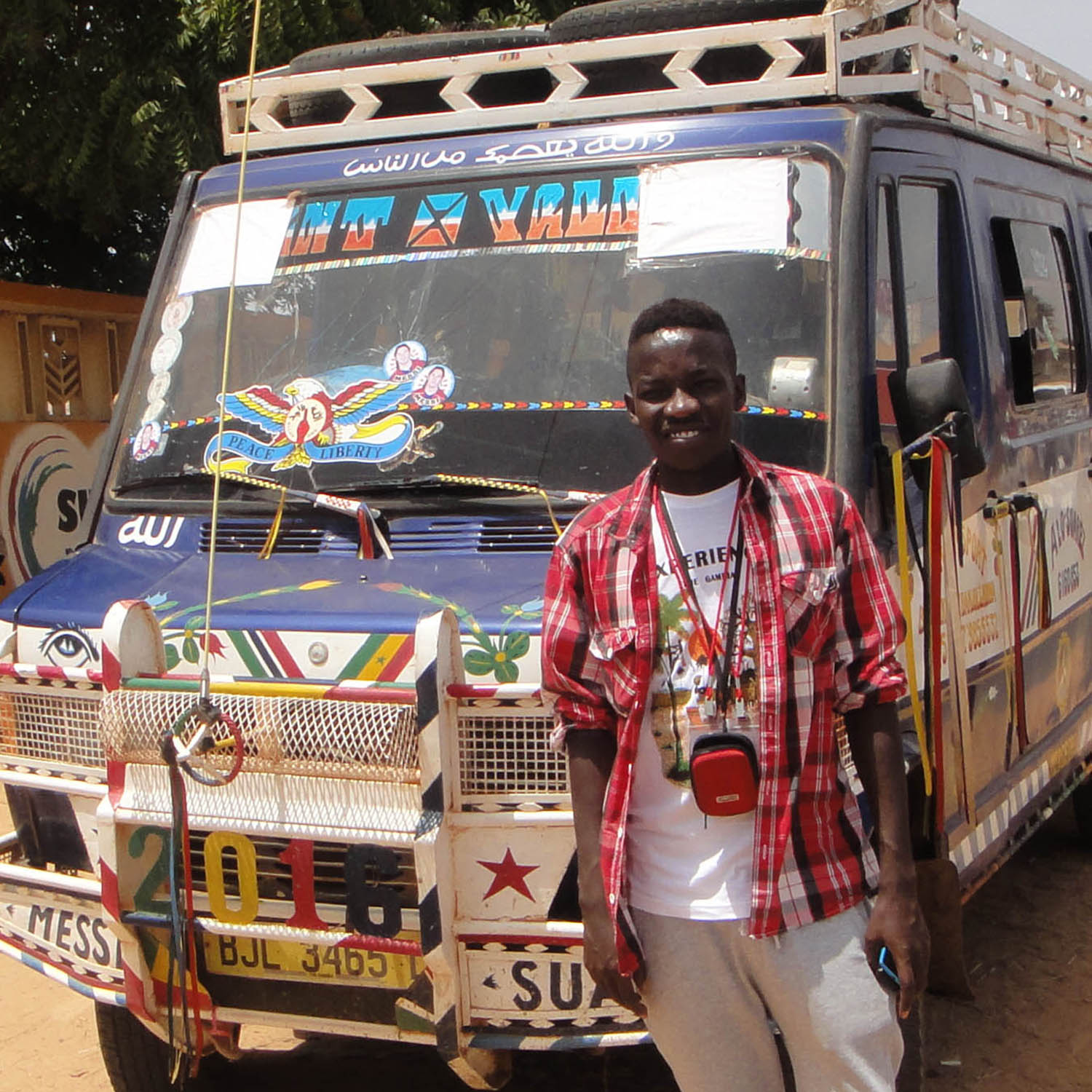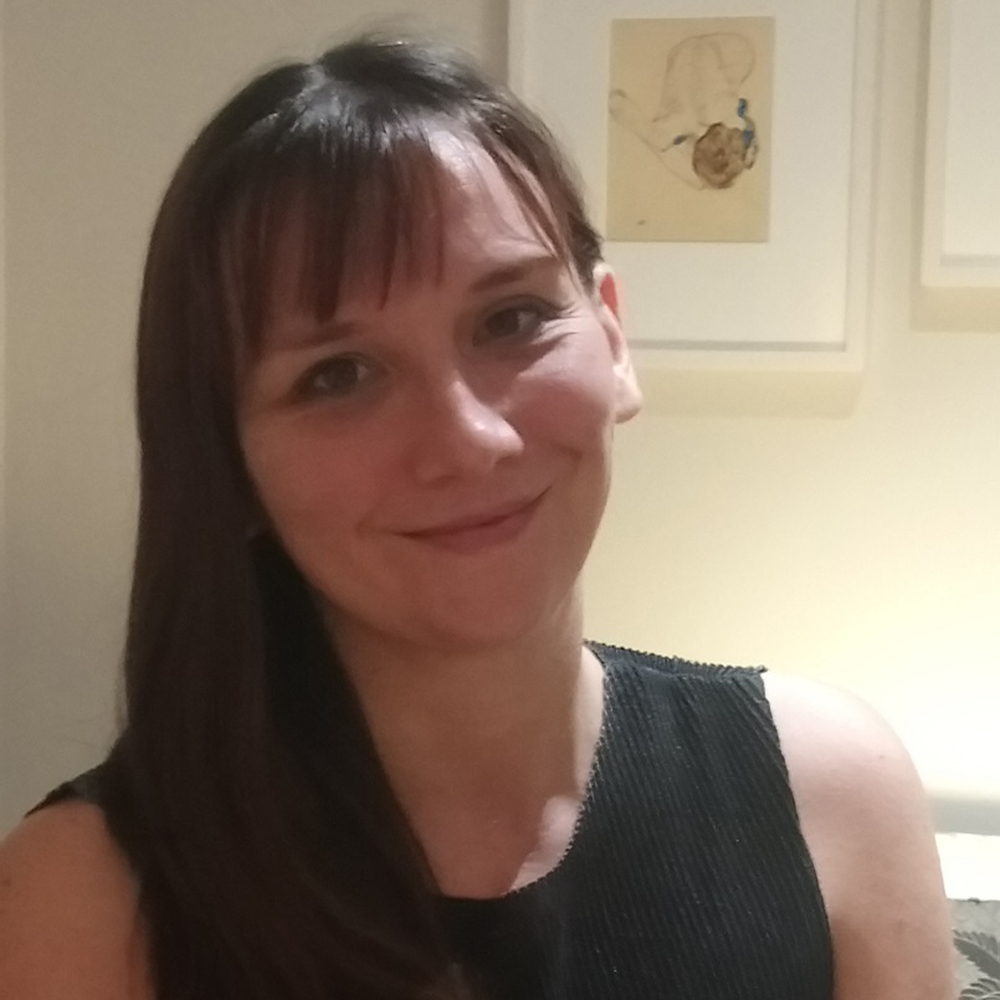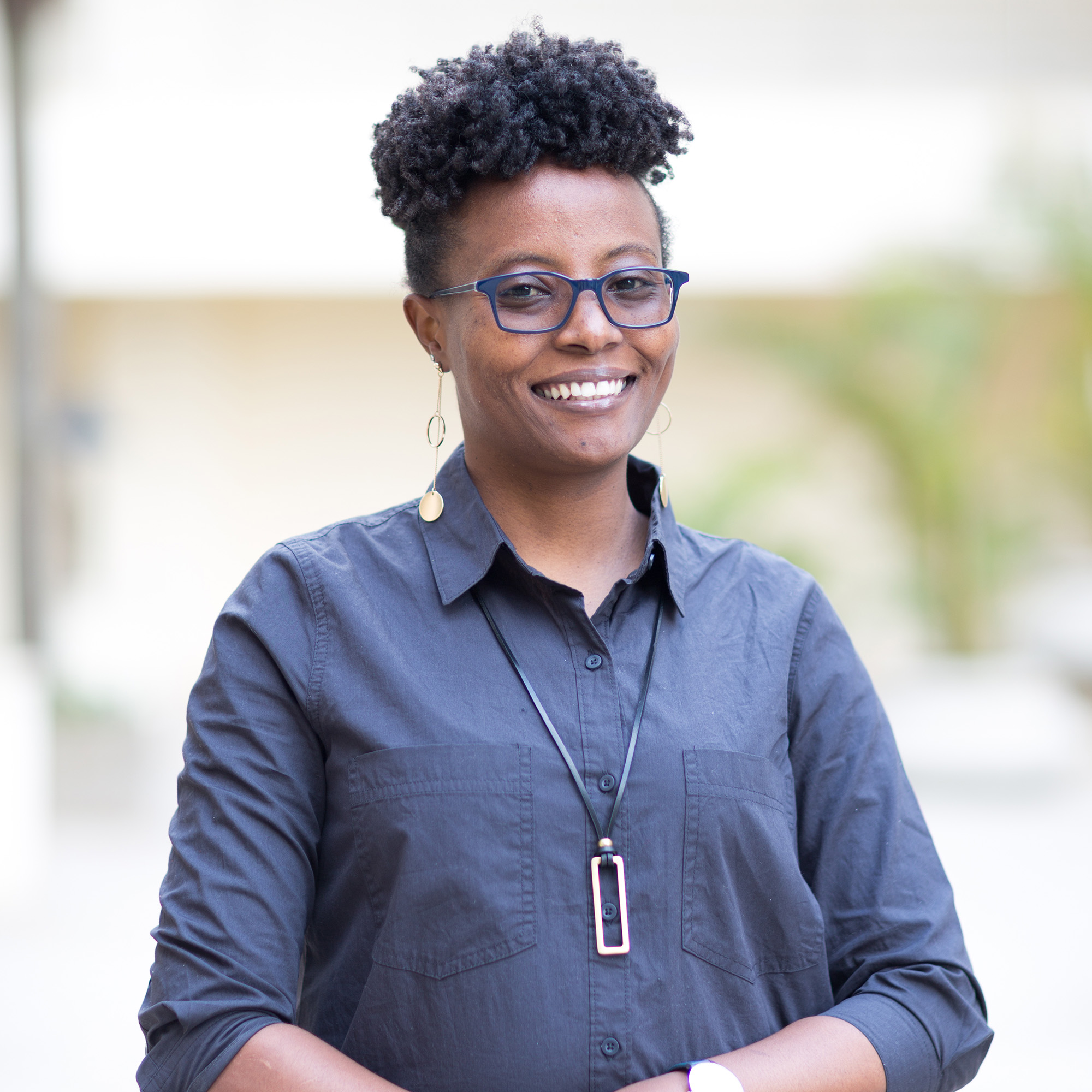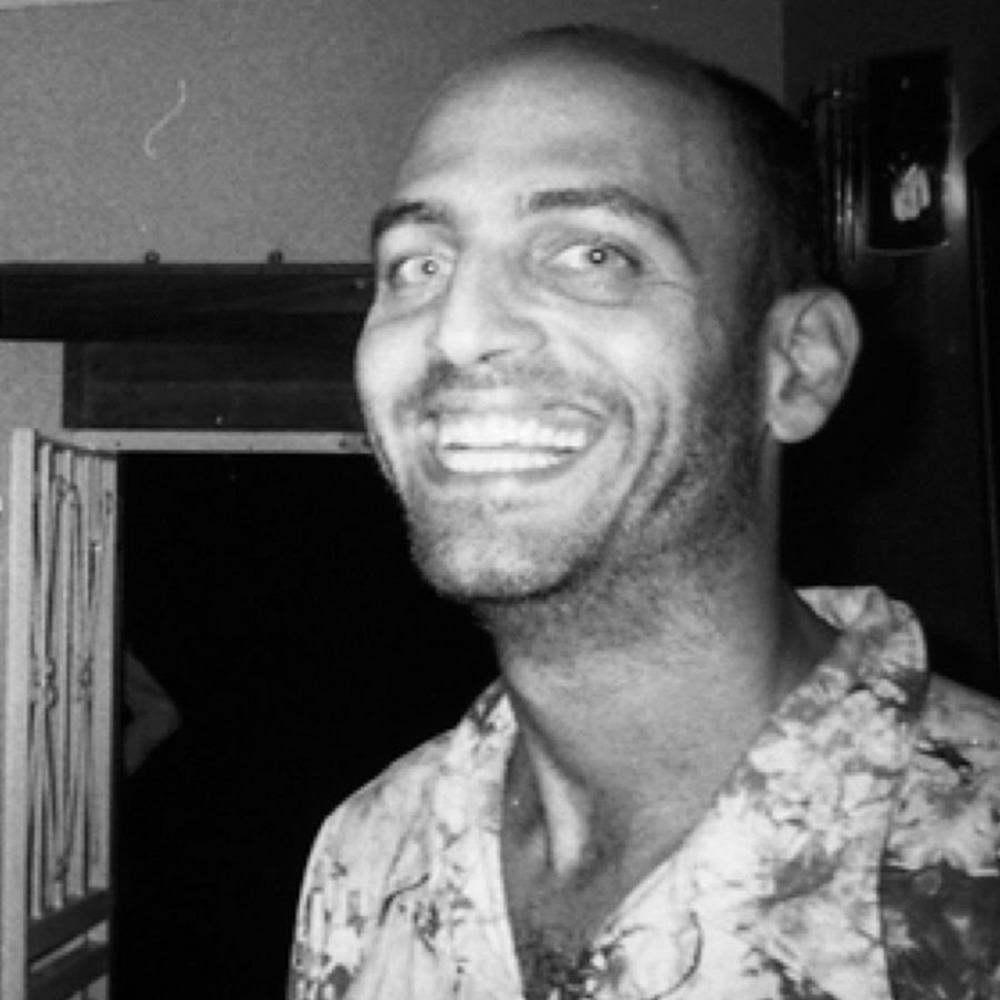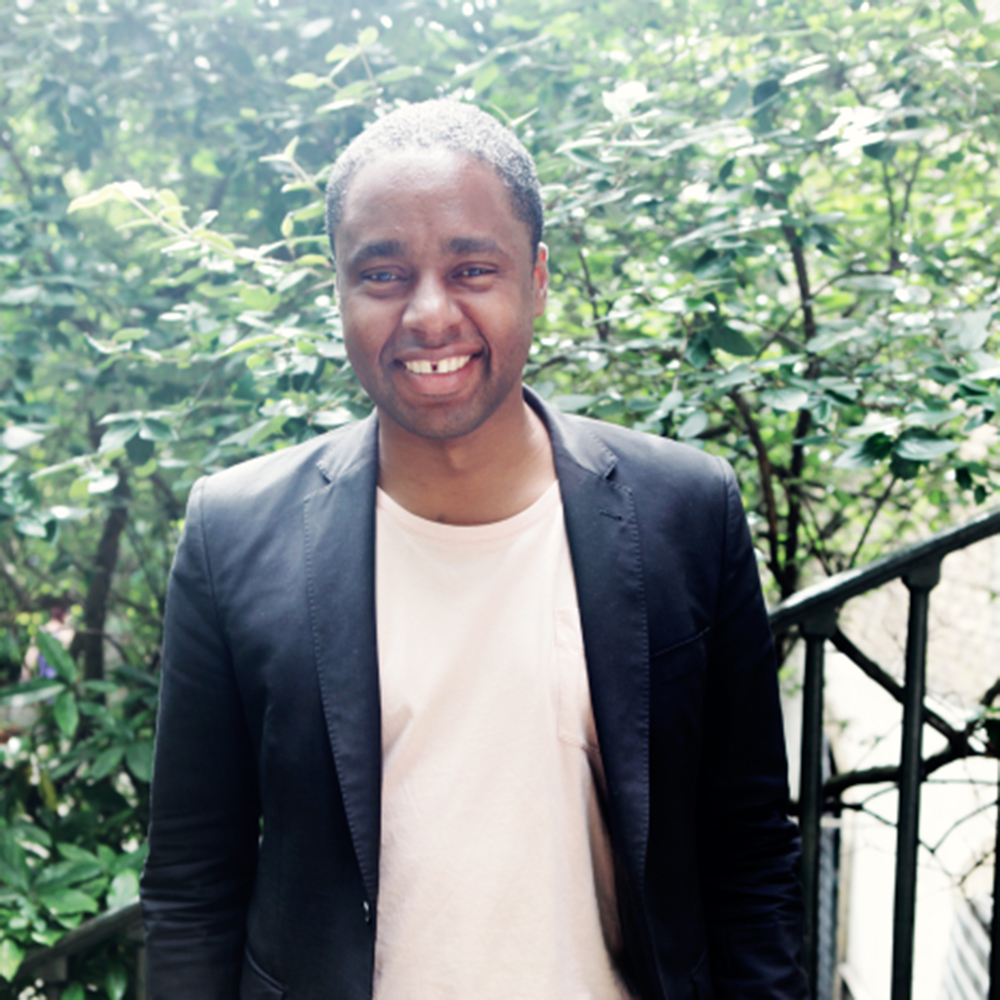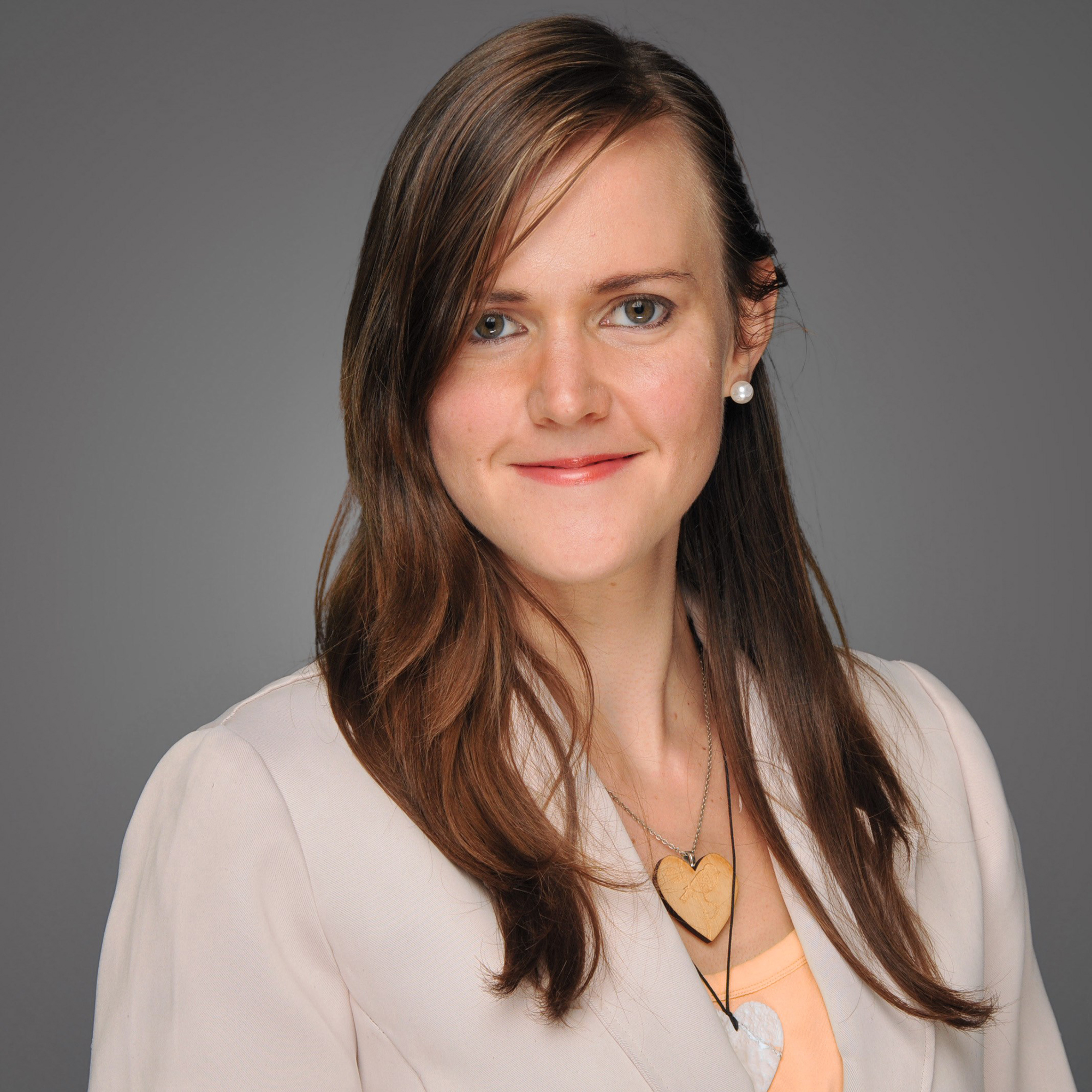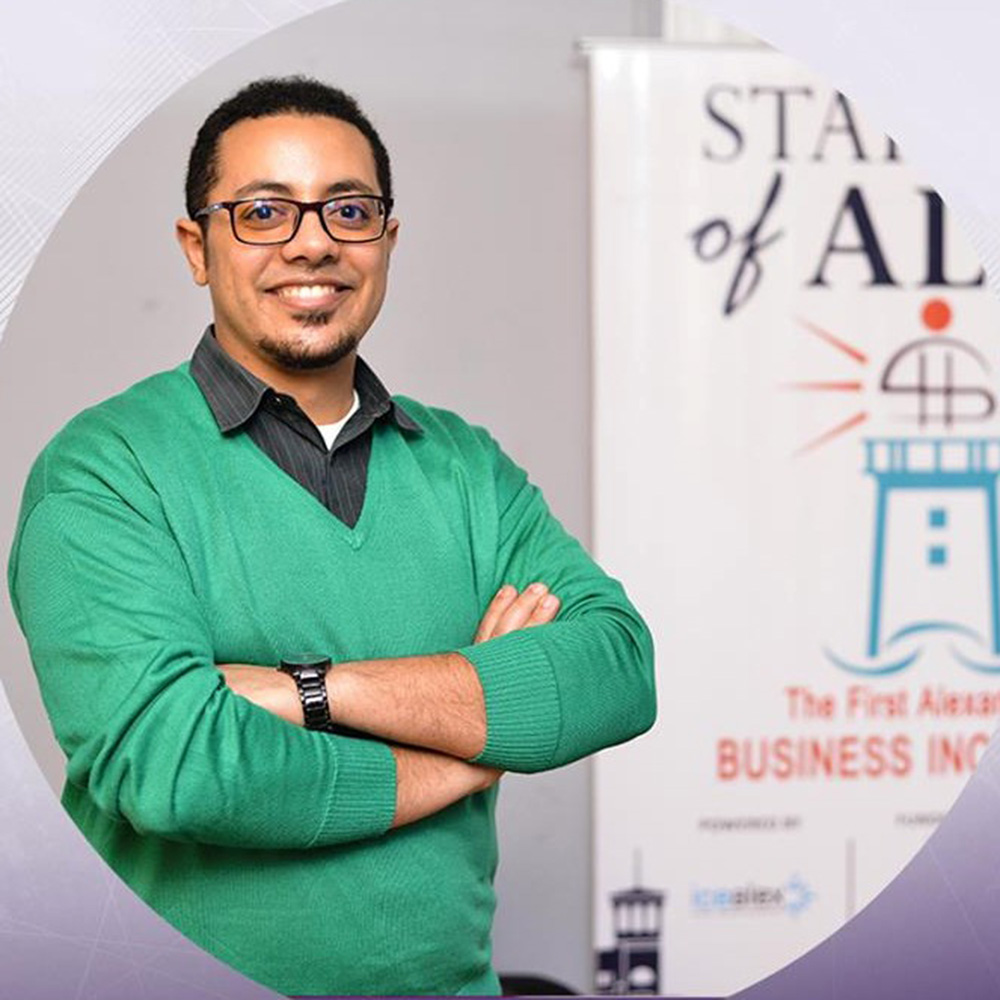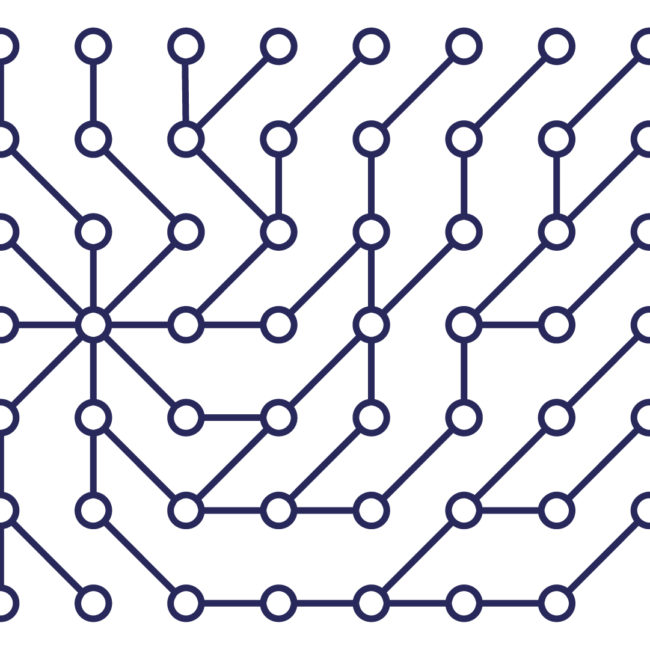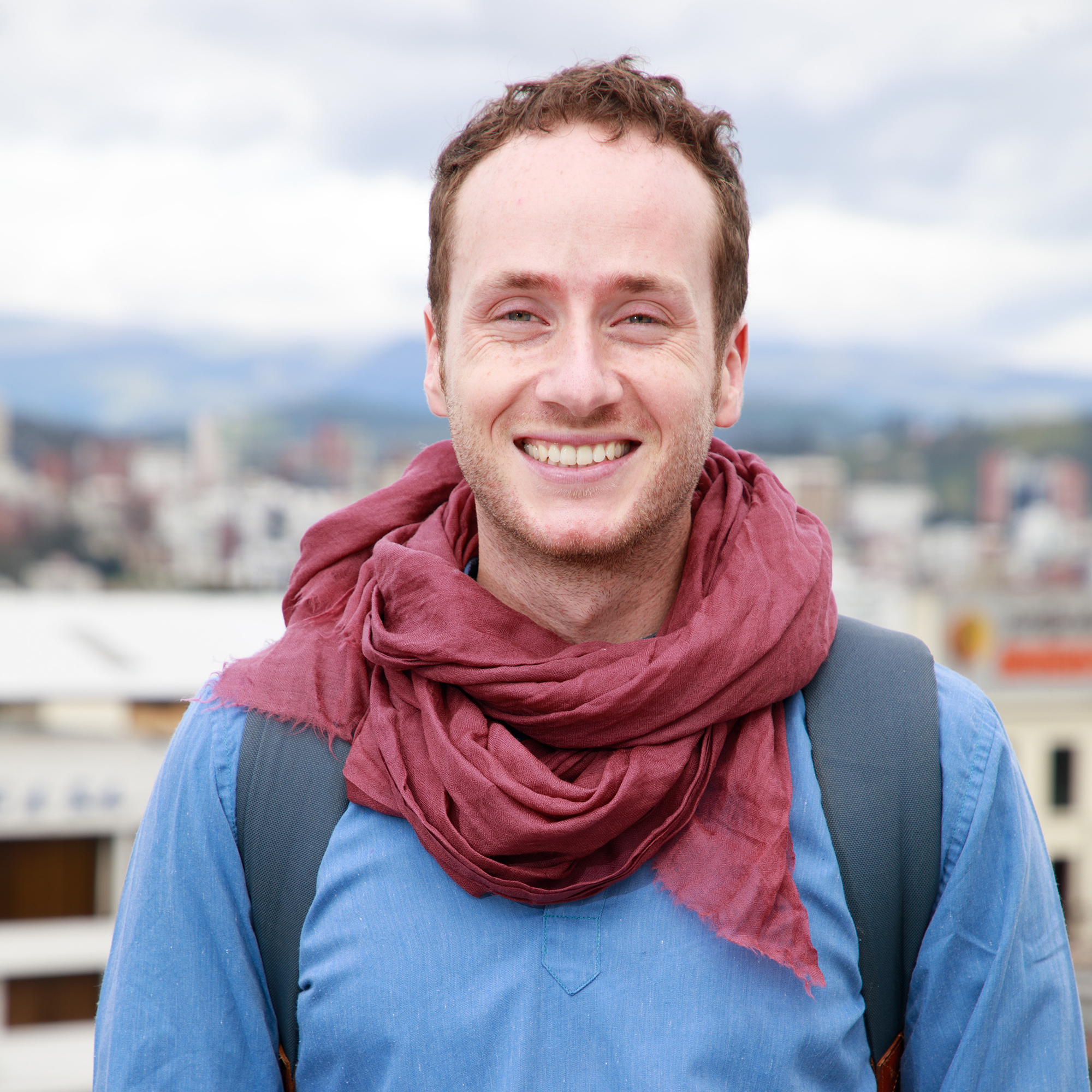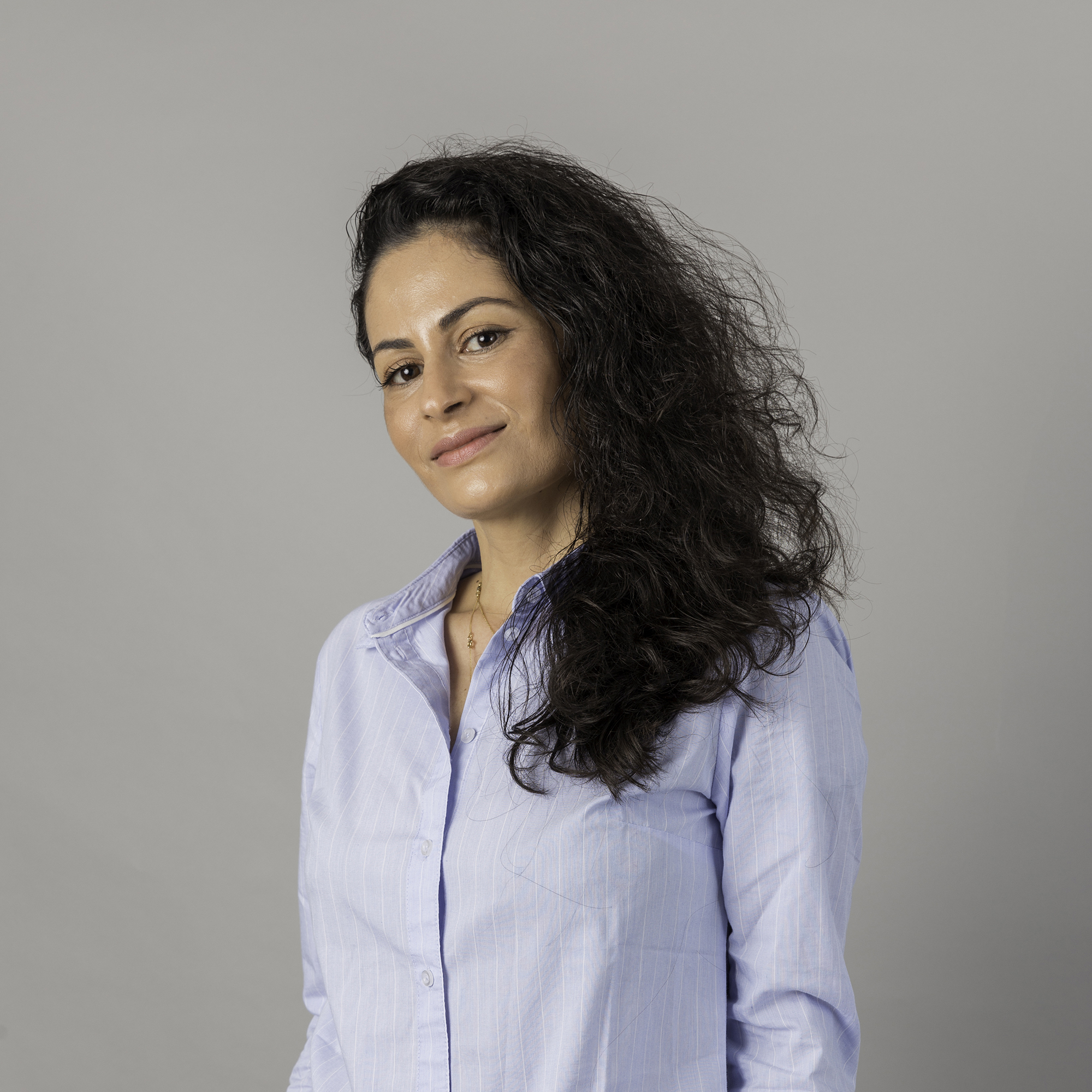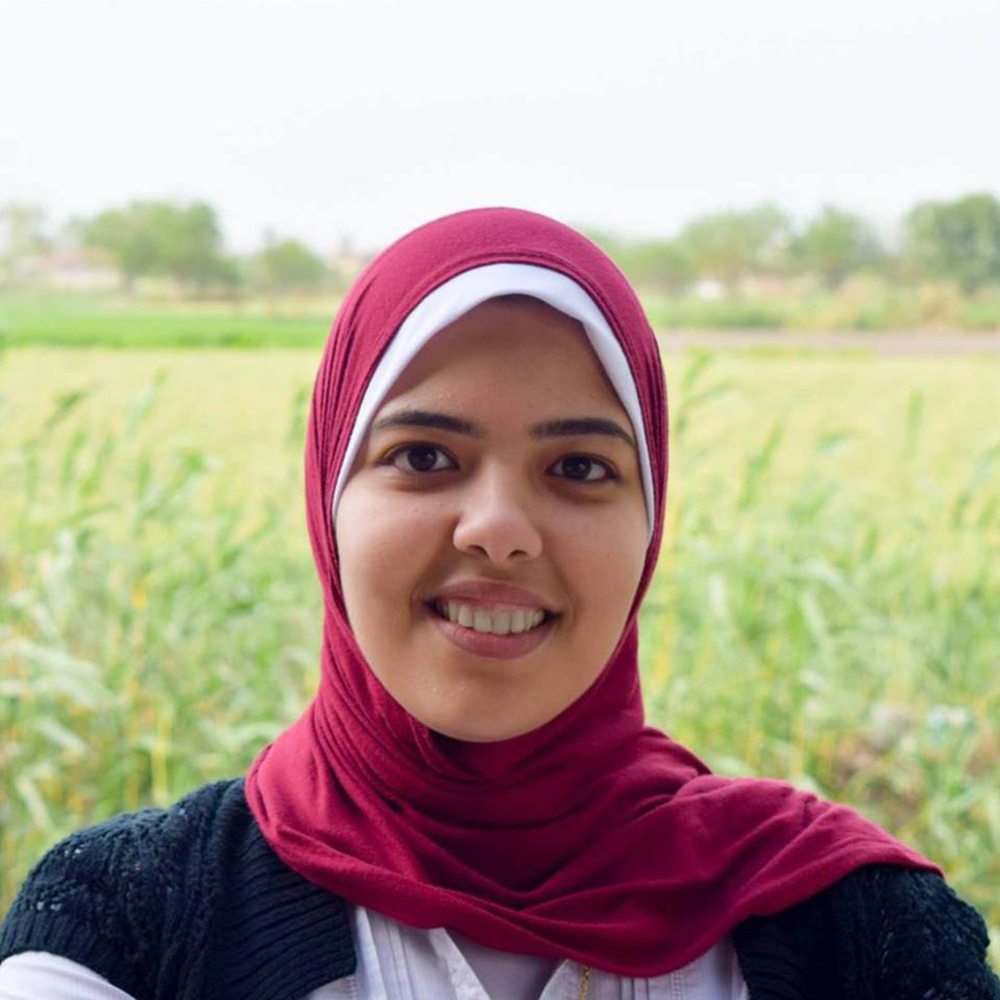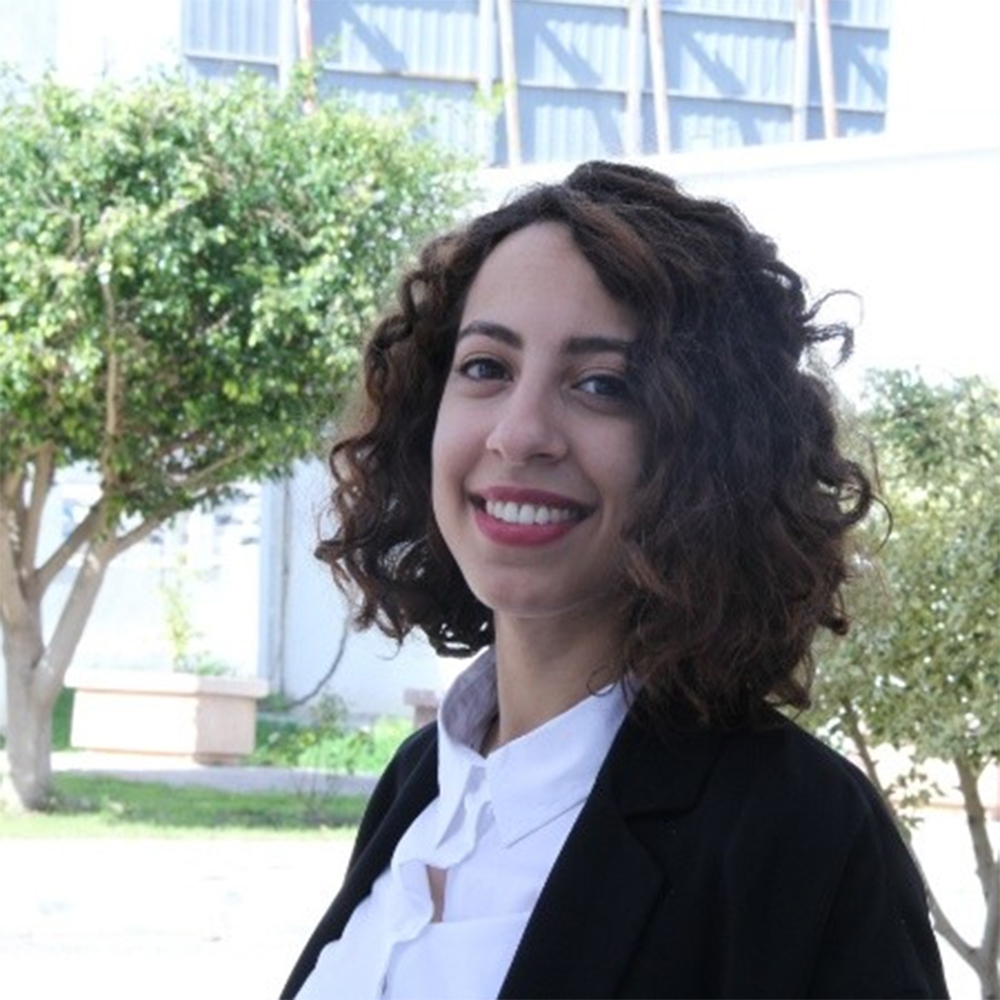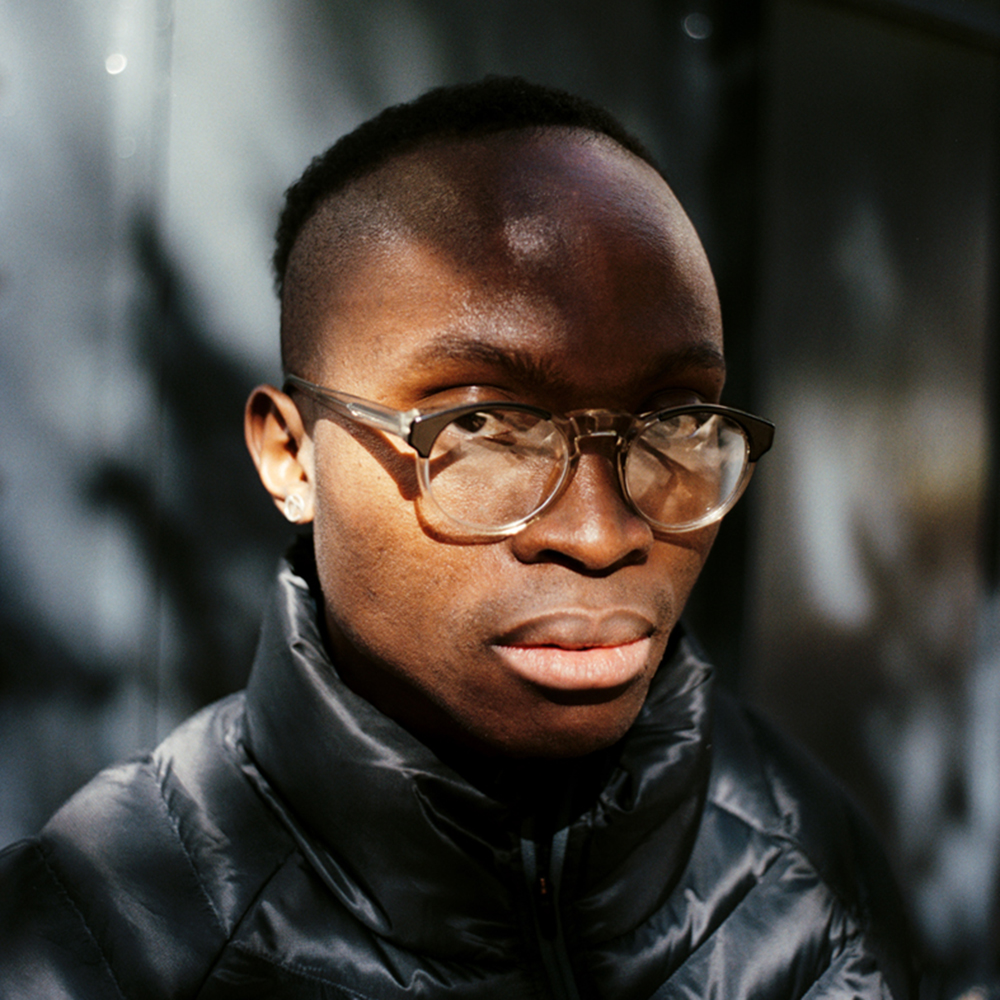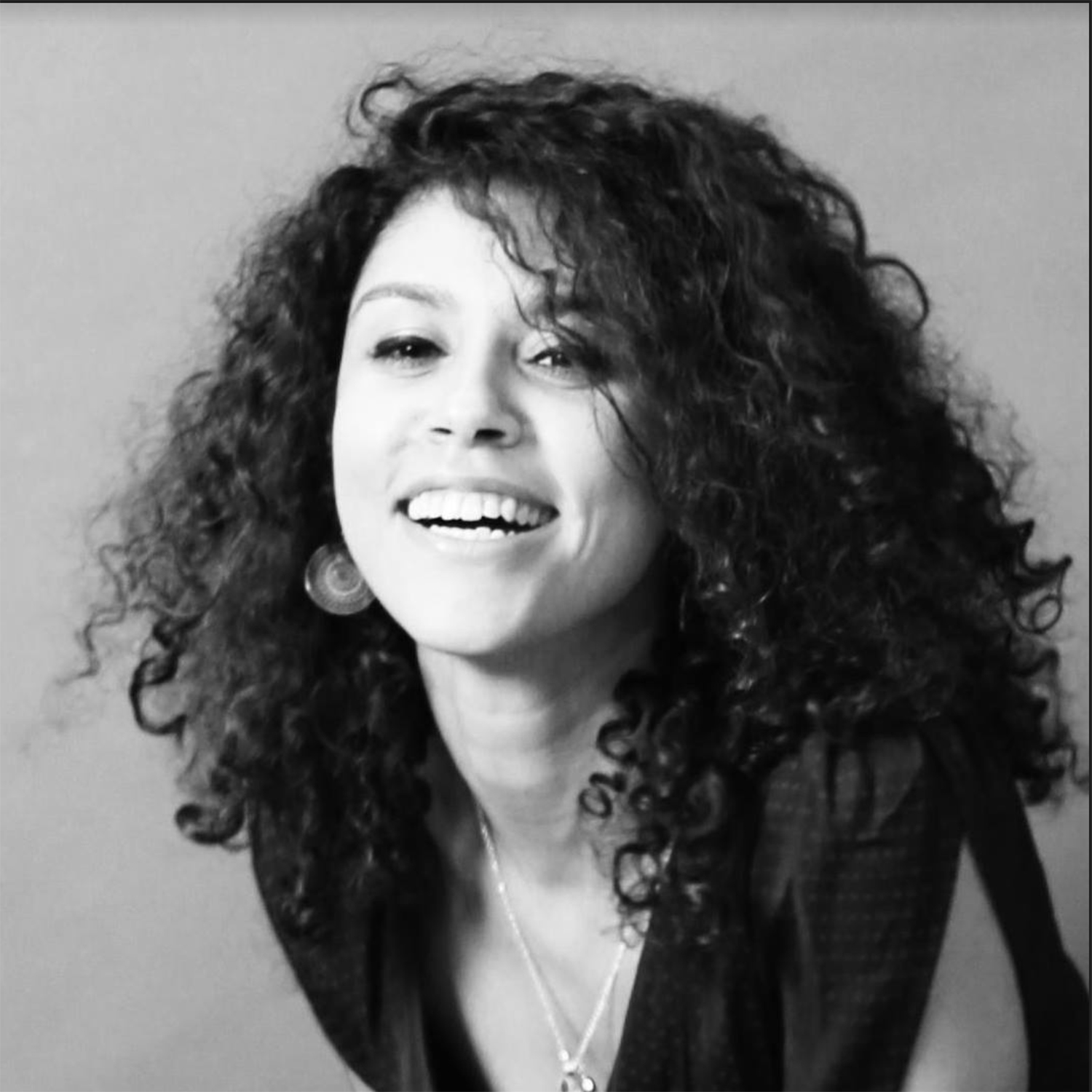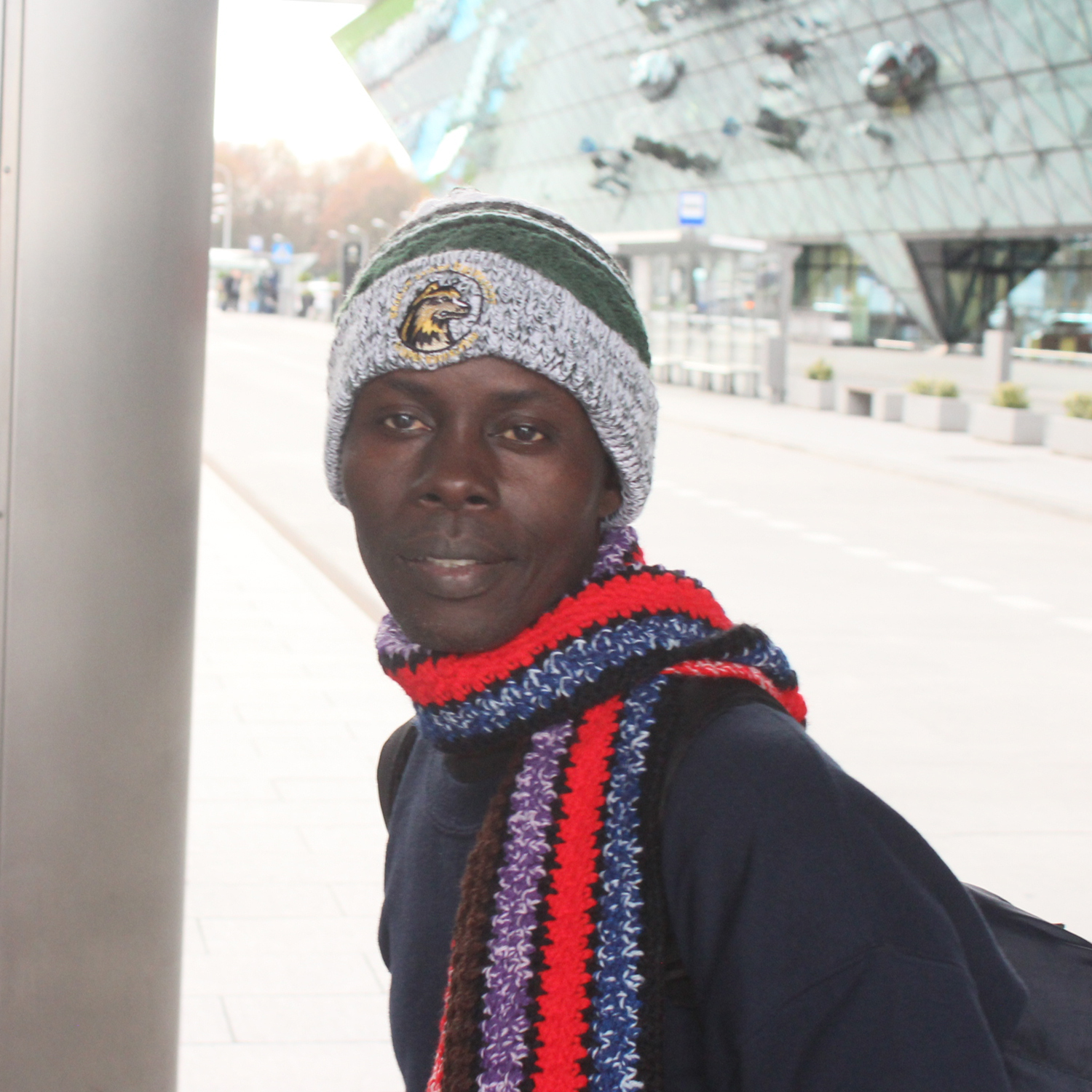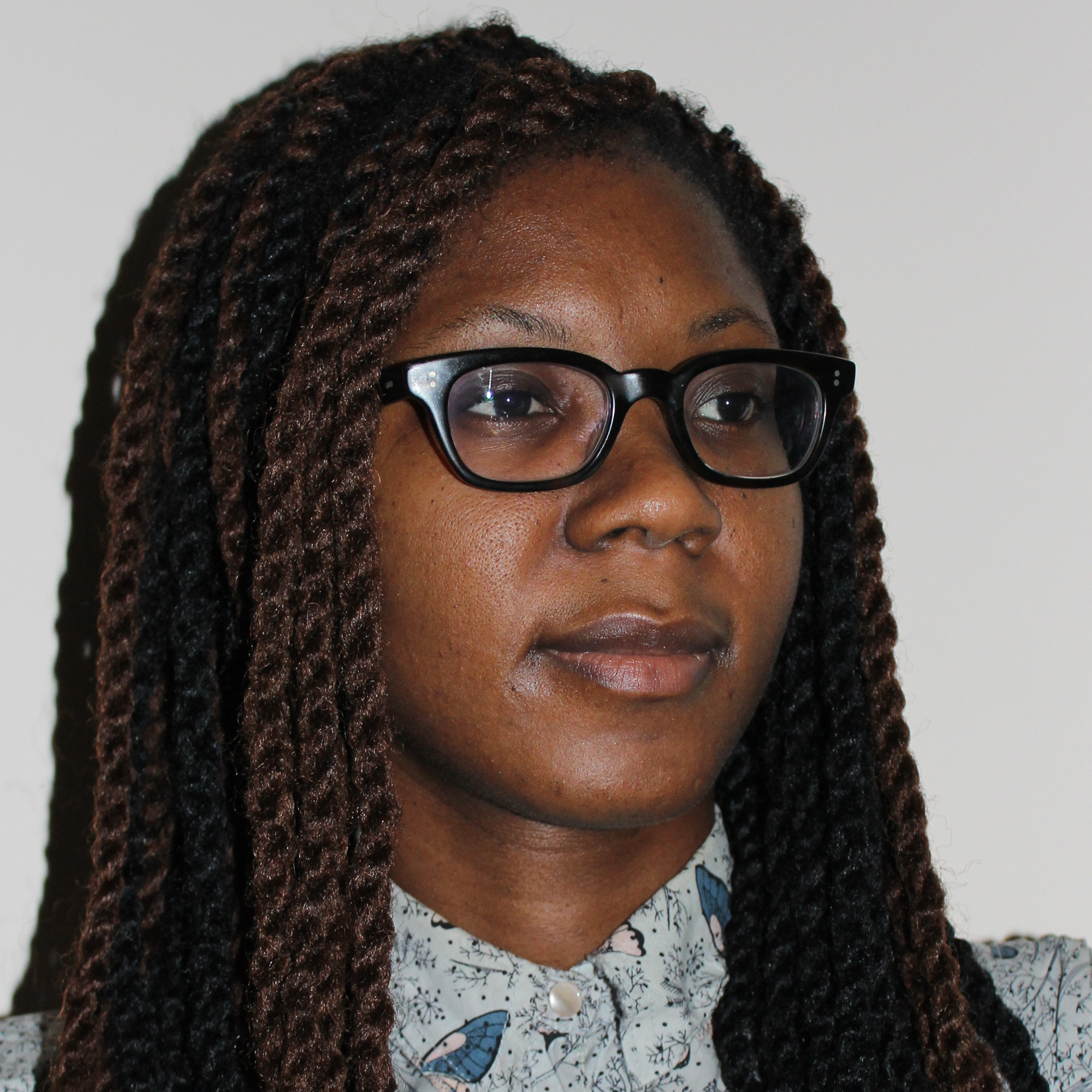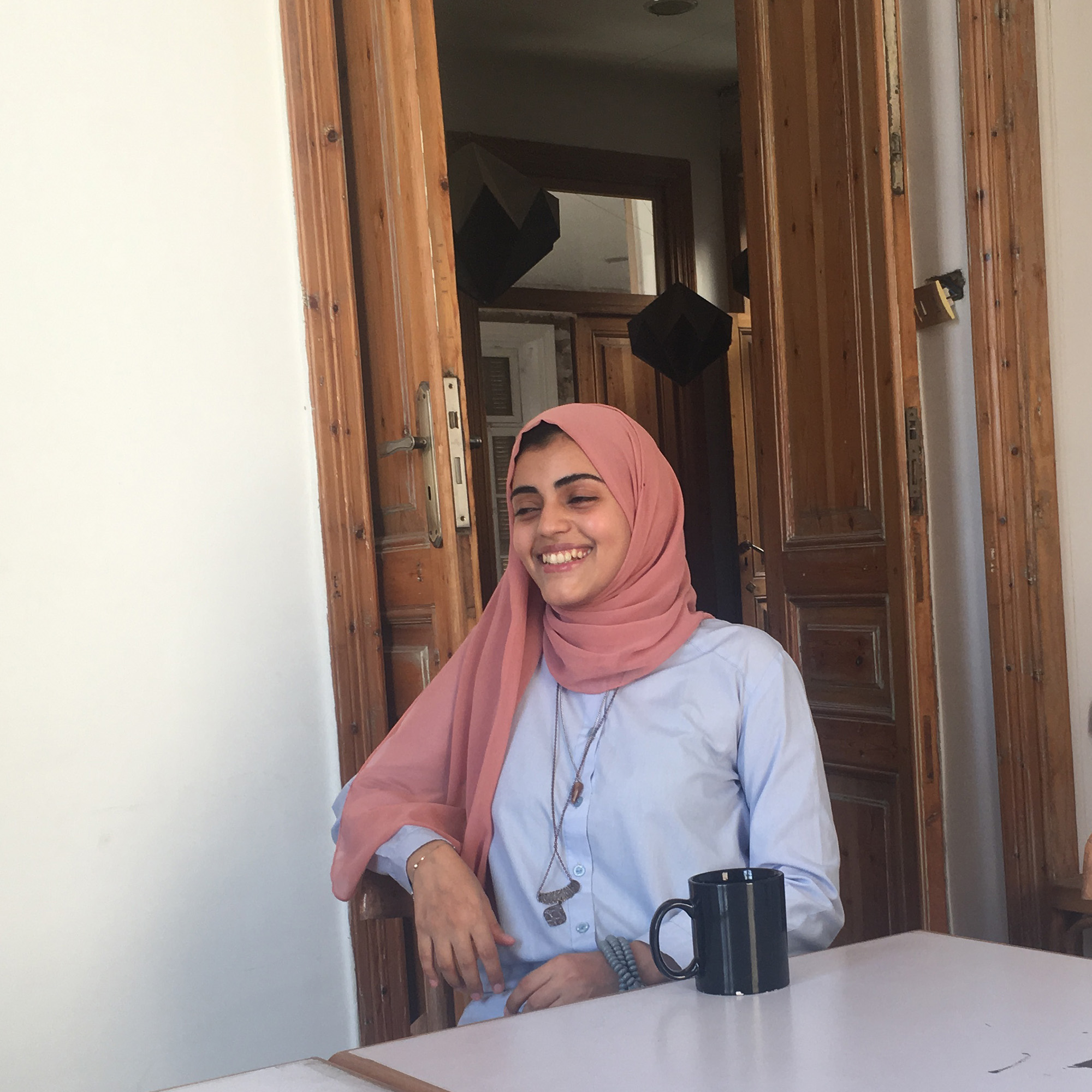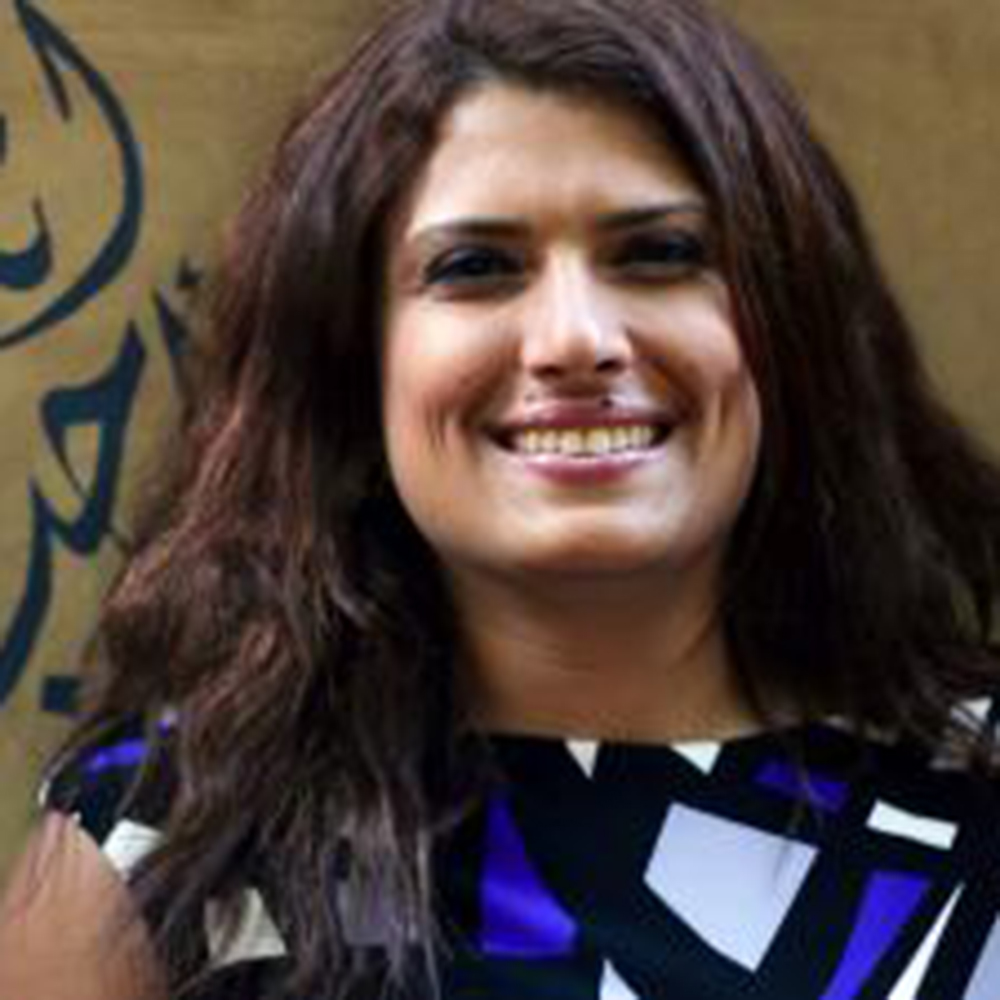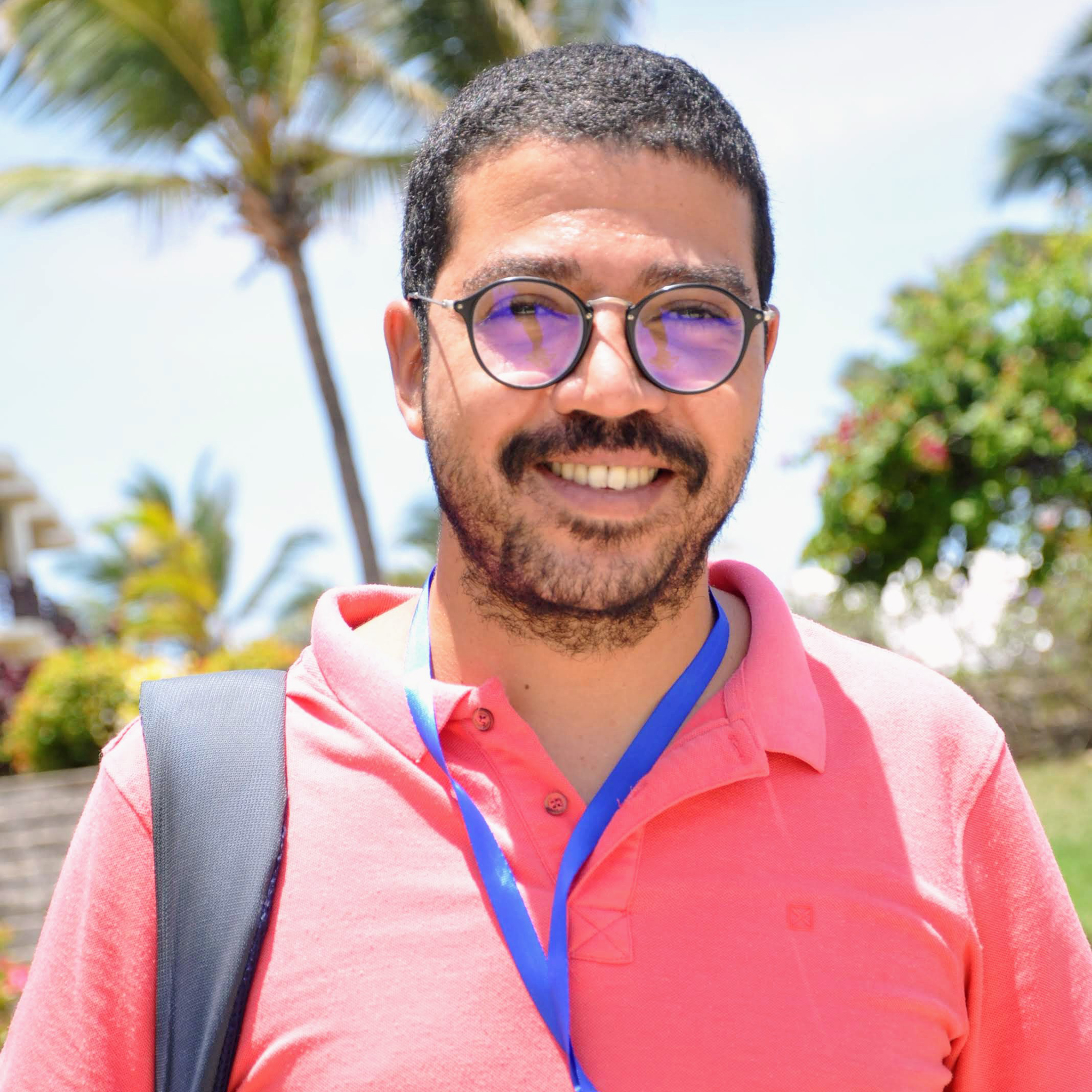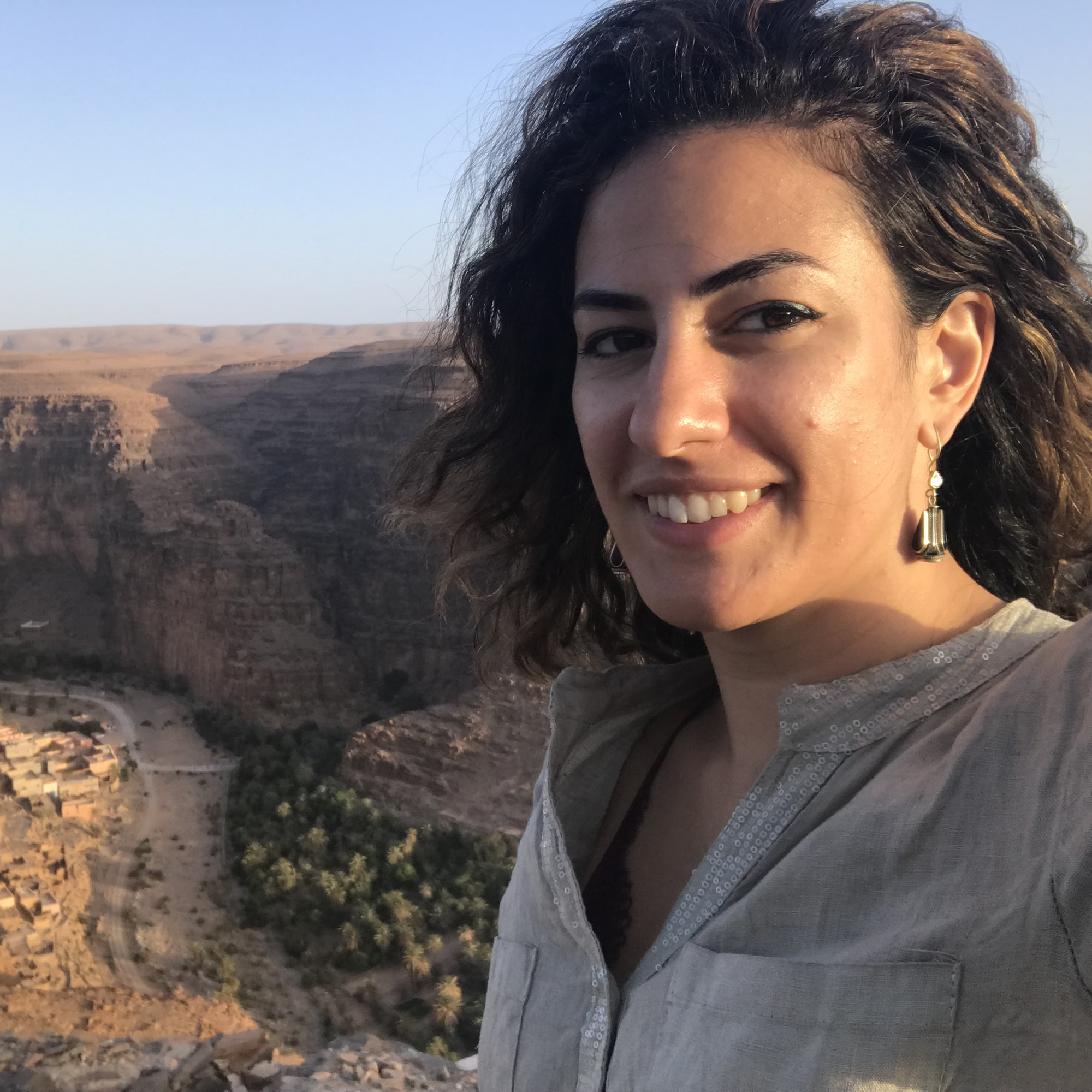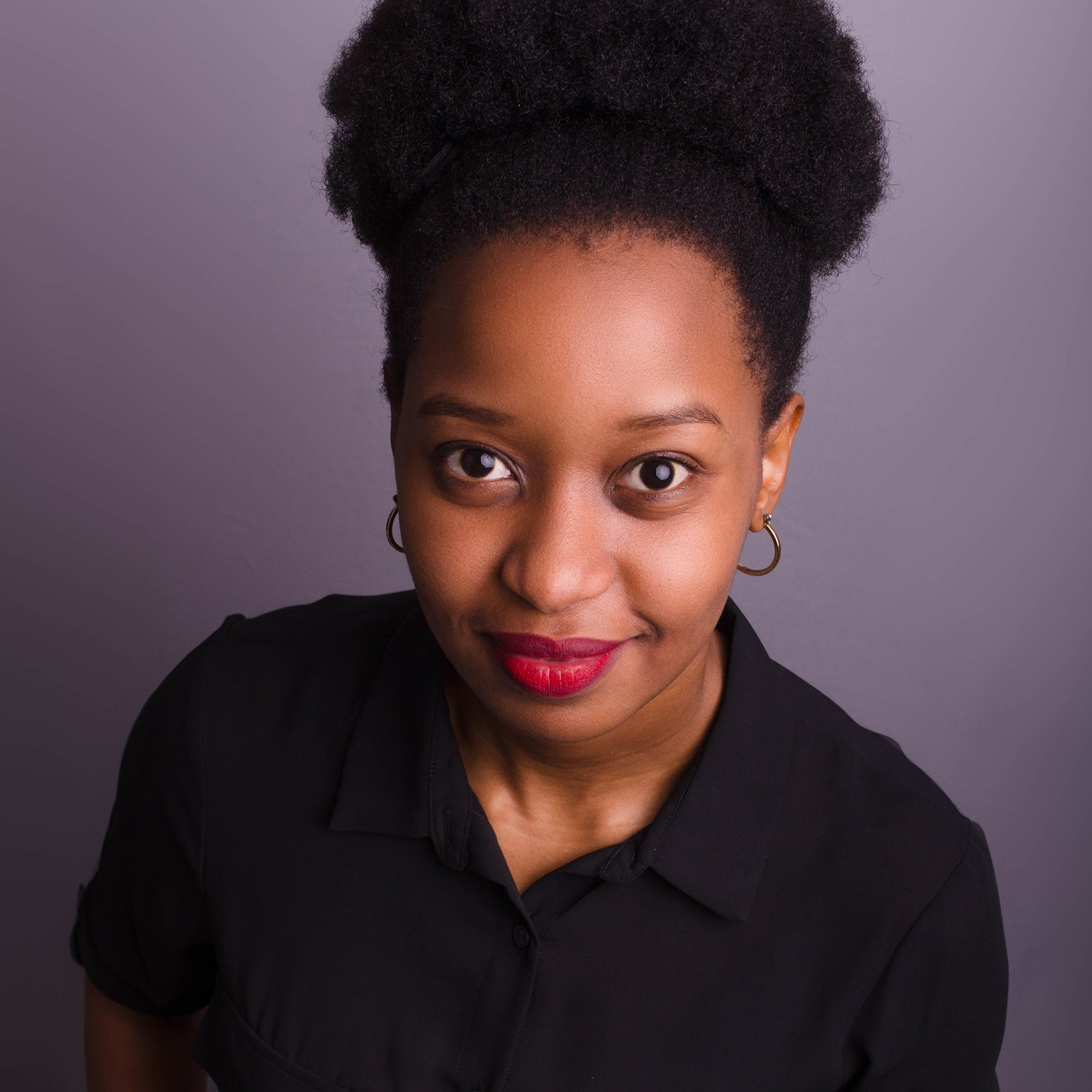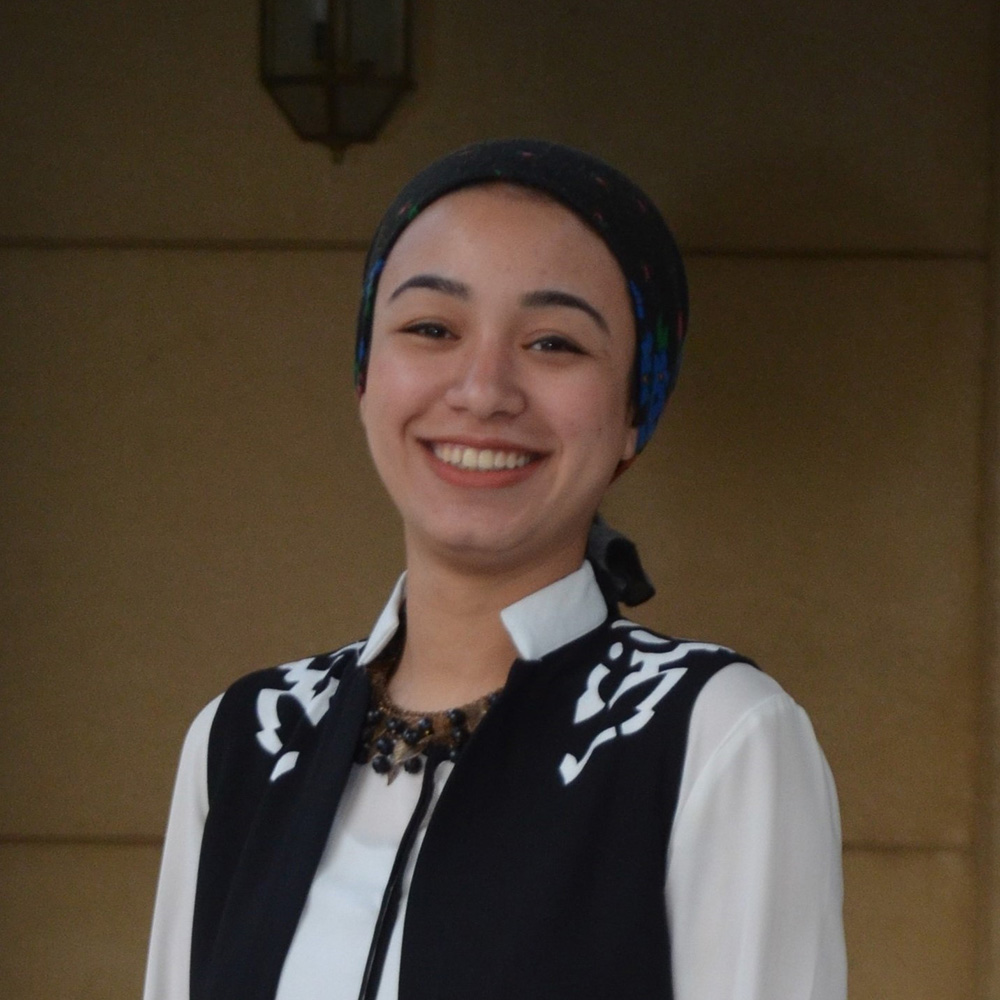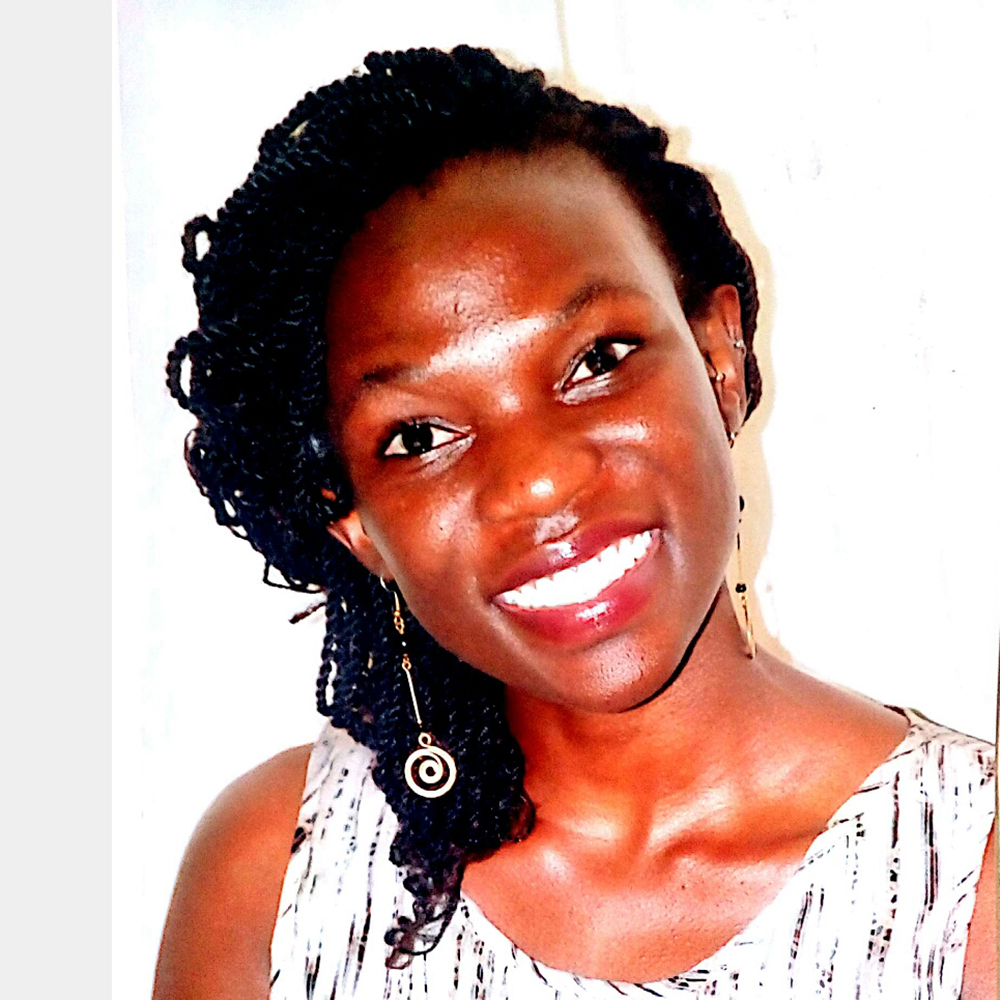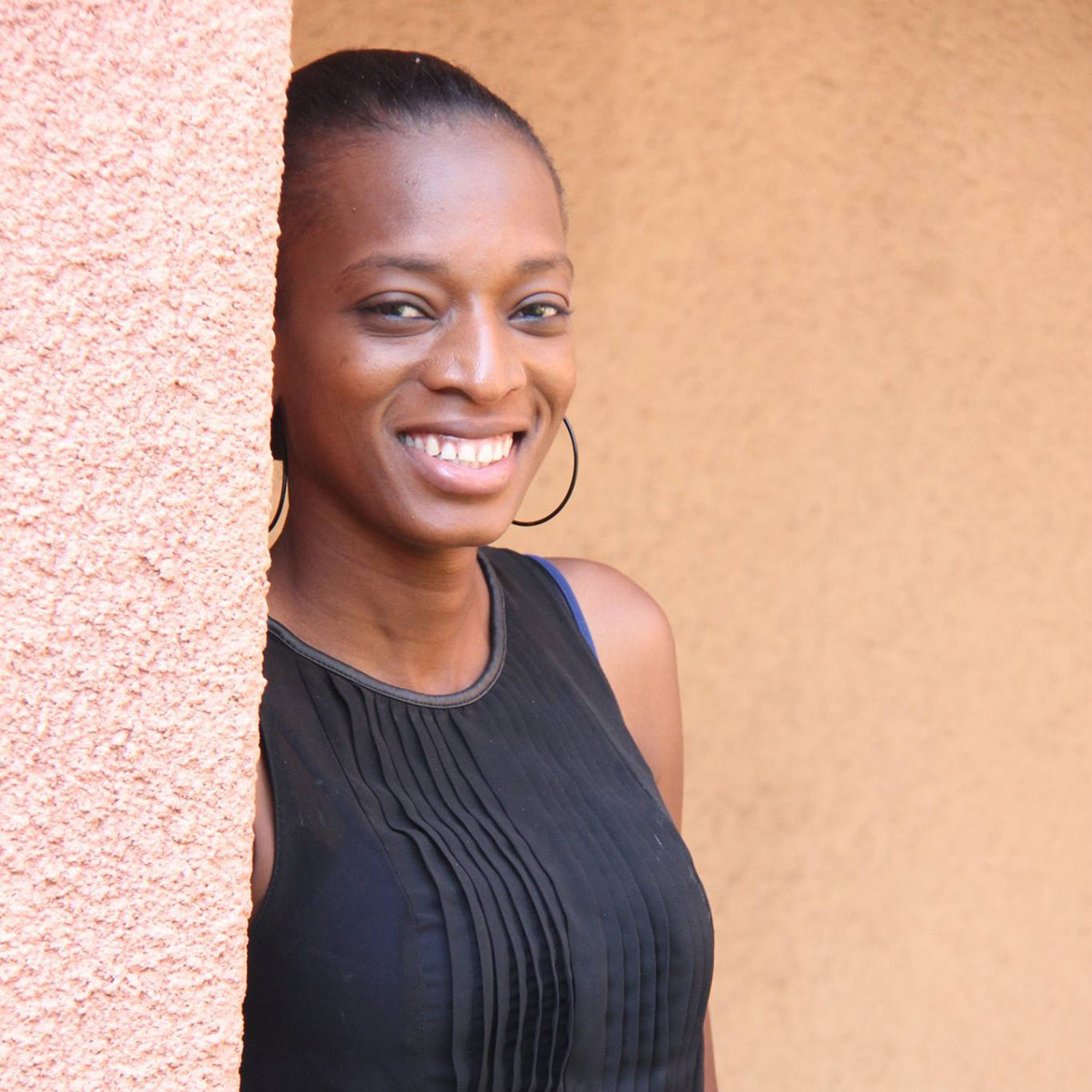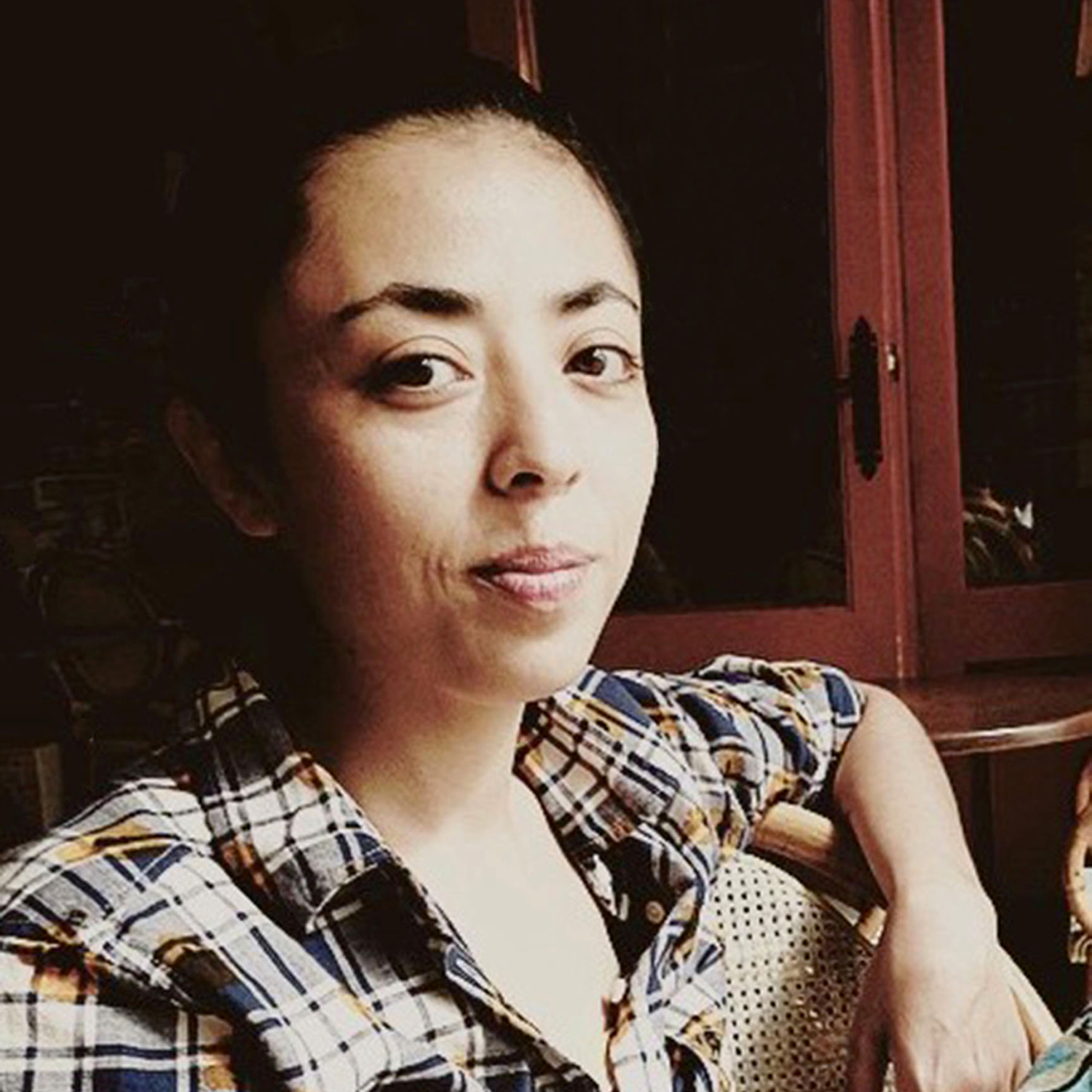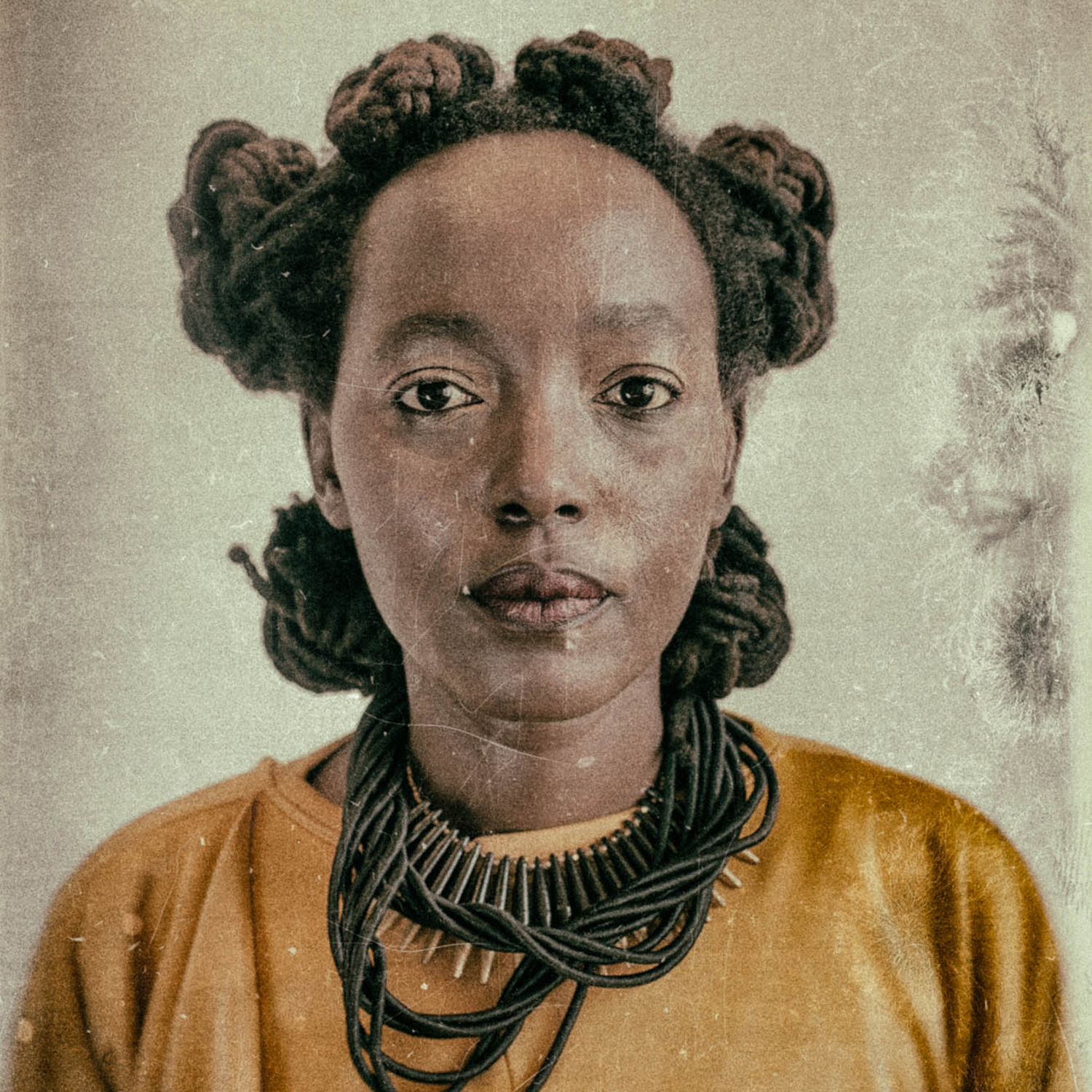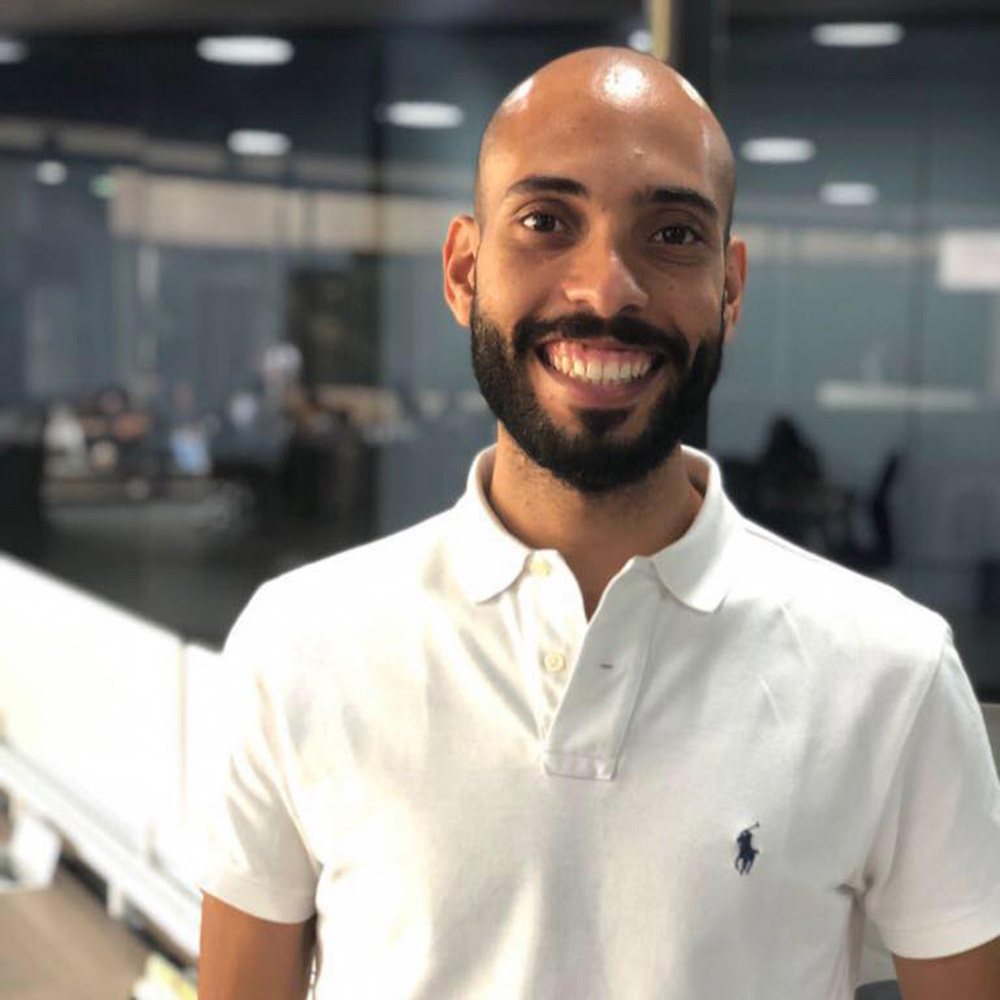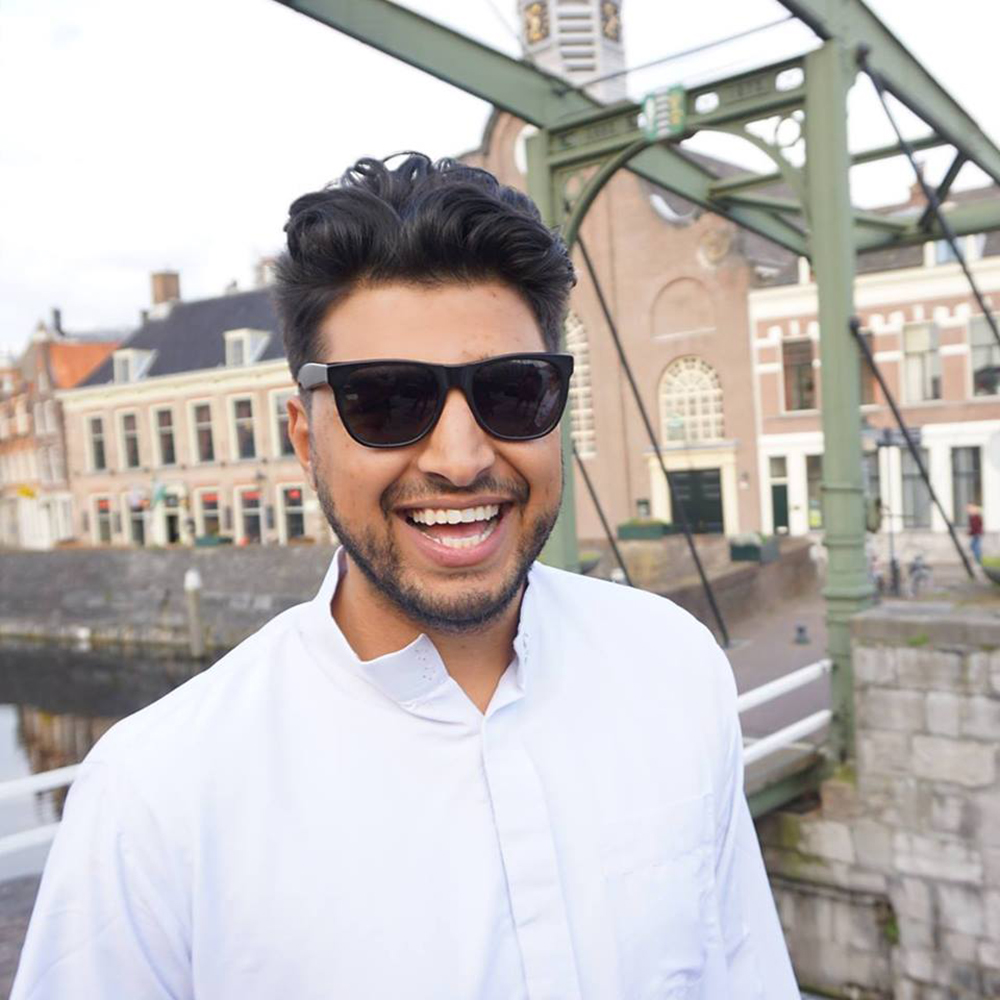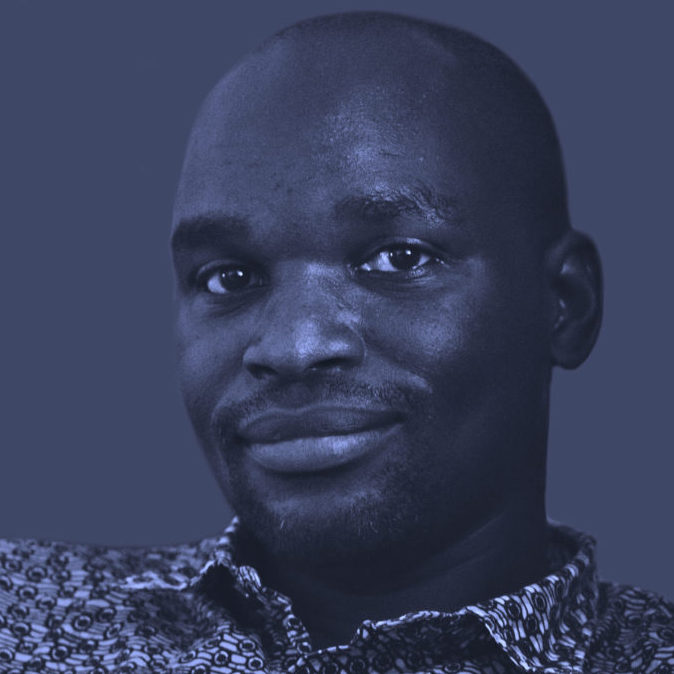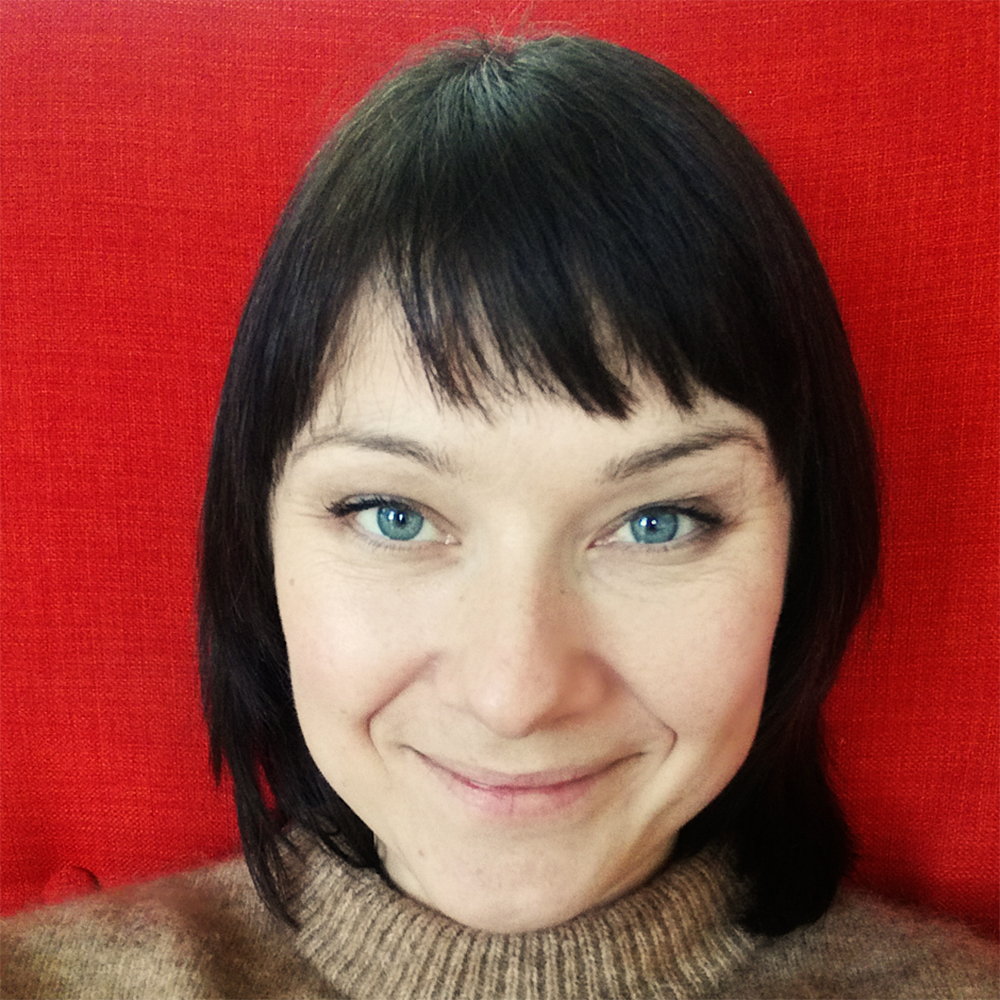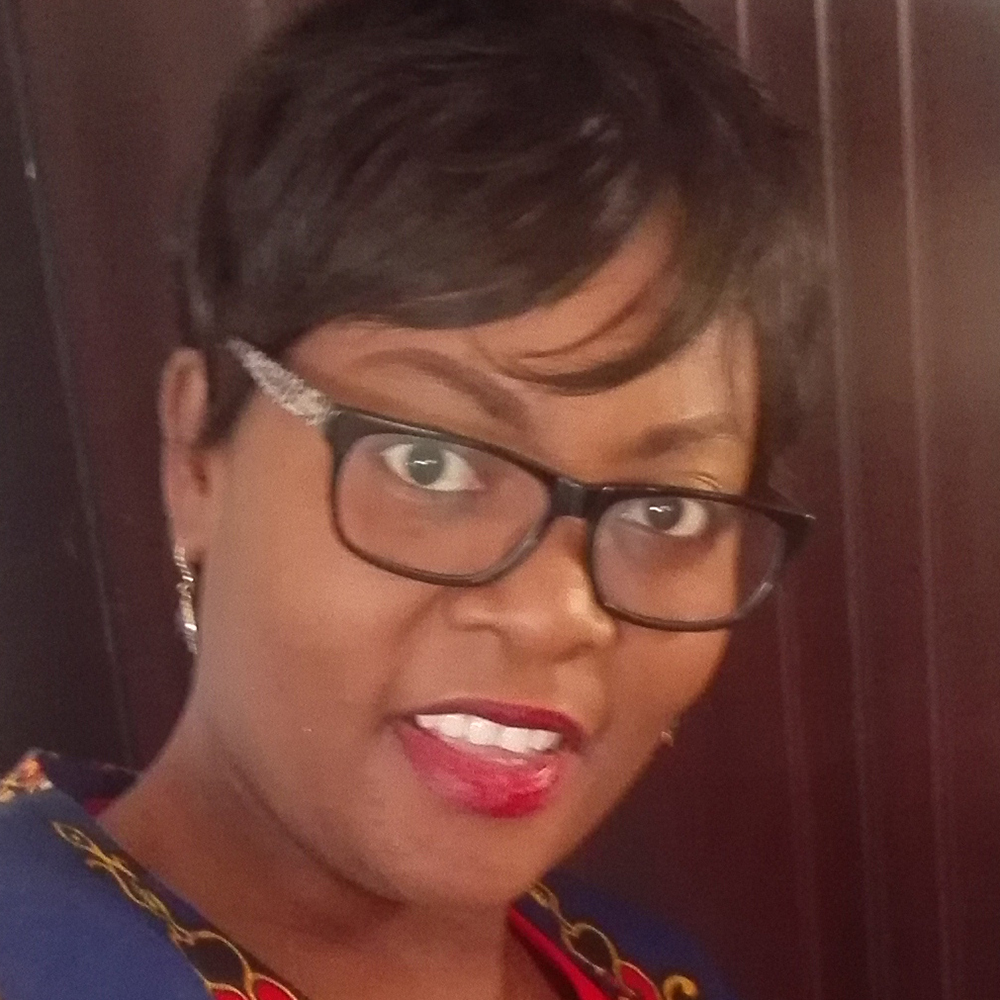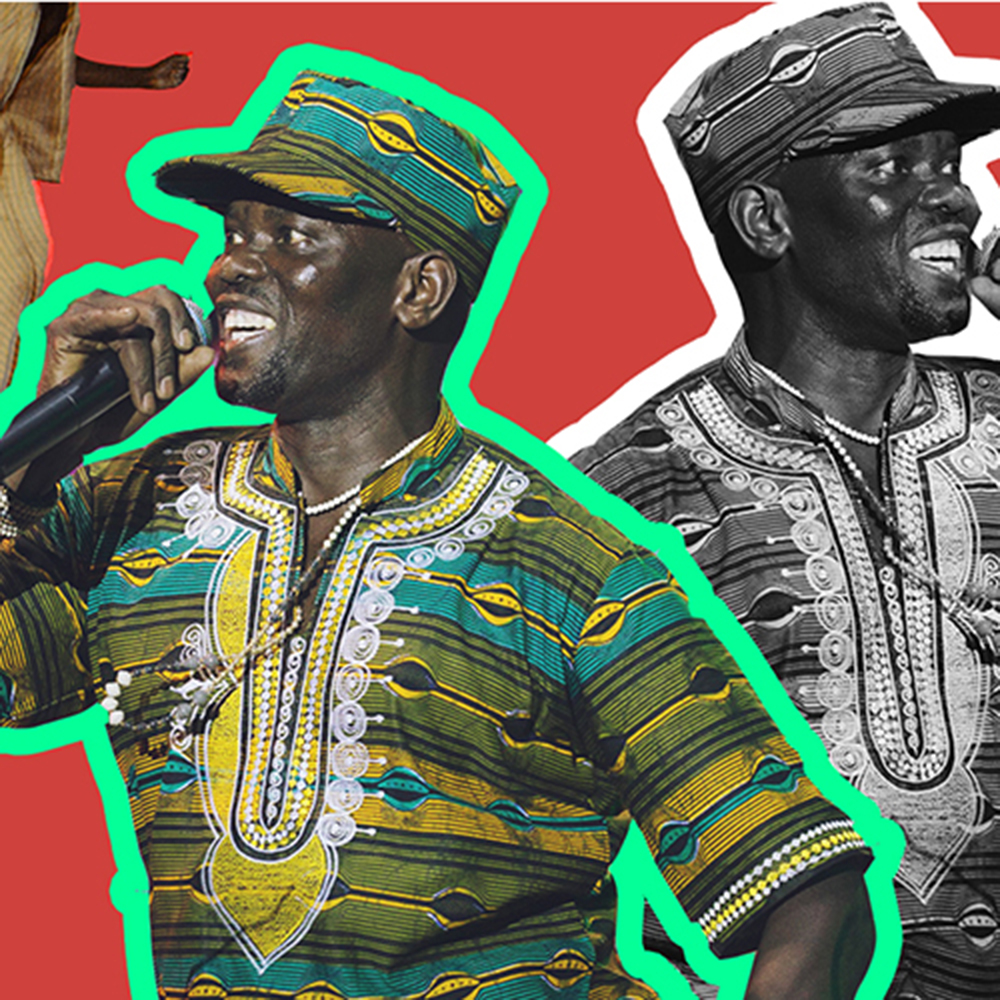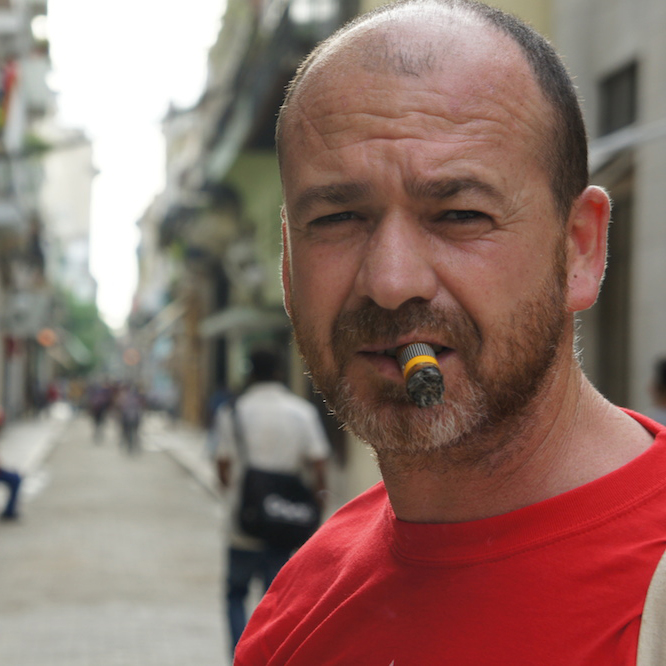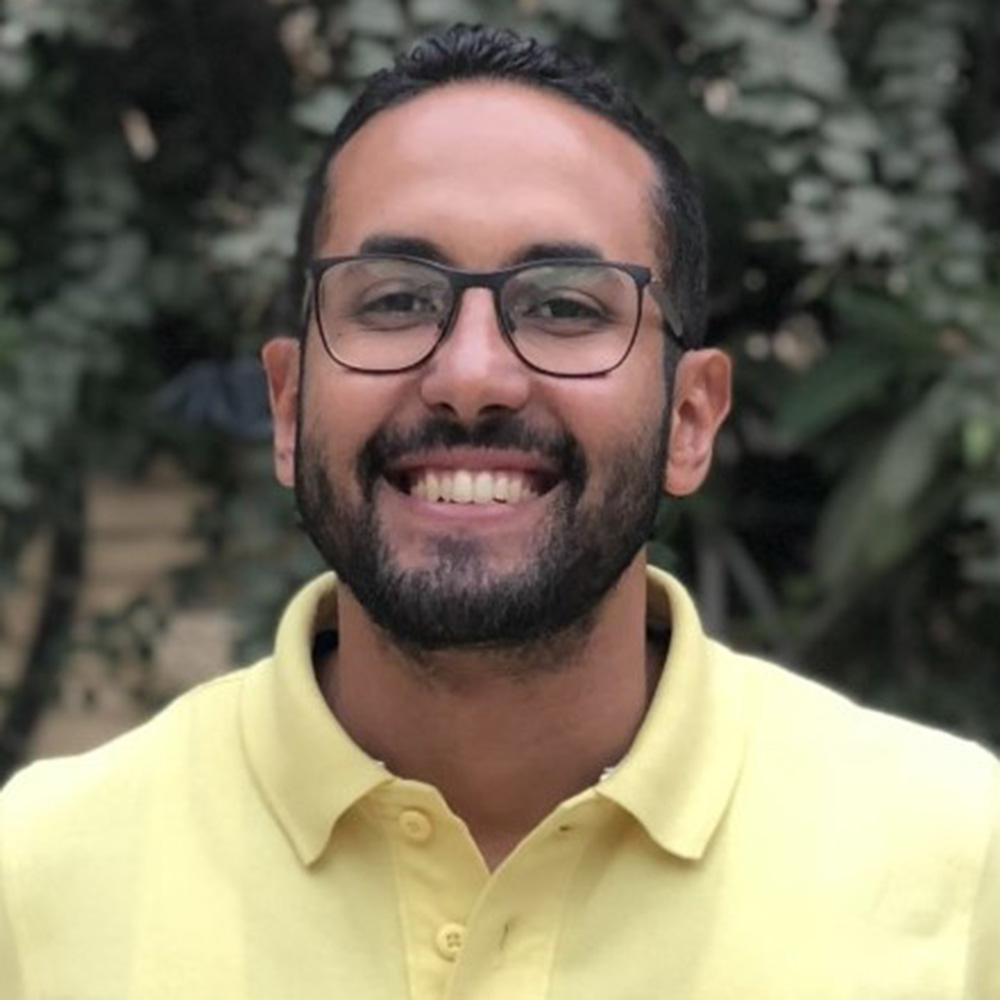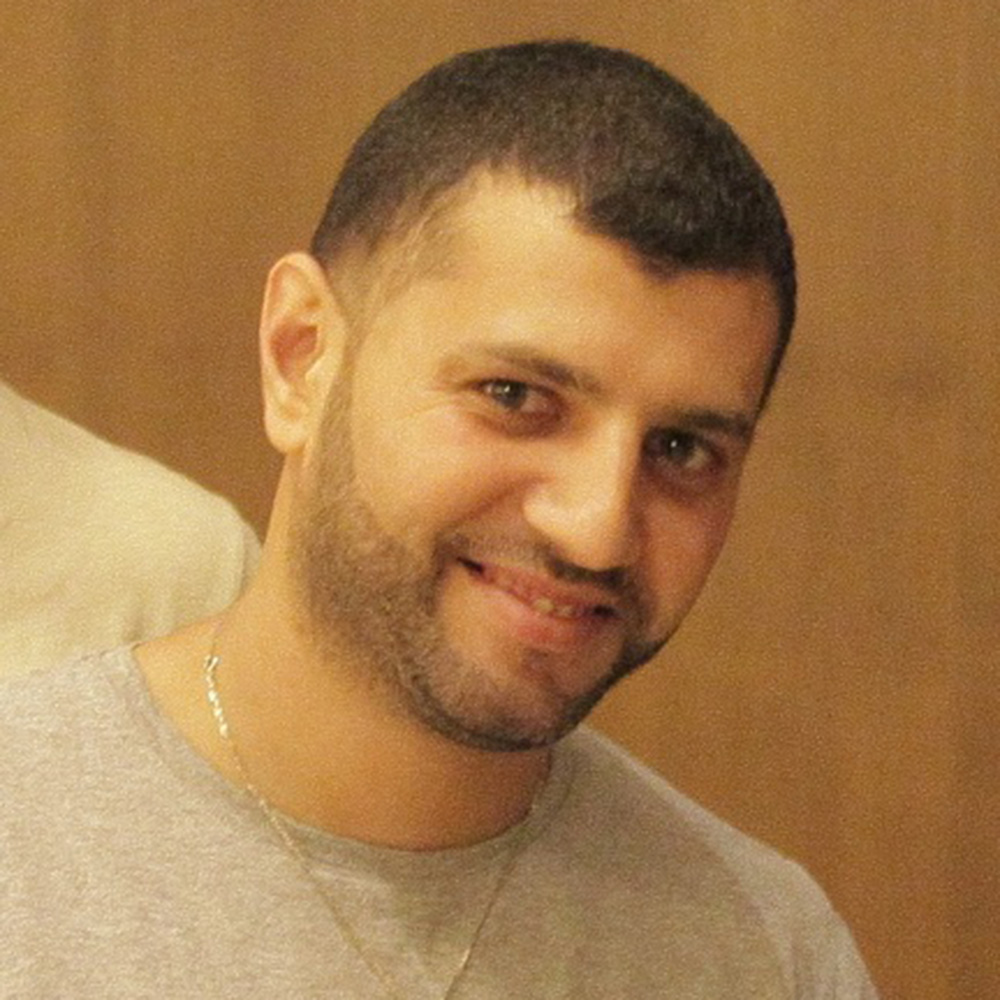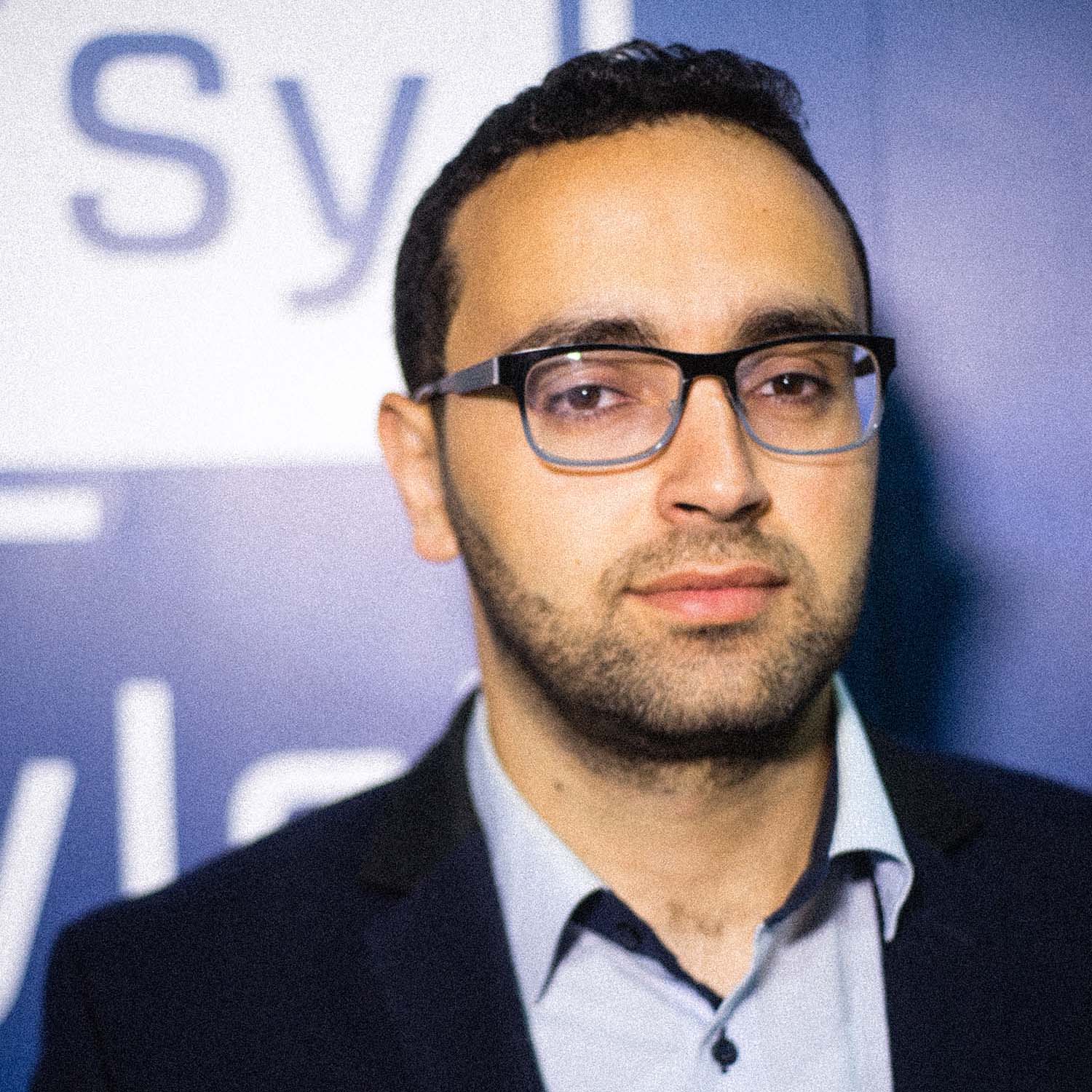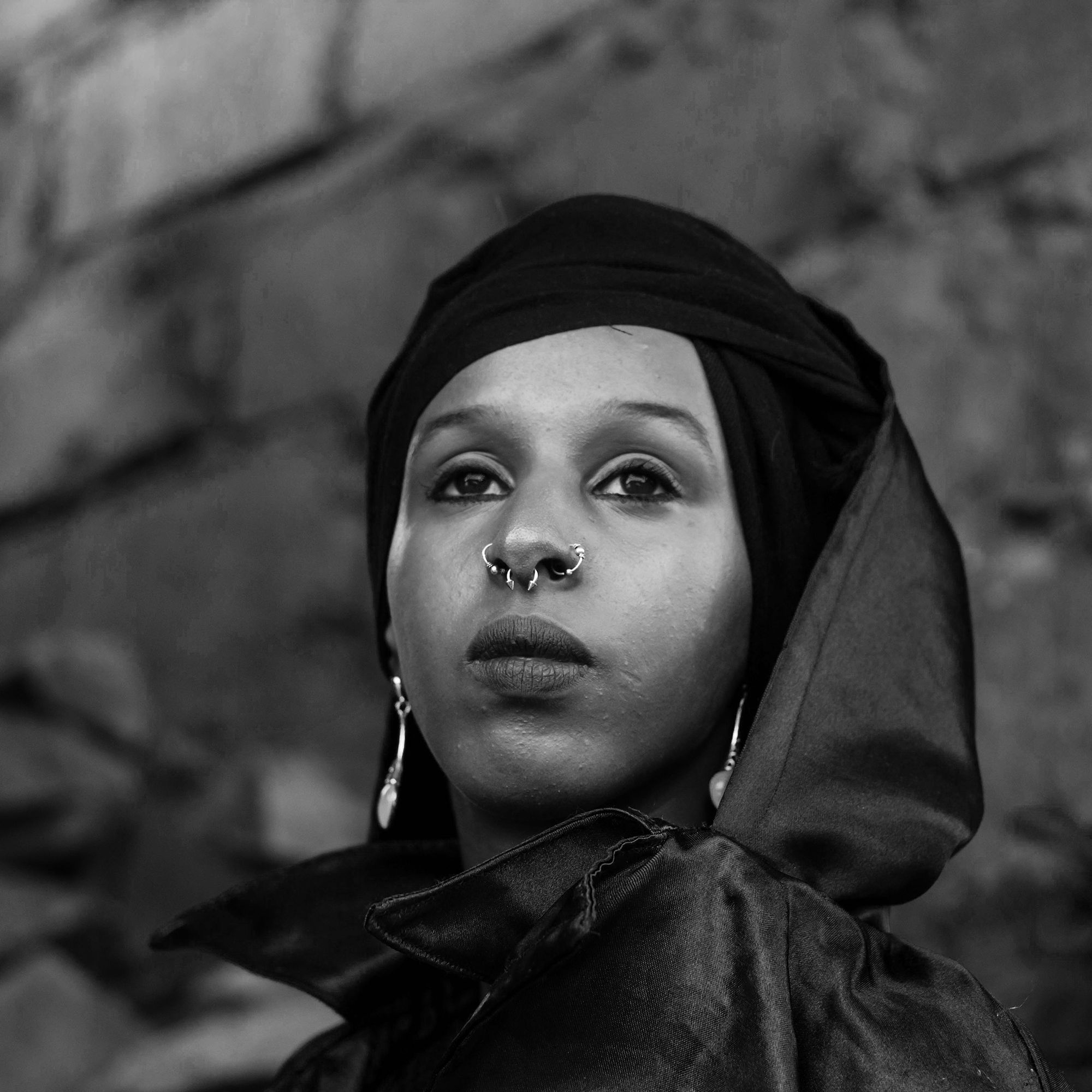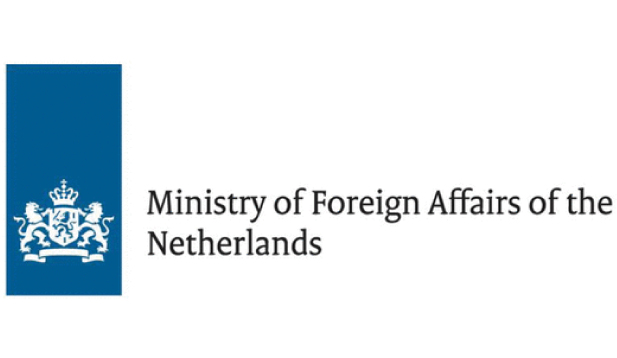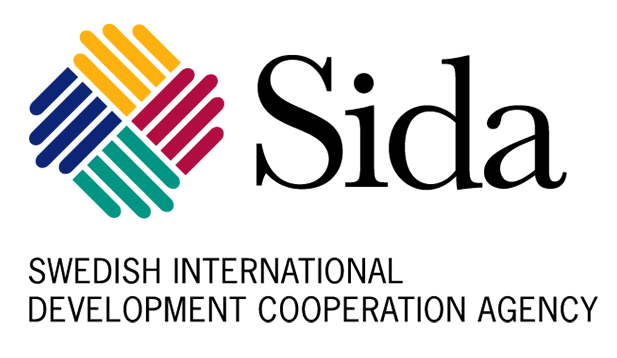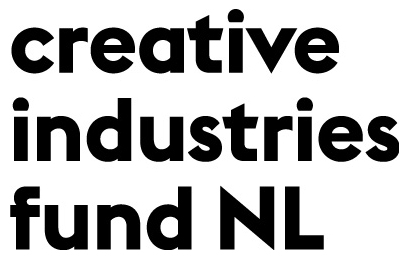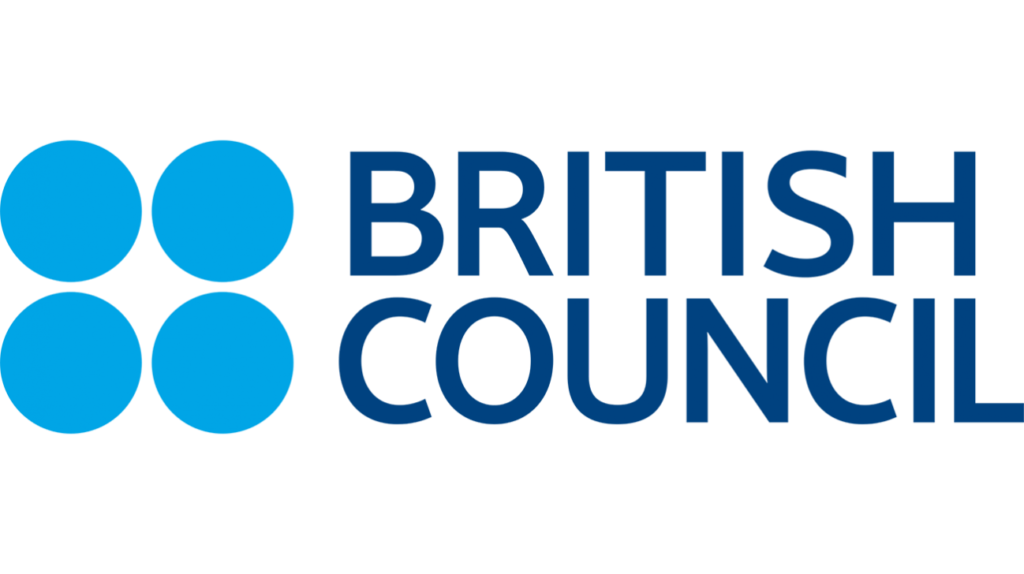African Crossroads
2018 EDITION
The Fourth Industrial Revolution
_
Throughout history, African societies have been connected to one another through expansive networks of knowledge, science, and innovation. For centuries, the ancient city of Timbuktu thrived as a center for arts, scholarship, and commerce as scholars, poets, and merchants traversed the Sahara to exchange ideas and goods. To the South, massive stone complexes in present-day Zimbabwe and Mozambique hosted hundreds of knowledge and trade centers dating back to the 12th century, while to the North, scholars in Alexandria honed their knowledge in the world’s largest library. In the East, Swahili traders sailed the Red Sea and crossed the Indian Ocean to trade gold with Asia, and the Moroccan scholar and explorer Ibn Battuta once travelled all the way to Zanzibar from his starting point in Tangier.
Today, new technological infrastructure and forms of work have enabled the latest iterations of these ancient networks and hubs. Across Africa, undersea and terrestrial fiber optic cables have crisscrossed, overlayed, and enhanced traditional African land and sailing routes. From the Dakar Biennial to mobile hackerspaces in rural Egypt, tech and art clusters are gathering scientists, entrepreneurs, and creatives to work at the intersections of the physical, digital, and biological. And from science and technology parks in Botswana, to Google's first artificial intelligence lab in Ghana, new types of hubs and communities are fostering the exchange of novel practices and ideas, supporting new professions, and amplifying experimental forms of expression.
Meanwhile, advances in artificial intelligence, blockchain, 3D printing, and more are disrupting every industry in every country in a manner unlike anyone has ever experienced before. In Kenya, Safaricom’s M-Pesa has registered over 17 million users for its mobile-phone-based, encrypted monetary exchange platform, while the National Bank of Kenya may soon incorporate blockchain into its operations. In Egypt and Morocco, the world's largest solar parks are currently being built. Health tech companies in Nigeria are using artificial intelligence for fast medical diagnoses, drones in Rwanda are now delivering blood to hospitals in remote locations, and rural farming communities across the continent can now ascertain the market price for their crops with the press of a button on their phones. Going even further, various African countries have recently launched their own space travel programs.
Standing at the crossroads of space and time, 100 participants of the inaugural African Crossroads will gather for three days in Marrakech, Morocco to connect, collaborate, and explore their own roles in shaping Africa’s ongoing technological and intellectual revolution, and to build new roads and centers of knowledge, art, entrepreneurship, and innovation across the African continent.
TRACK #1—AFRICAN KNOWLEDGE, INNOVATION, AND SKILLS CENTERS
Knowledge and skill centers such as coworking spaces, fablabs, art studios, and design hubs have sprouted up across the continent. What are the skills that these centers should offer for African entrepreneurs, artists, designers, and engineers? How can the knowledge centers become access points for scientific knowledge and information? How will these hubs shape—and be shaped by—Africa’s fourth industrial revolution? Finally, beyond individual hubs and services, how can these centers connect and establish a continent-wide knowledge infrastructure to support creativity and innovation?
TRACK #2—AFRICAN VALUE CHAINS
As Africa’s fourth industrial revolution kicks into full speed, what are the new value chains in technology, design, and entrepreneurship which will shape the future of the continent? How will new technologies create new types and forms of work, and establish access to new intra-African markets, and beyond?
TRACK #3—AFRICAN STORYTELLERS
Enabled by technology, a new generation of African storytellers have taken the shape of creative content producers, musicians, and videomakers. Once largely text-based, the Internet has become their domain, and is giving rise to new types of jobs and vocations for creatives and content creators alike. Artists are embracing new mediums and tools such as virtual reality and 3D printers to produce novel works, and they are now reaching larger and larger audiences across the continent. In 2018, what are the most important stories to be told in Africa? How can storytelling create new, critical narratives, and how can communities of storytellers and content producers connect across geographies and amplify their work beyond their local communities or particular circles? And finally, how do these storytellers sustain themselves and their work, creatively and financially, in a constantly changing and shifting industry?
_
Tout au long de l’histoire, les sociétés africaines ont su communiquer à travers les réseaux éternellement expansibles du savoir, de la science et de l’innovation. Durant des siècles, l’ancienne ville de Tombouctou florissait comme un haut-lieu du savoir, un carrefour pour les arts et un pôle commercial, offrant alors aux savants, poètes et marchands qui parcouraient le Sahara la possibilité d’échanger biens et idées. Plus au Sud, des réseaux similaires émergeaient par centaines vers le XIIè siècle, à l’abri des complexes rocailleux qu’occupent l’actuel Zimbabwe et le Mozambique, tandis qu’au Nord, les savants d’Alexandrie aiguisaient leurs esprits au cœur de la plus grande bibliothèque du monde. À l’Est, alors que les commerçants Swahilis traversaient la Mer rouge et l’Océan Indien en bateau pour troquer de l’Or et l’Ivoire contre l’Indigo ou le textile, le savant et explorateur marocain Ibn Battûta réalisait, quant à lui, l’arc épique de Tanger à Zanzibar.
Aujourd’hui, les formes nouvelles du travail et de la technologie ont permis de reconstituer ces les voies qui reliaient ces pôles de connaissances. À travers le continent, des kilomètres de fibres optiques terrestres et sous-marines s’enchevêtrent, revêtissent et consolident la mailles des trajectoires historiques. De la Biennale de Dakar aux hackerspaces ambulants des zones rurales égyptiennes, les regroupements à buts initialement artistique et technologique rassemblent désormais les scientifiques, les entrepreneurs et les créatifs autour d’une nouvelle manière du travail, à l’intersection du physique, du numérique et du biologique. Des parcs scientifiques et technologiques du Botswana au premier laboratoire d’intelligence artificielle de Google au Ghana, nous assistons à l’émergence de nouveaux pôles de connaissances qui favorisent l’échange d’idées novatrices, encouragent les nouveaux métiers et ouvrent la voie à l’expérimentation.
Au même moment, les progrès de l’intelligence artificielle, de la Blockchain ou encore de l’impression 3D bouleversent l’équilibre de tous les secteurs d’activités comme jamais auparavant. Au Kenya, Safaricom a enregistré plus de 17 millions d’utilisateurs de M-Pesa, son système de microfinancement et de transfert d’argent par téléphone mobile. La Banque nationale du Kenya envisage l’intégration de la Blockchain dans son appareil de transactions. Les plus grands parcs solaires au monde sont en cours de construction en Égypte et au Maroc. Au Nigeria, les compagnies de technologies sanitaires mettent l’intelligence artificielle au service du diagnostics rapides. Au Rwanda les drones automatisent la livraison de sang dans les hôpitaux des régions enclavées. Les communautés agricoles de par le continent peuvent désormais s’assurer des cours du marché en appuyant sur un bouton de téléphone. Mieux encore, plusieurs pays africains ont récemment initié leurs propres programmes spatiaux. La listes des exemples est infinie.
C’est à la croisée du temps et de l’espace que 100 participants de l’édition inaugurale de African Crossroads se réuniront pendant trois jours à Marrakech, au Maroc, pour tisser des liens, collaborer et explorer leurs propres rôles dans la révolution technologique et intellectuelle en cours en Afrique. African Crossroads posera les jalons de nouvelles routes, de nouvelles plateformes de savoirs pour l’art, l’entrepreneuriat et l’innovation à l’échelle du continent Africain.
AXE #1— LES PÔLES DE CONNAISSANCES, DE COMPÉTENCES ET D'INNOVATION EN AFRIQUE
Les pôles de connaissances et de compétences tels que les espaces de coworking, les fab-labs, les studios de création et les incubateurs prolifèrent sur le continent. Quelles types de savoirs ces centres peuvent-ils offrir aux entrepreneurs, artistes, concepteurs et ingénieurs africains? Comment constituer ces plateformes en point d’accès à la connaissance scientifique et à l’information? Comment façonneront-elles la “Quatrième révolution industrielle” de l’Afrique — et vice-versa? Enfin, au-delà des ancrages individuels de ces plaques-tournantes, comment les mettre en lien pour constituer une infrastructure de production du savoir à portée continentale, et qui sous-tende la créativité et l’innovation?
AXE #2— LES CHAÎNES DE VALEUR AFRICAINES
Alors que la quatrième révolution industrielle connait un essor en Afrique, quelles sont les nouvelles chaînes de valeur en matière de technologie, de design et d’entrepreneuriat qui façonneront l’avenir du continent? Comment les technologies instituent-elles les nouvelles formes du travail? Comment établiront-elles des nouveaux marchés transafricains?
AXE #3—LES CONTEURS AFRICAINS
À la faveur de la technologie, une nouvelle génération de conteurs africains apparait: producteurs de contenus créatifs, musiciens, de vidéastes, etc. S’appuyant autrefois sur une textualité matérielle, ces poètes on fait d’Internet leur terrain d’expression principal, impulsant des profils et des vocations sans précédent pour les créatifs. Les artistes adoptent de nouveaux dispositifs de production, tels que les réalités virtuelles ou les imprimantes 3D. En 2018, quelles sont les histoires les plus importantes à raconter en Afrique? Comment mettre la narration au service d’un renouvellement des récits? Comment la mettre au service de récits critiques? Comment les producteurs de contenus collaborent-ils à partir de zones géographiques distinctes? Comment comprendre l’économie de cette industrie en pleine émergence?

